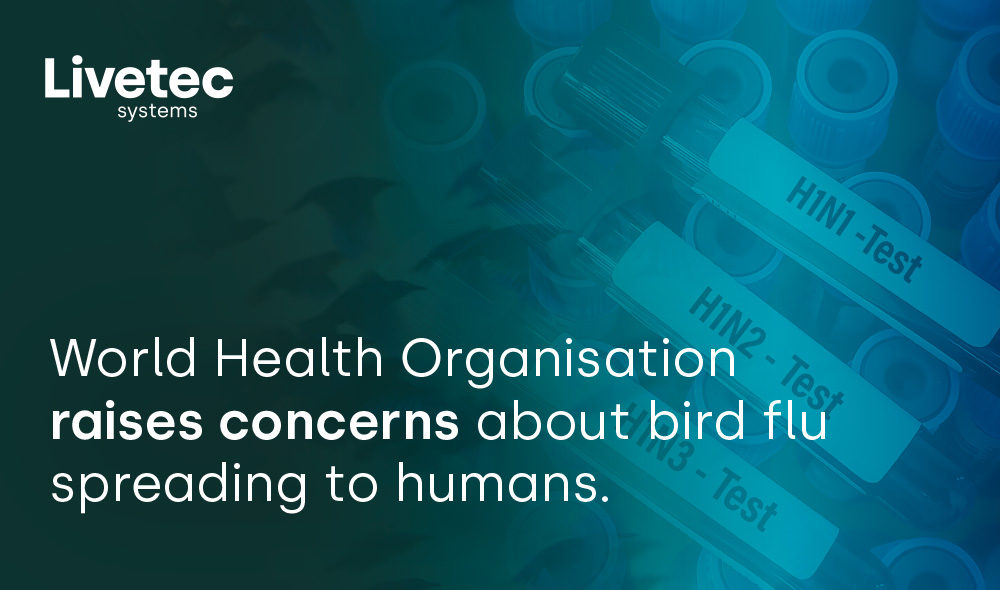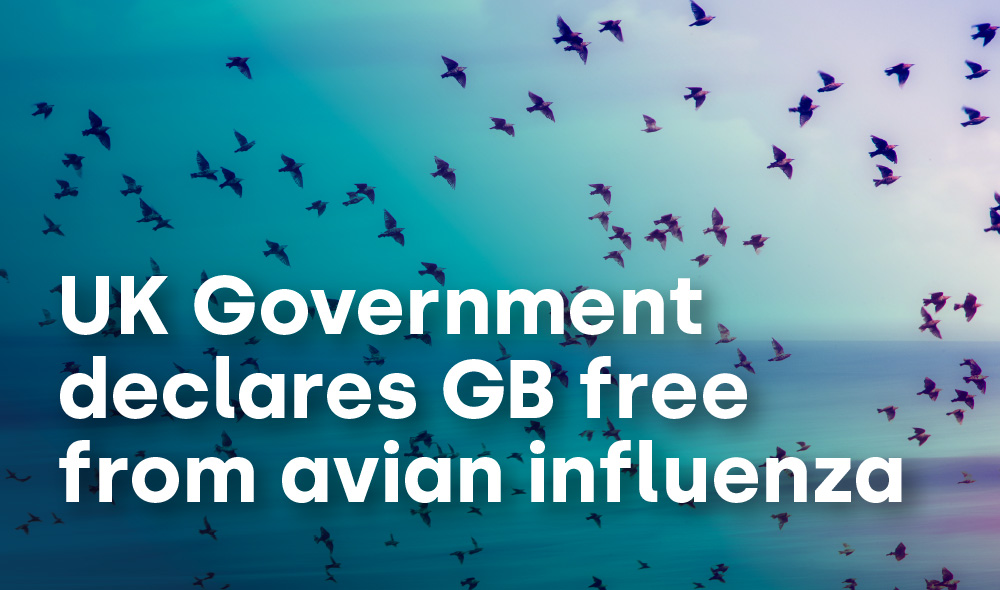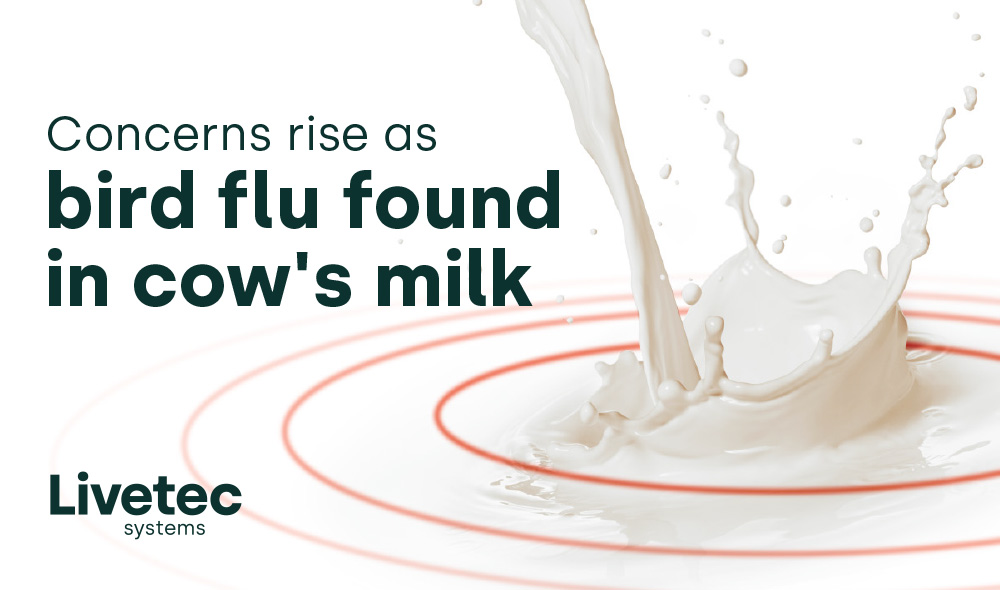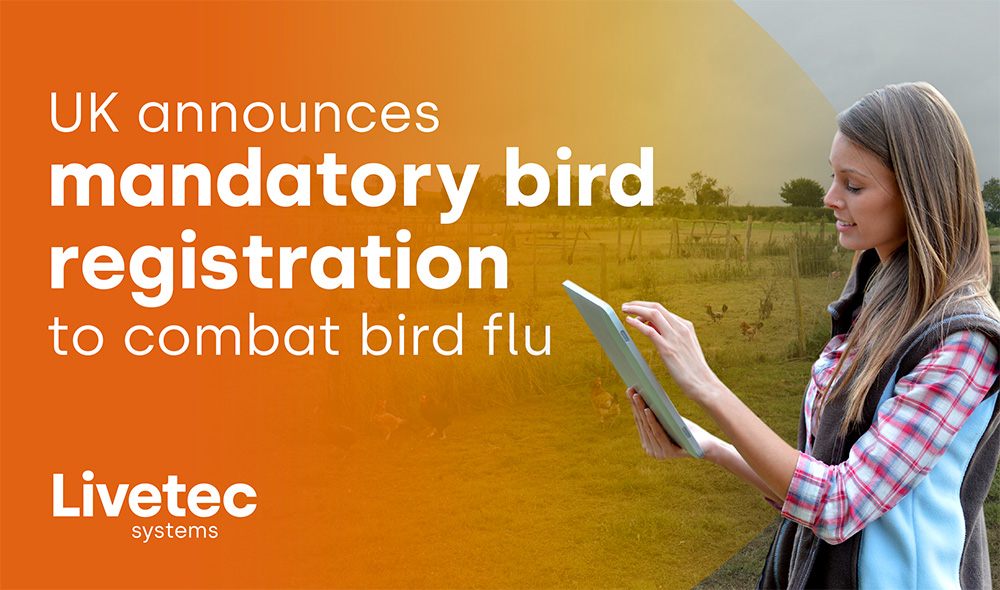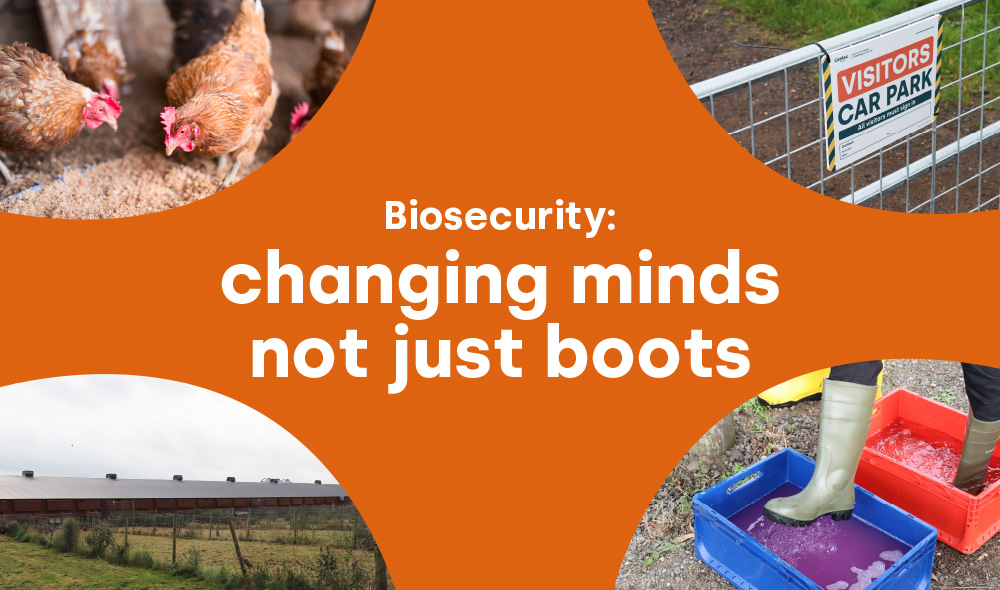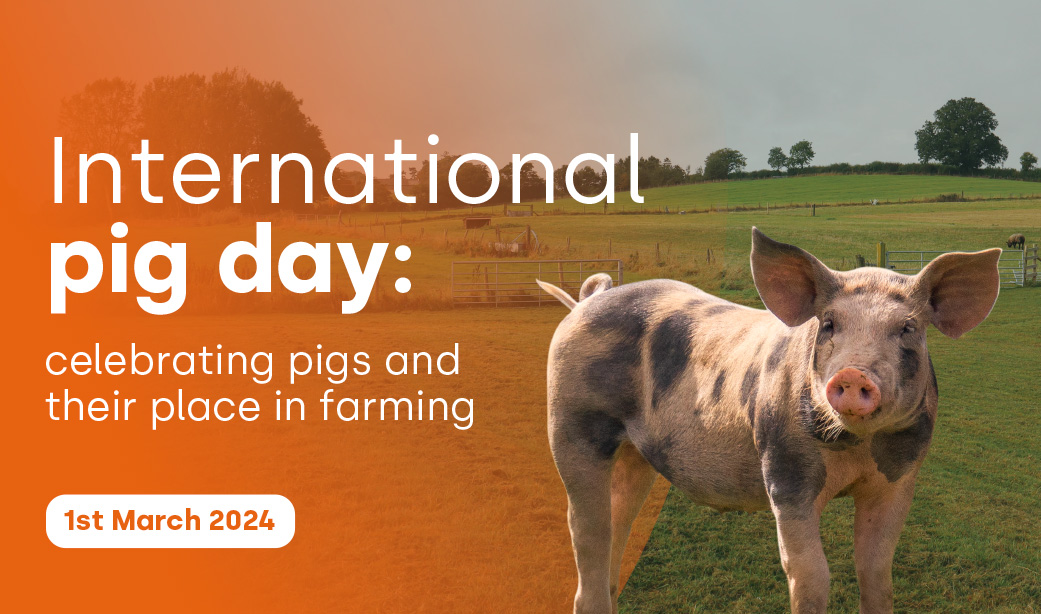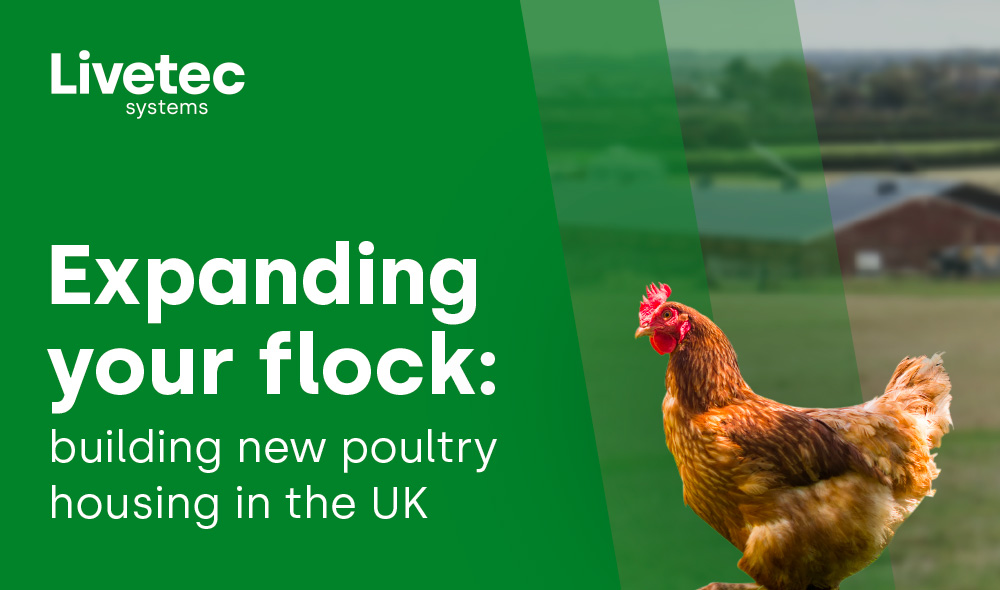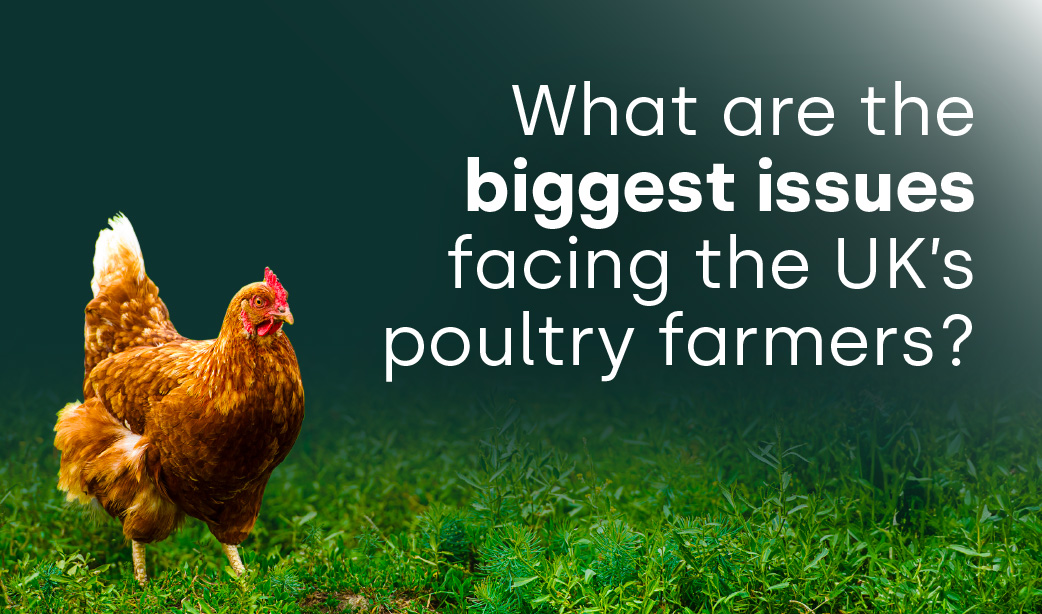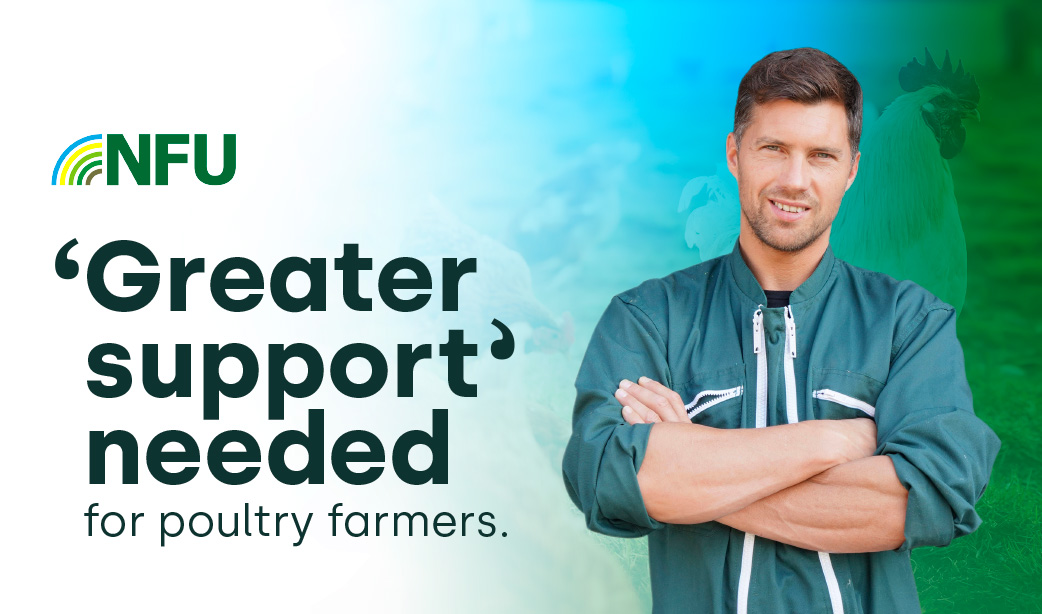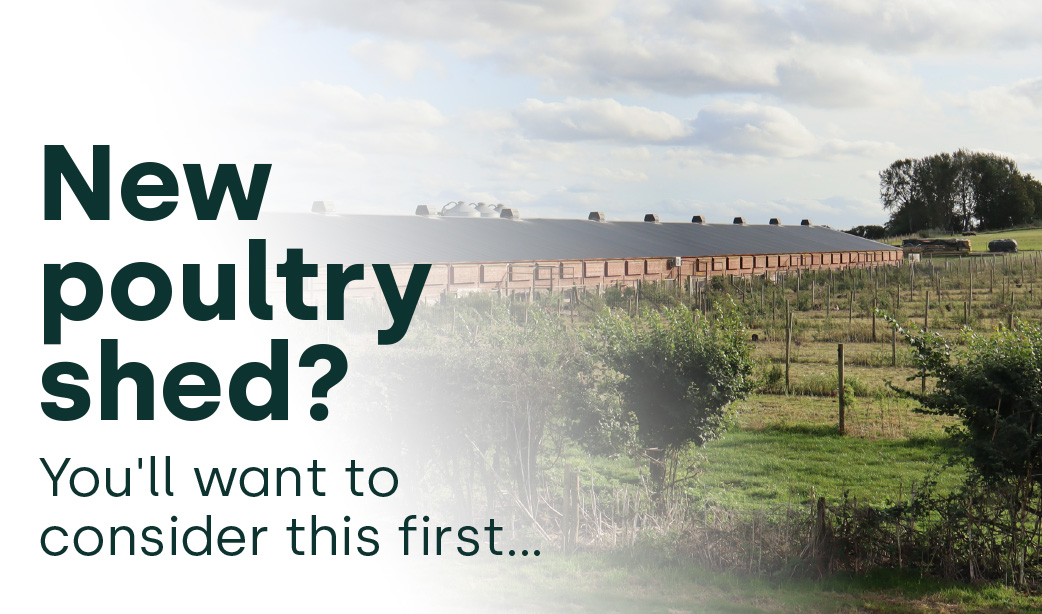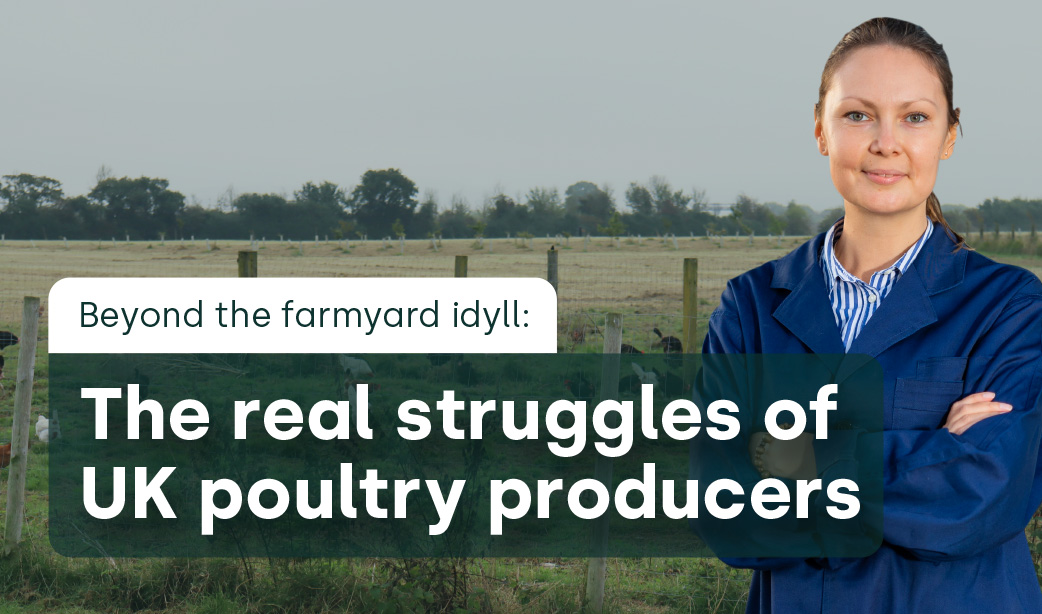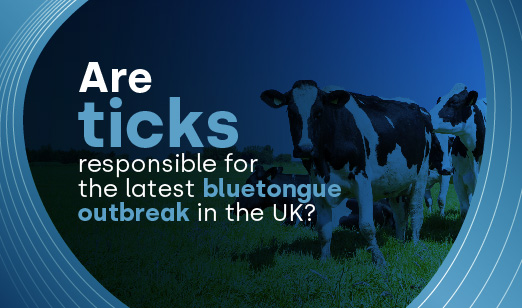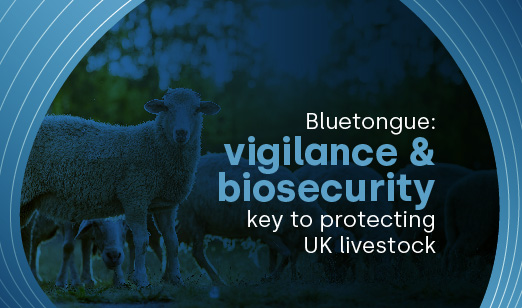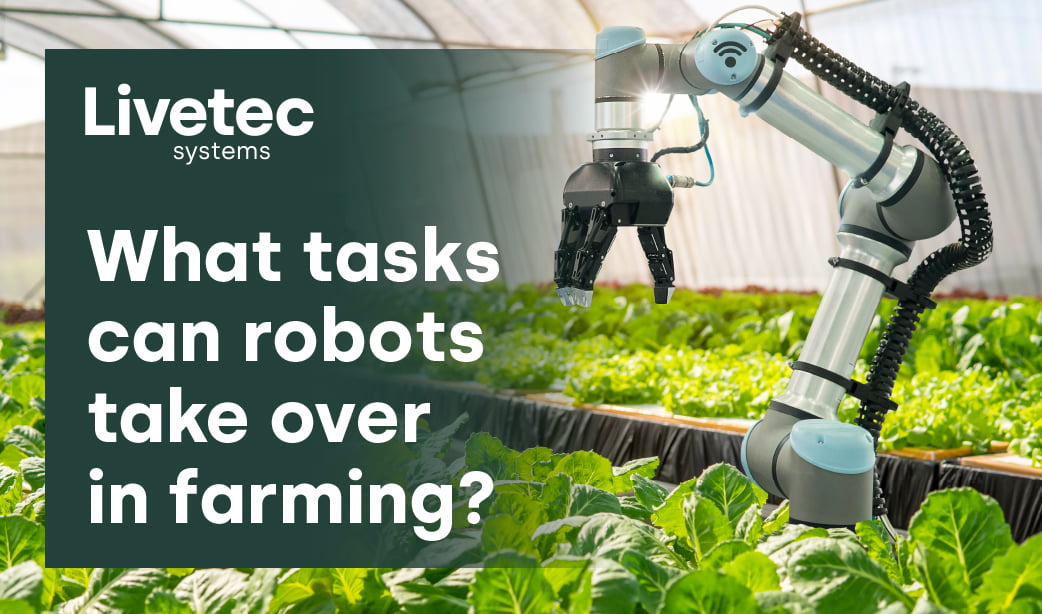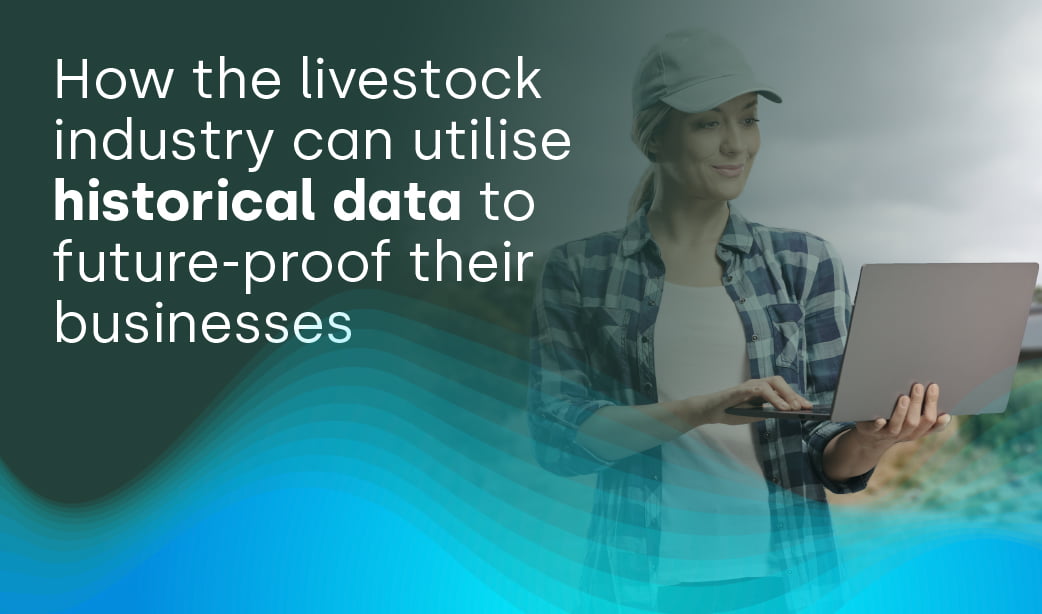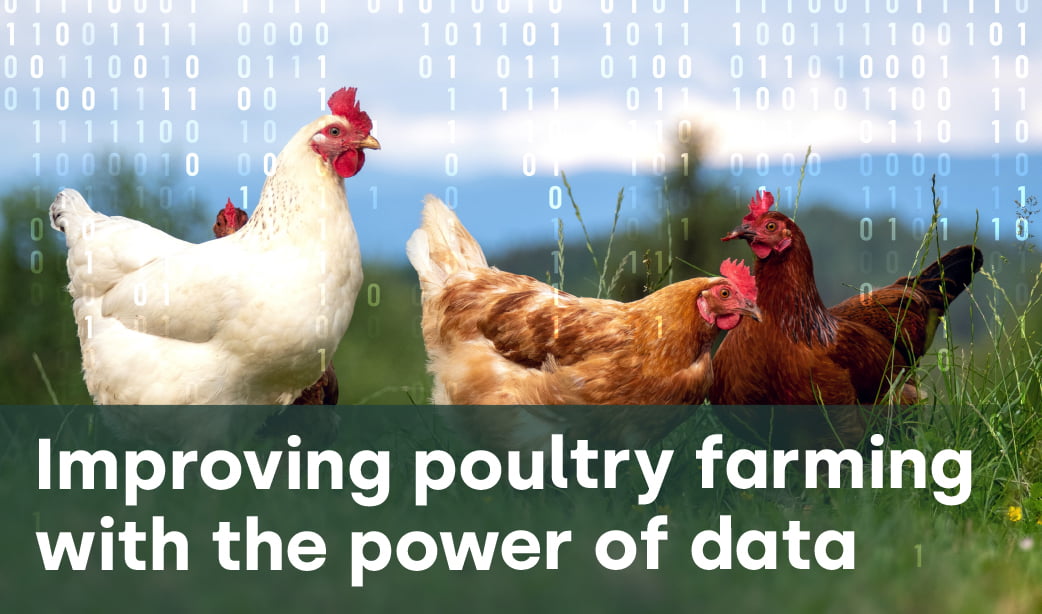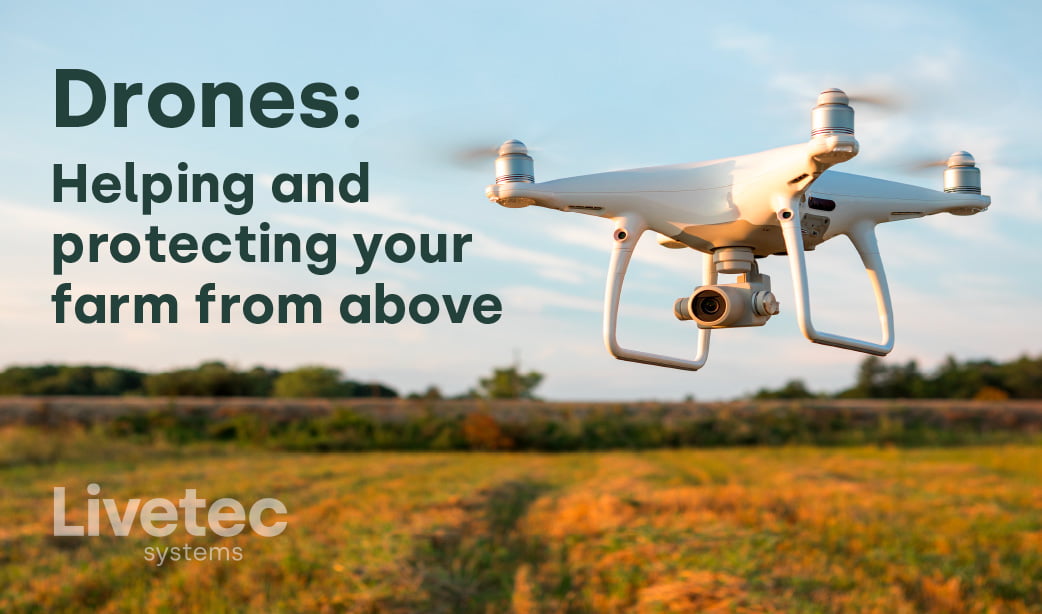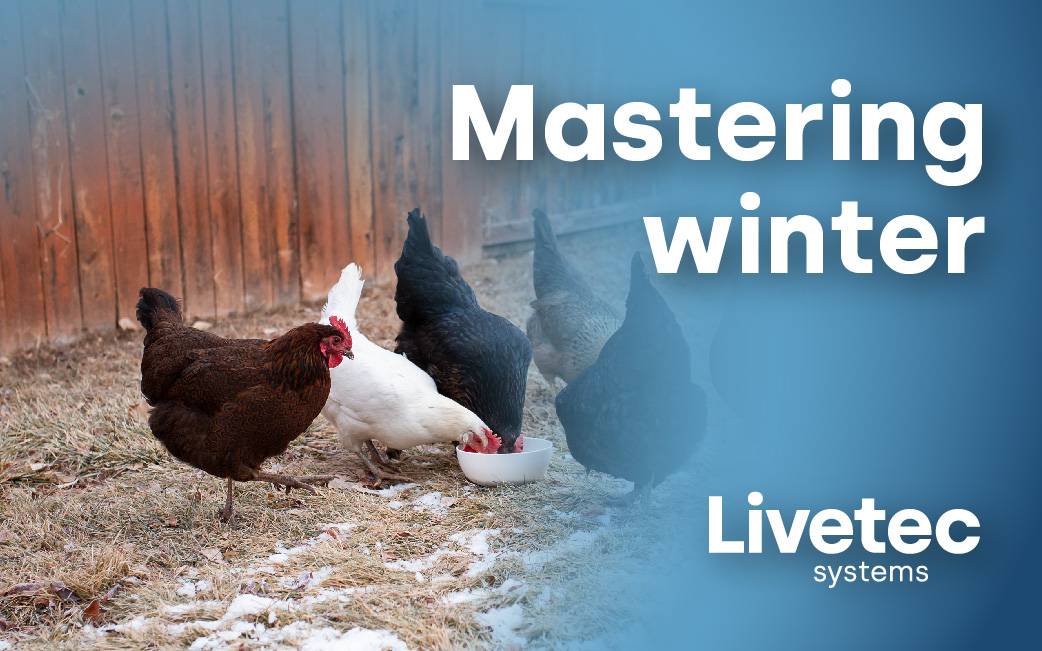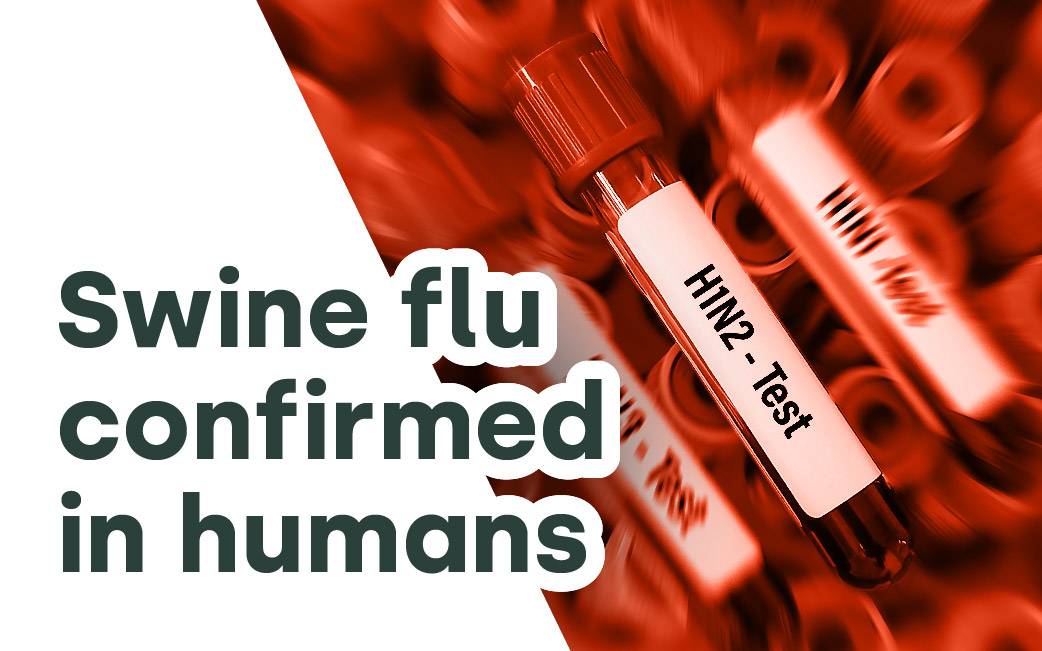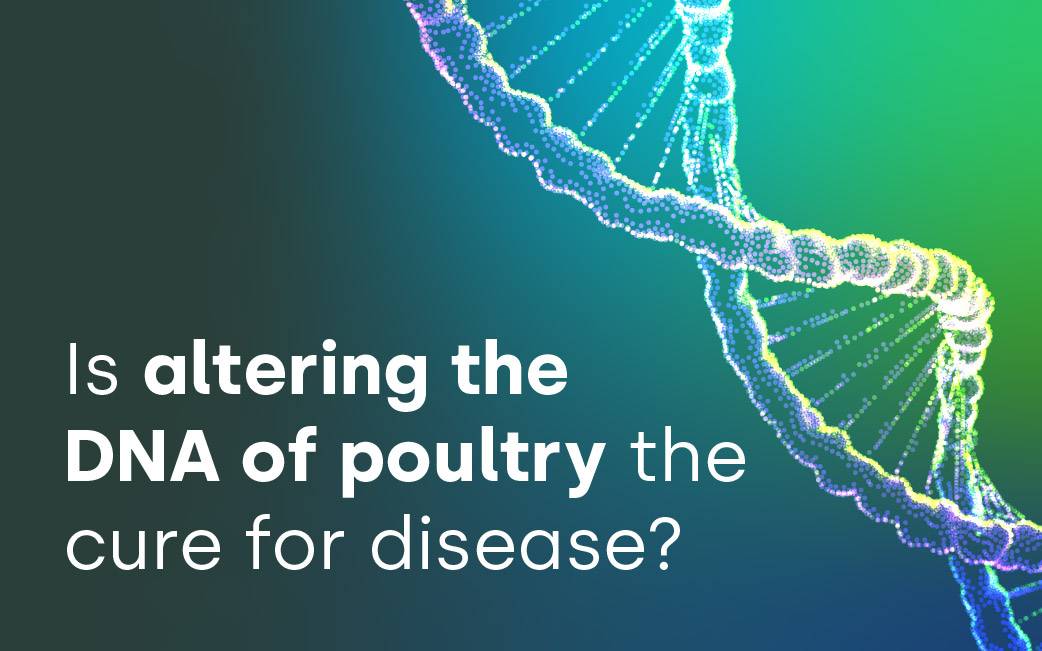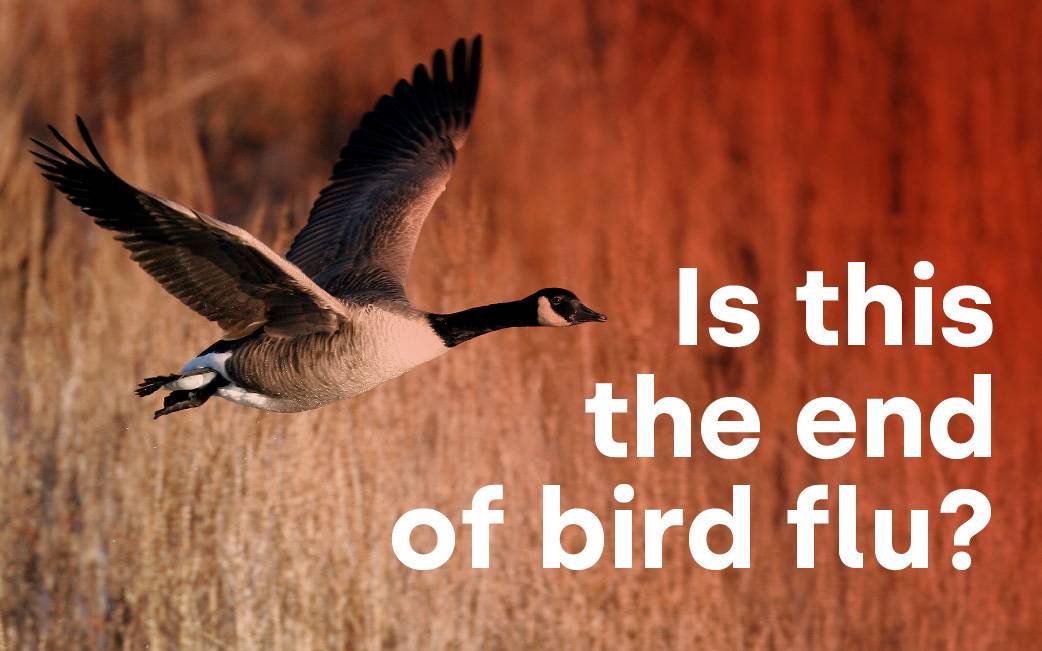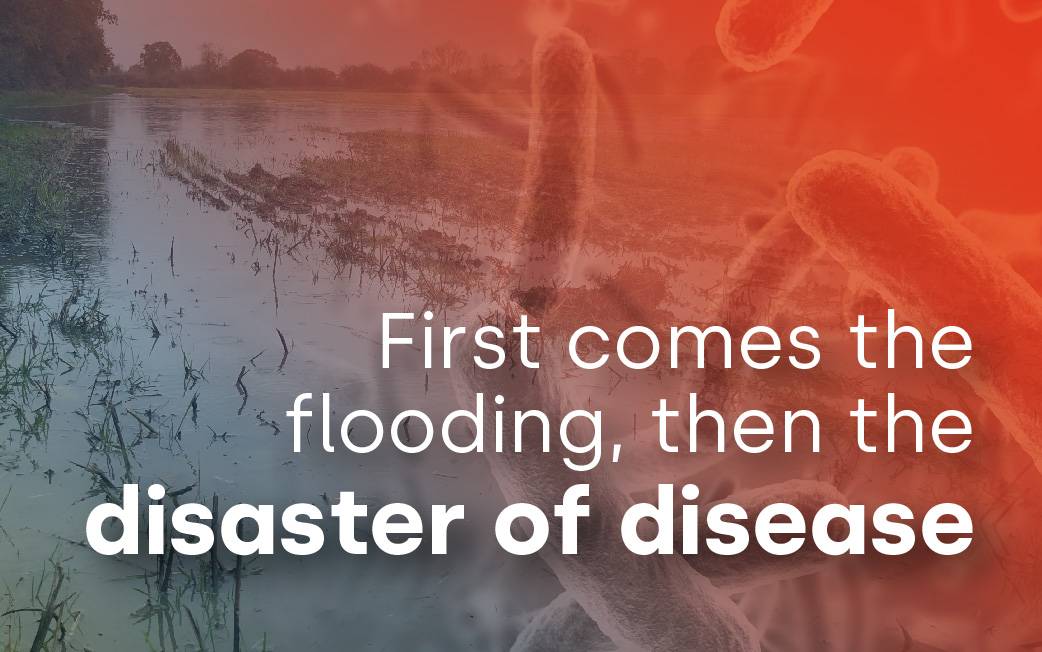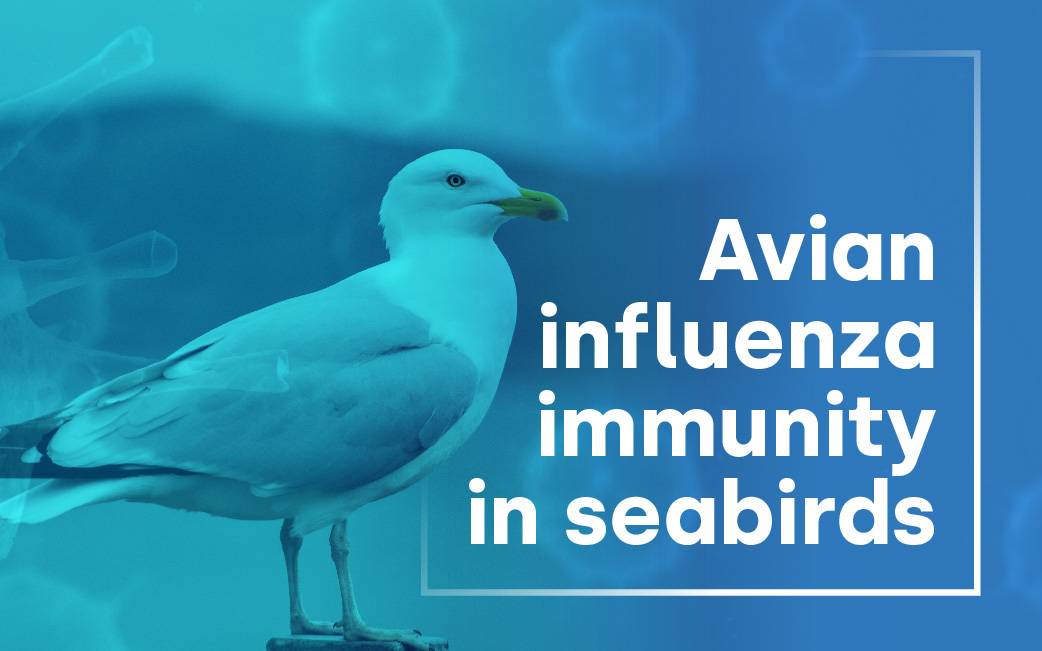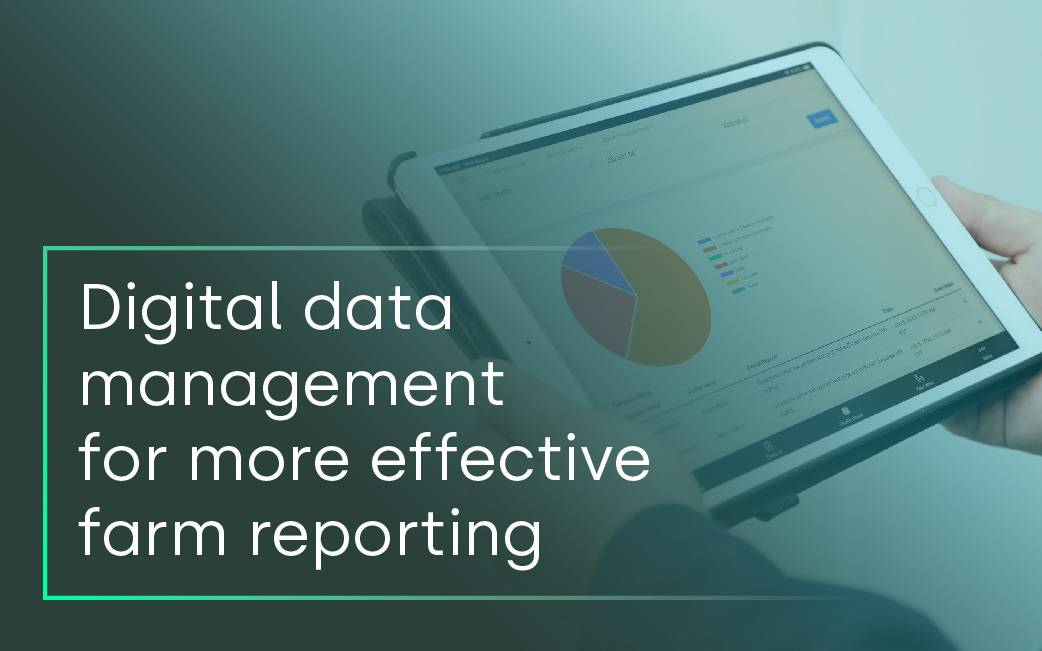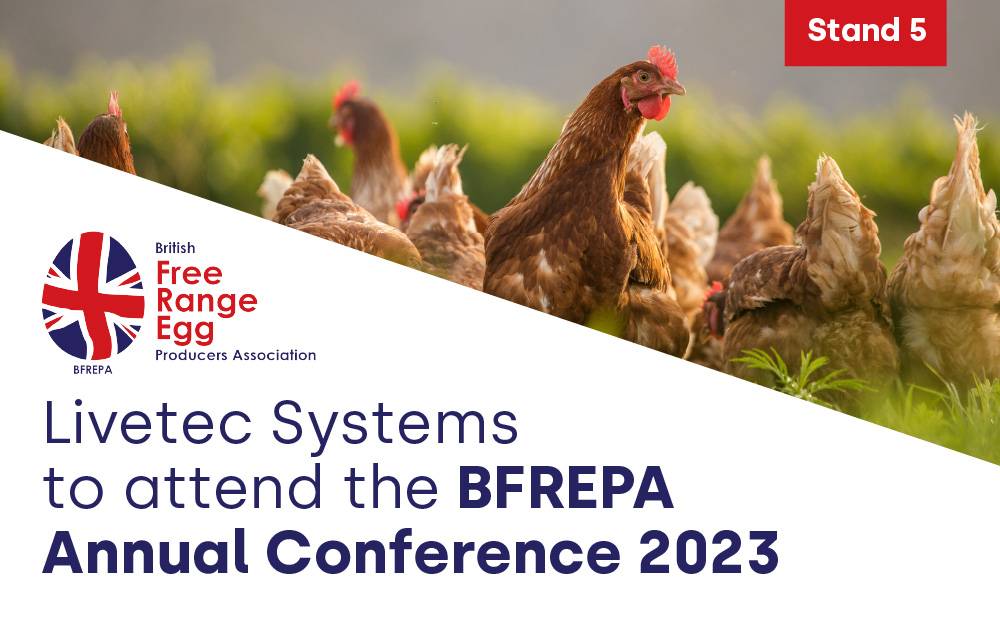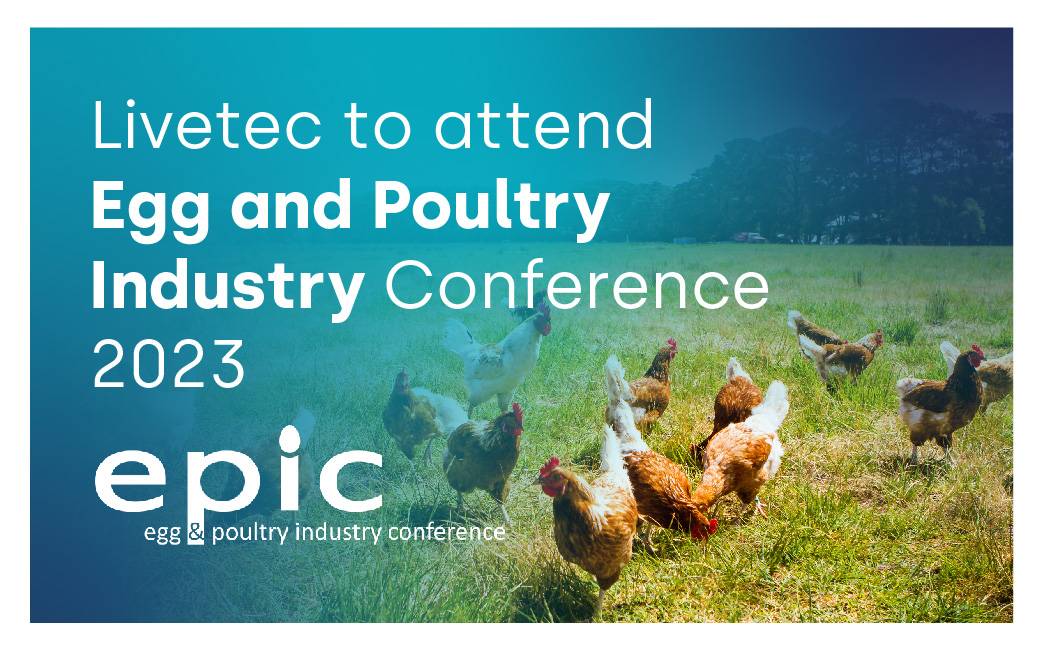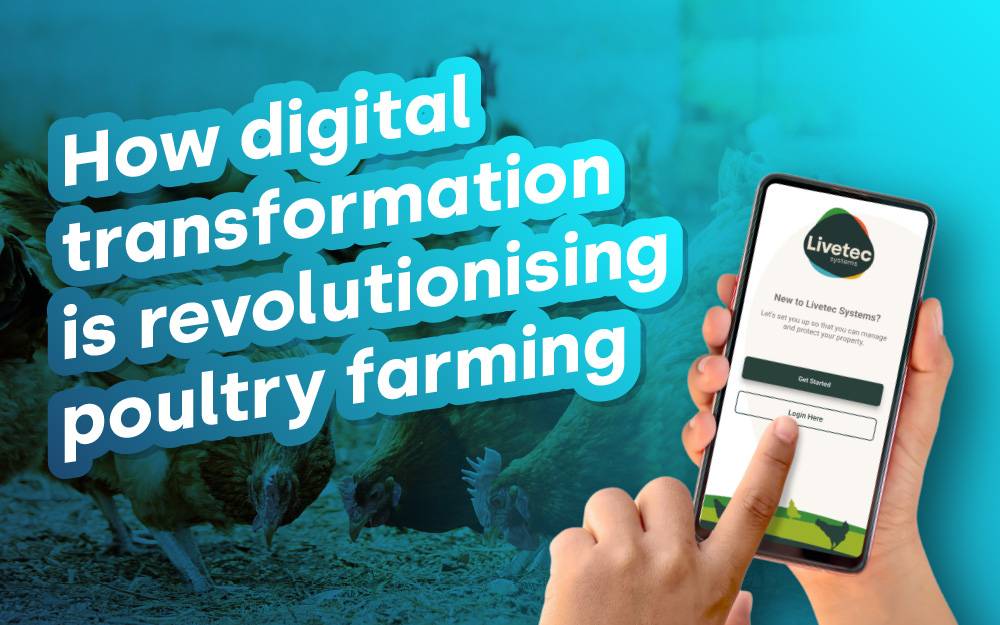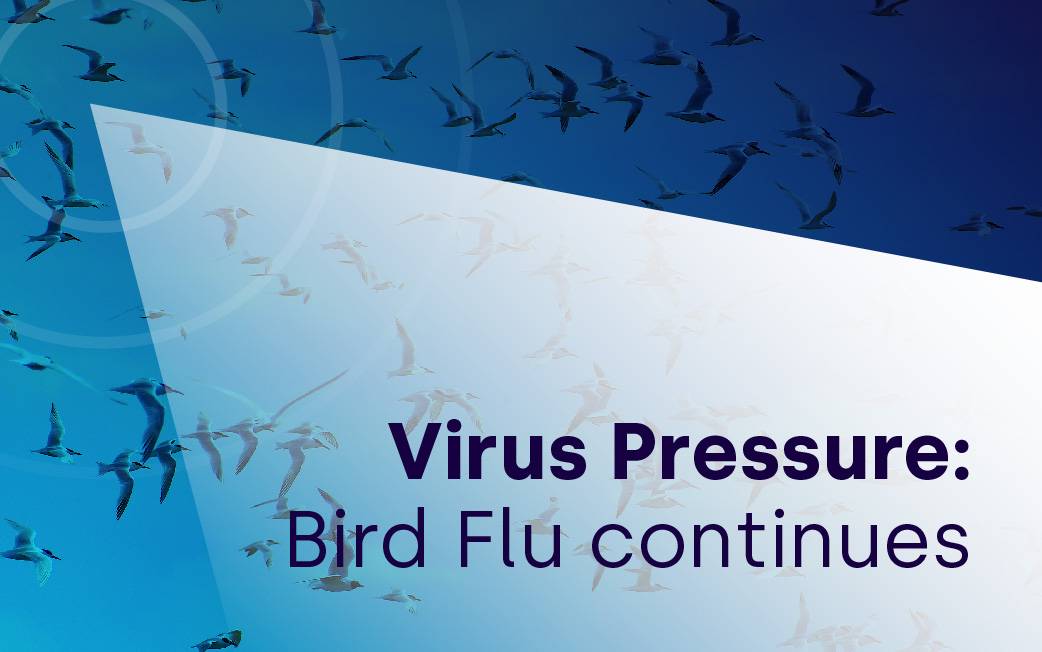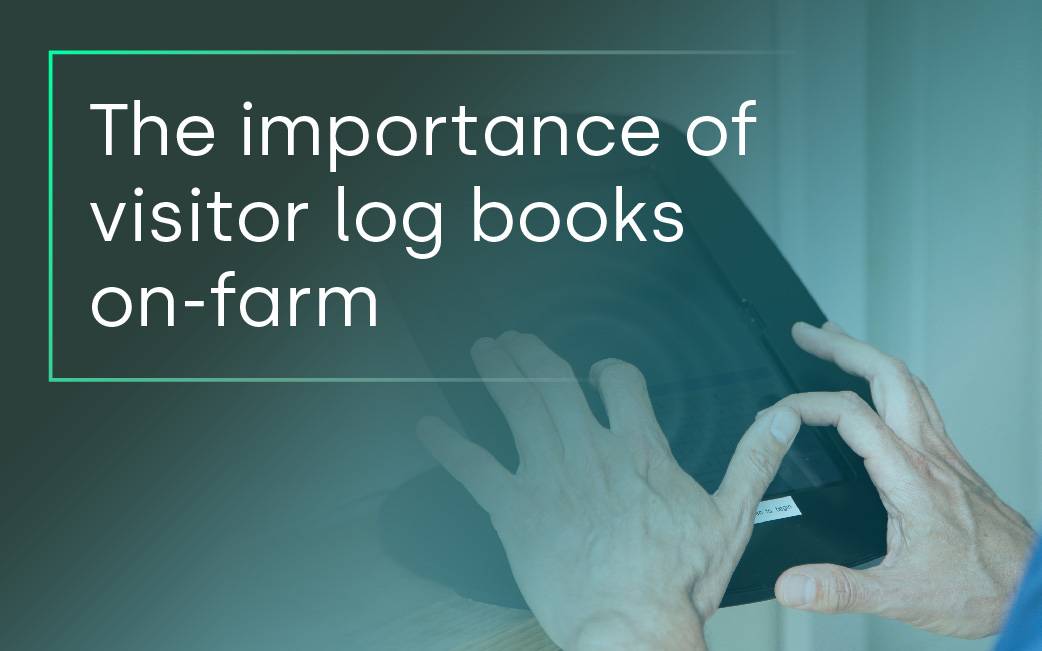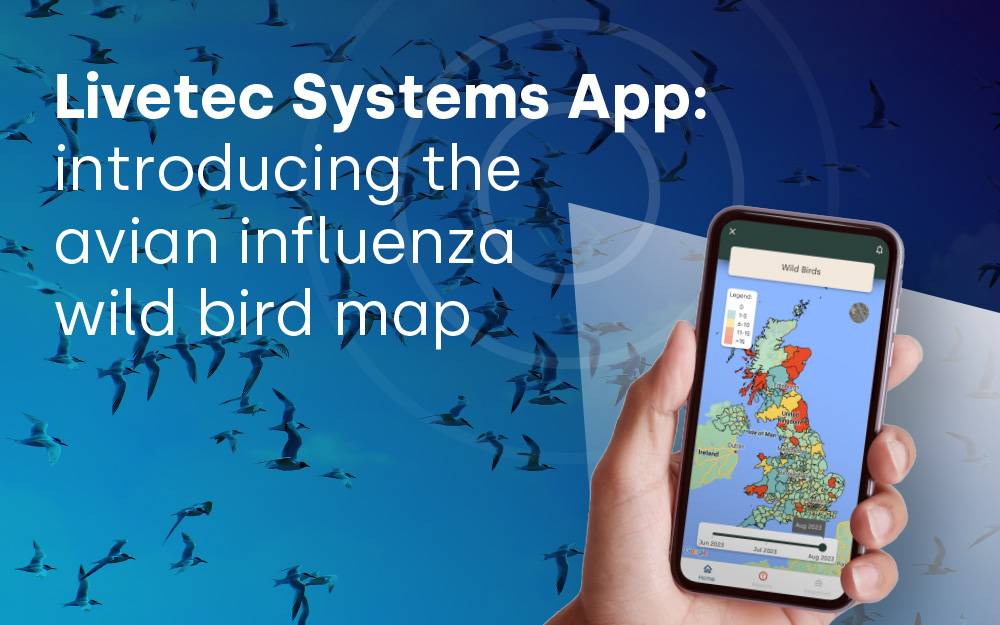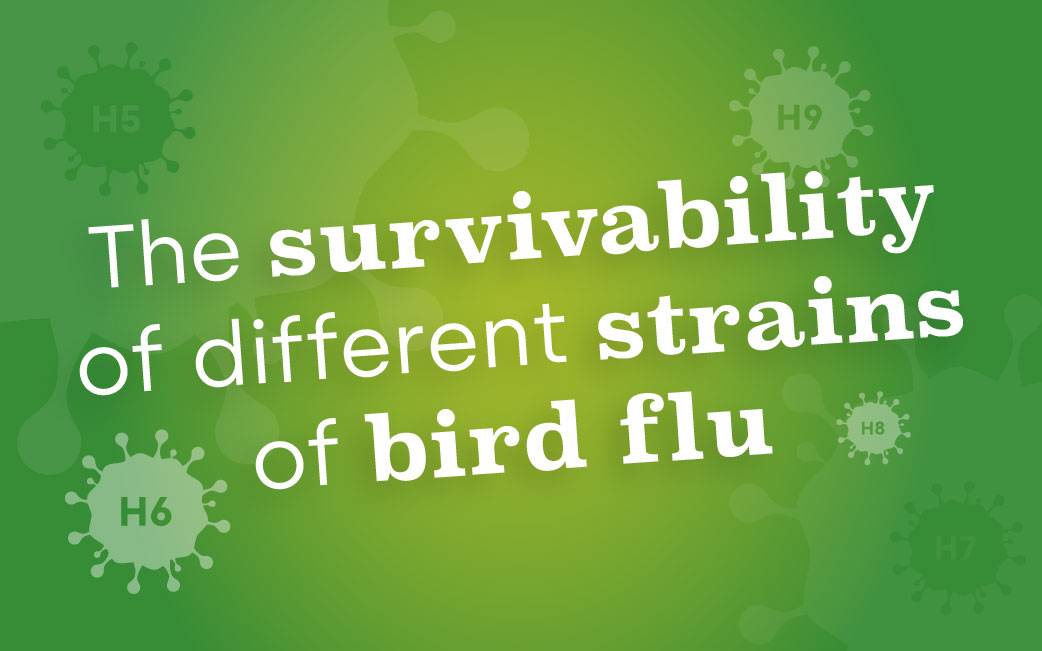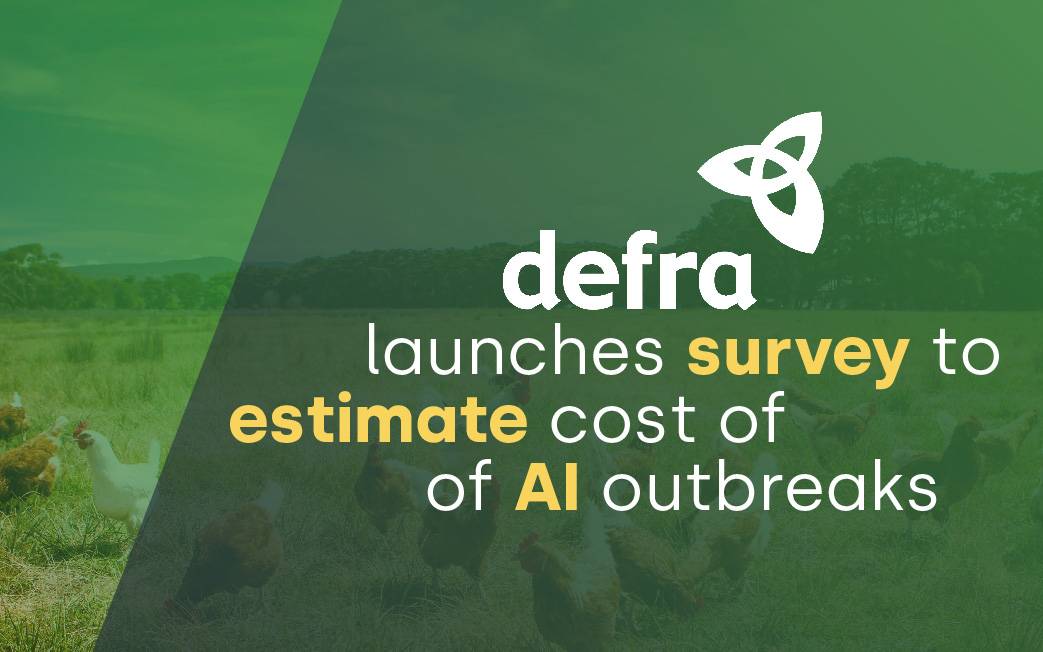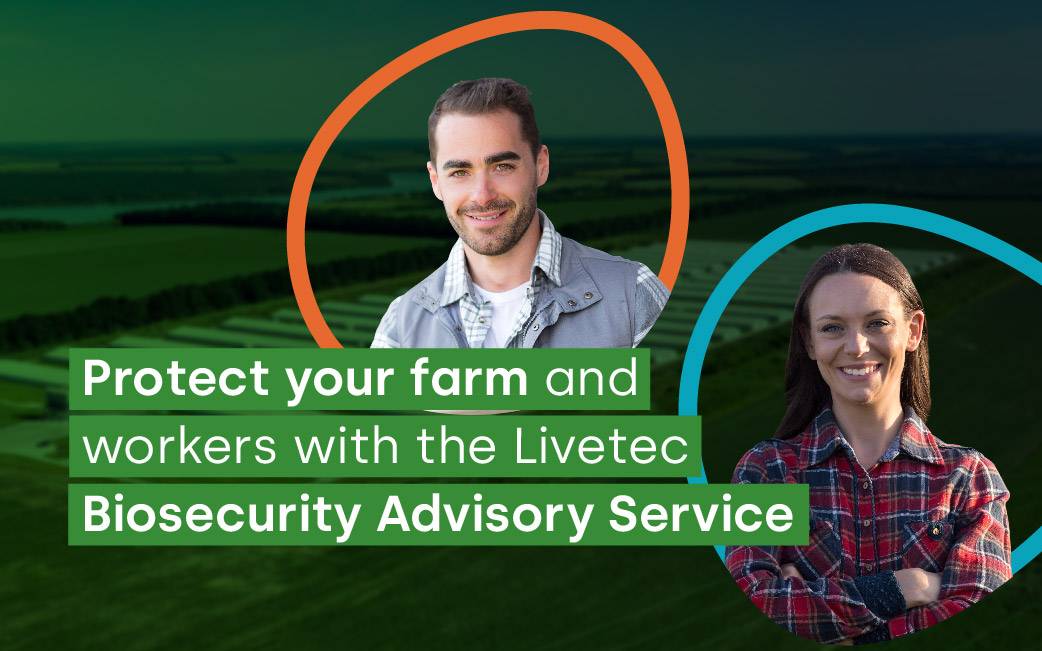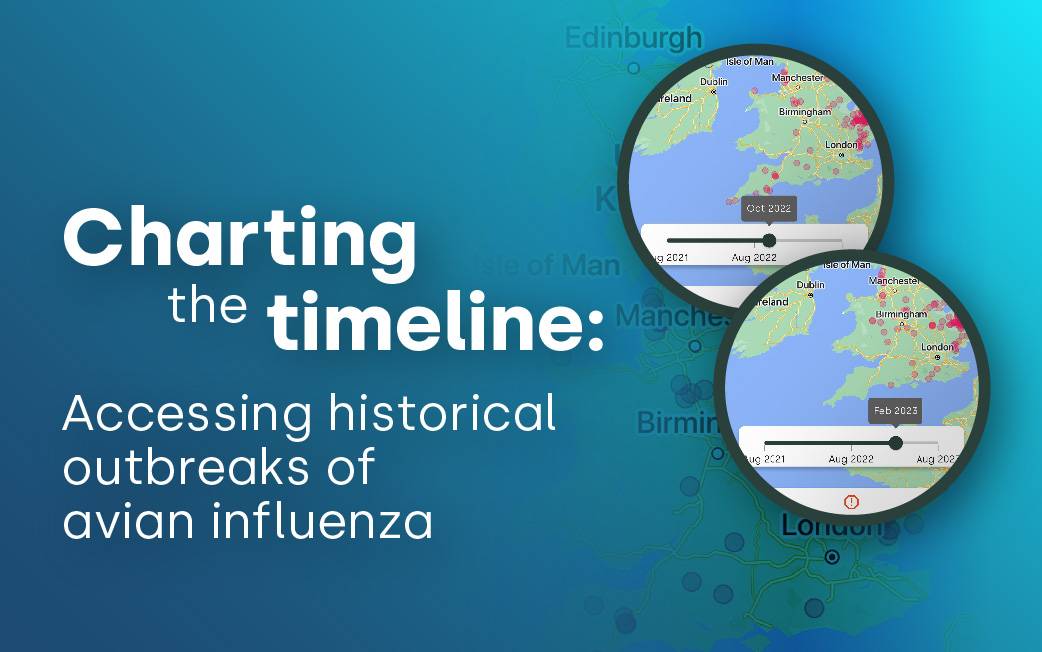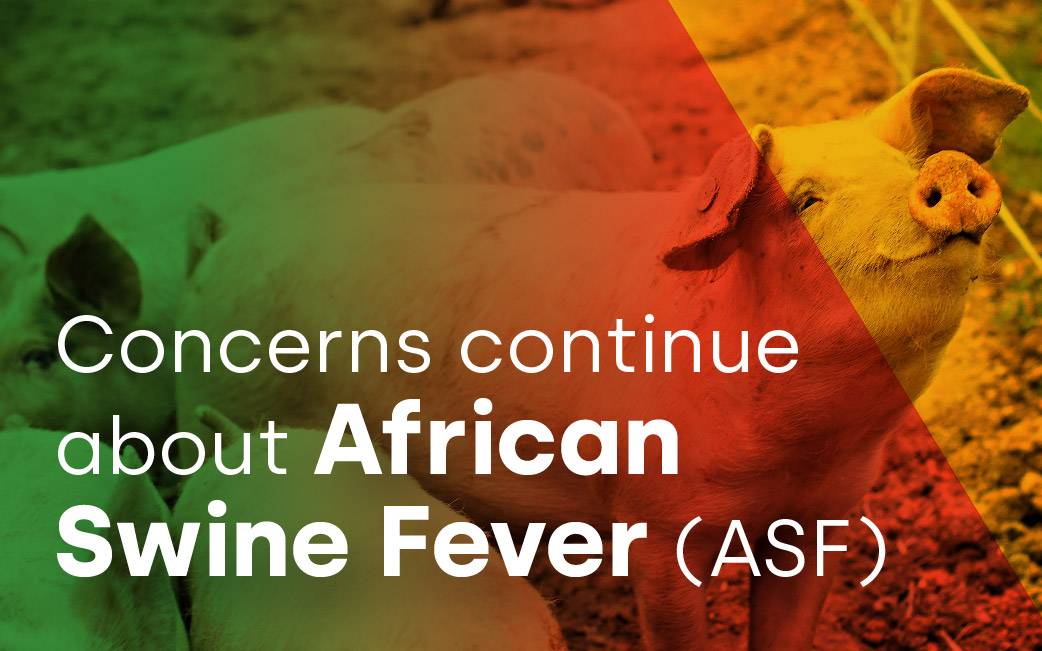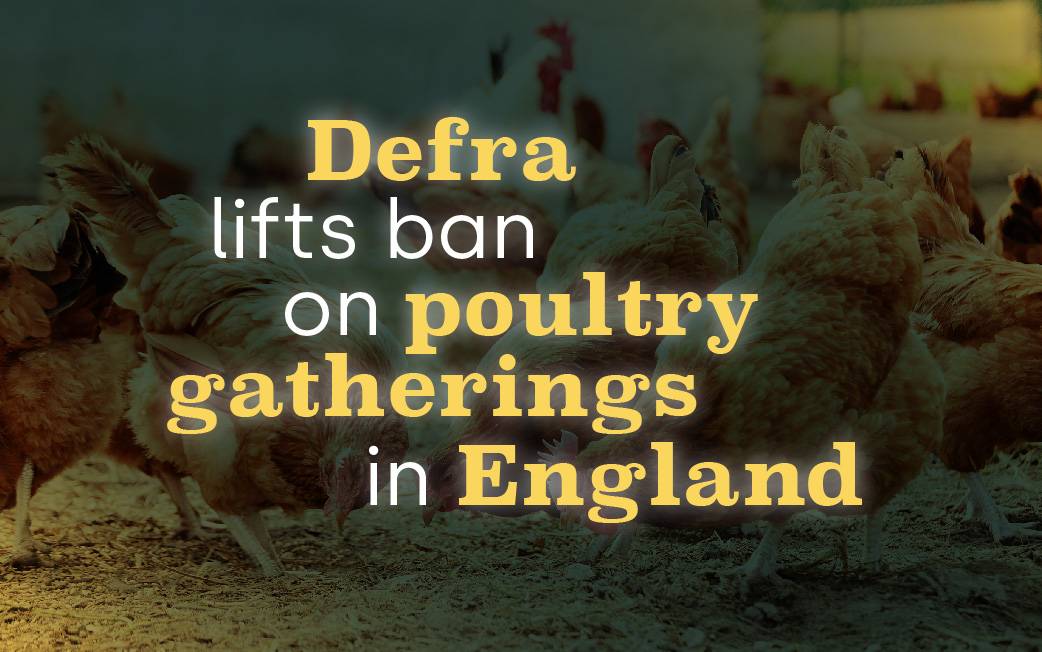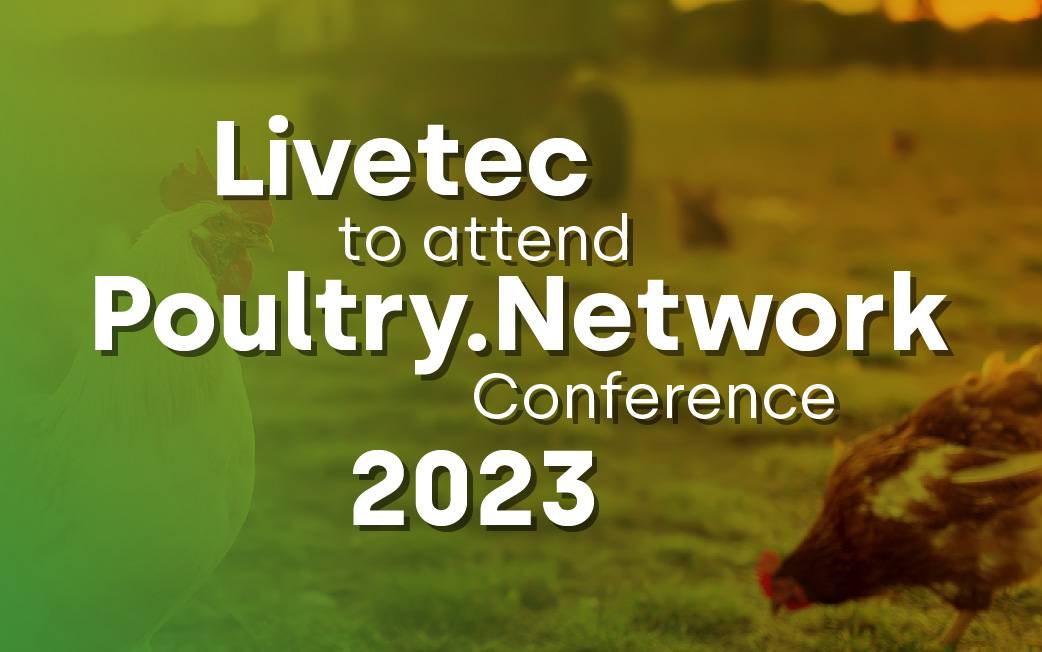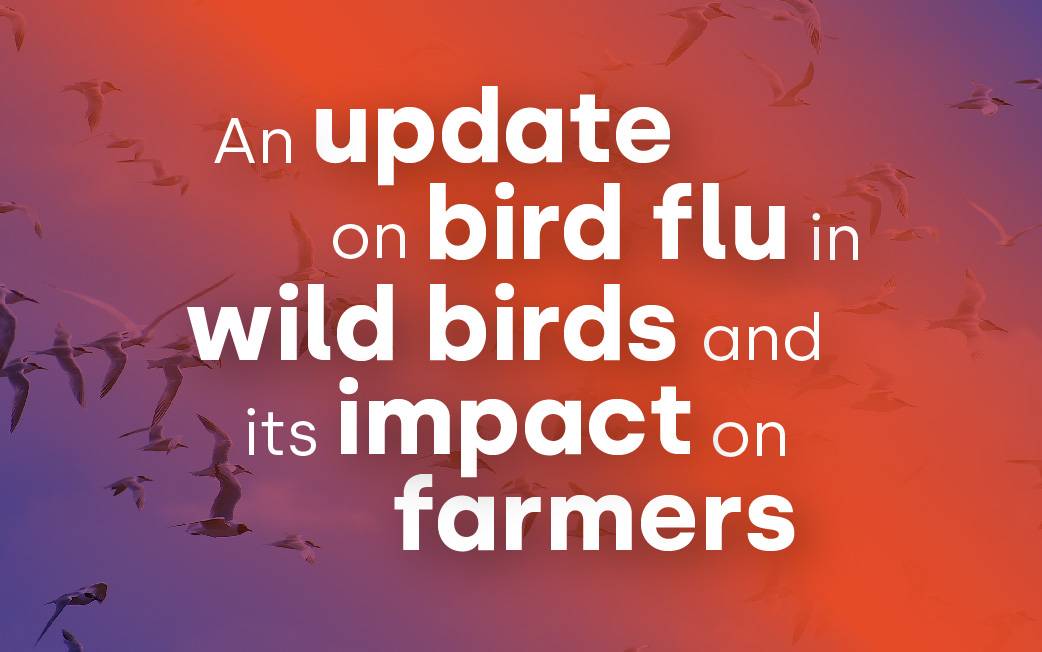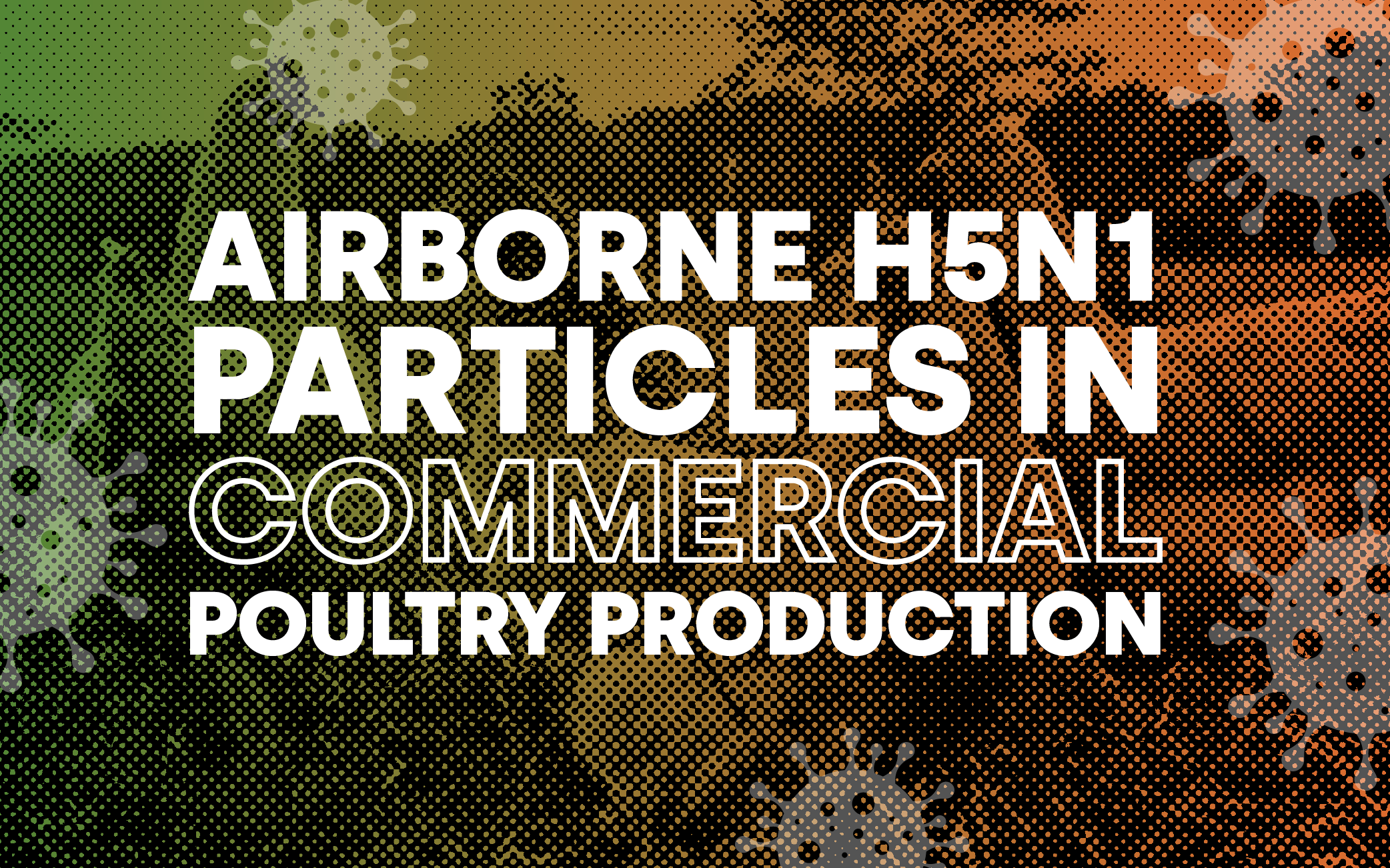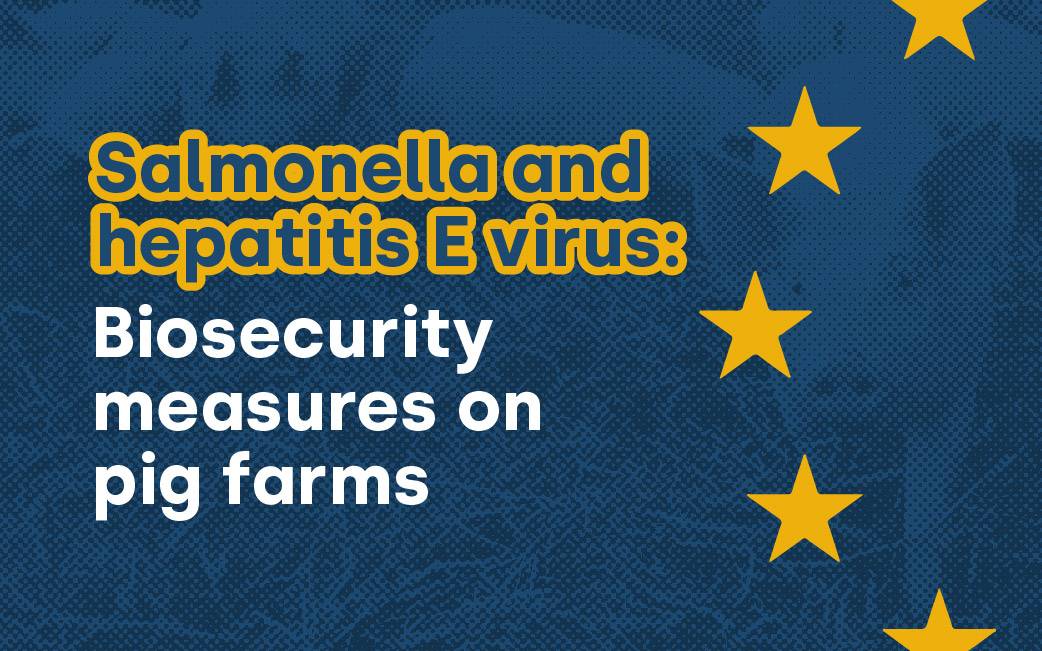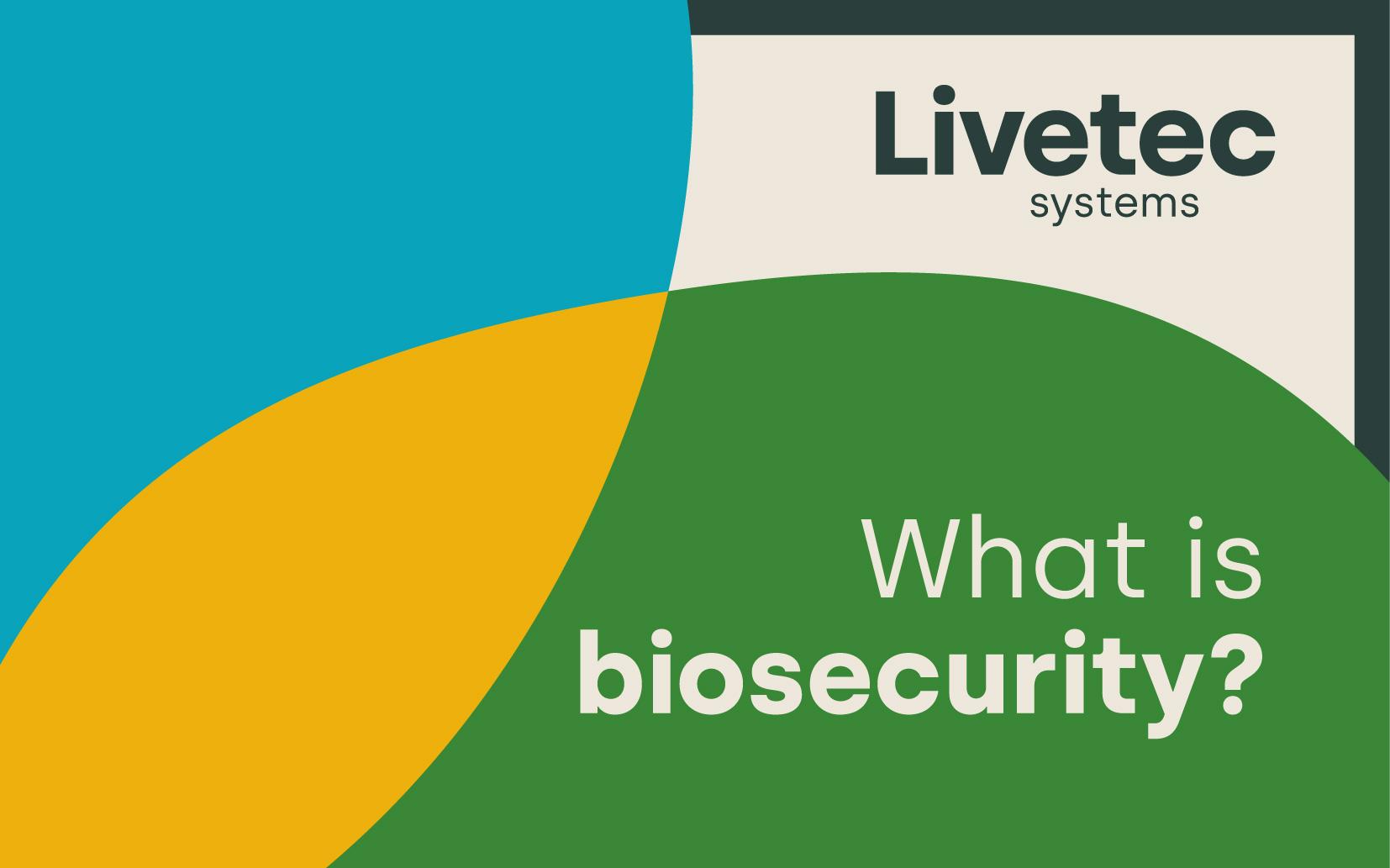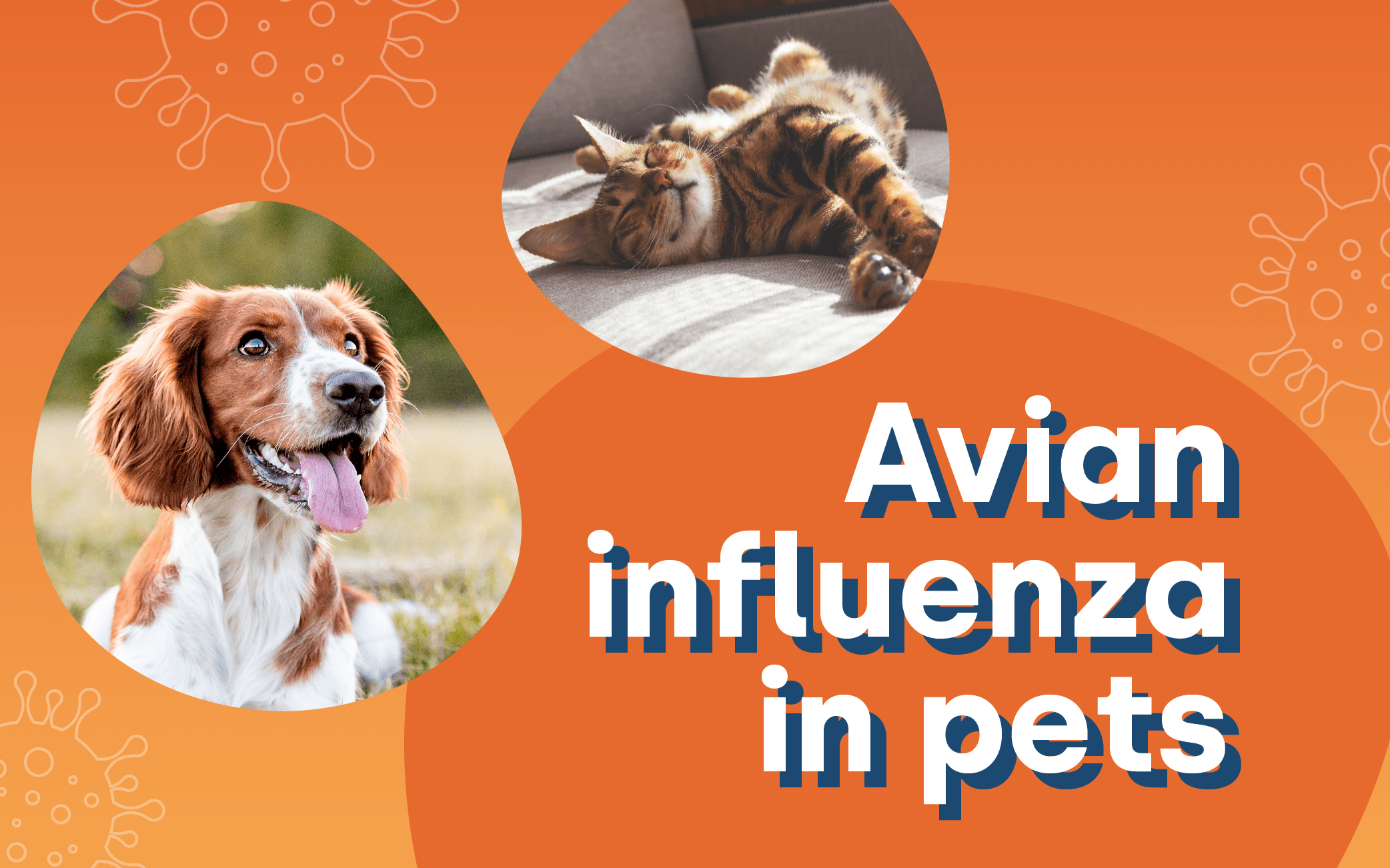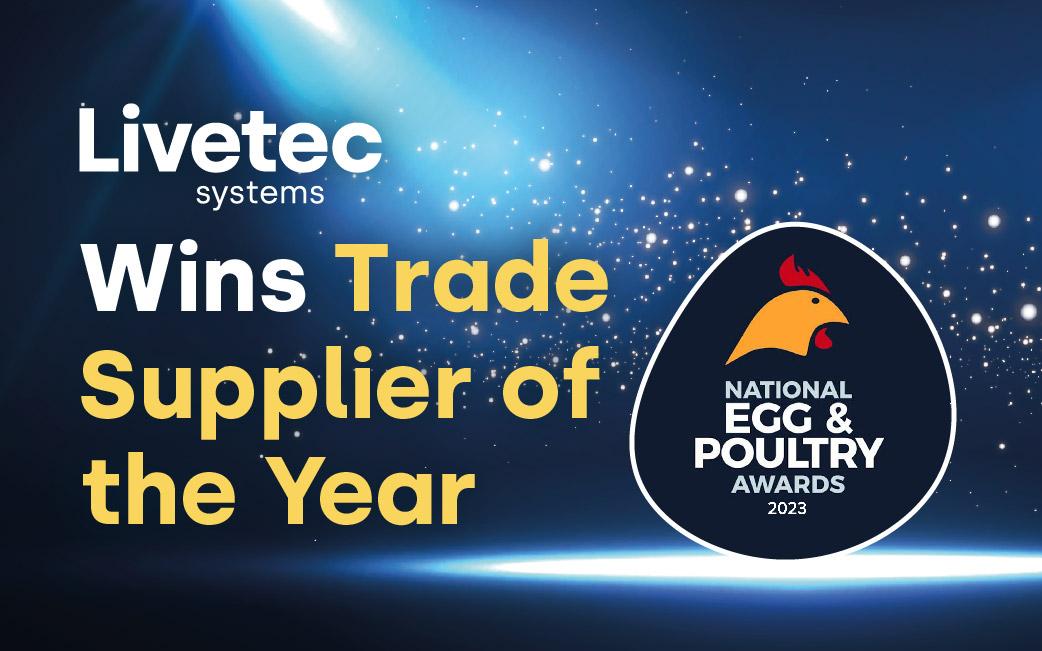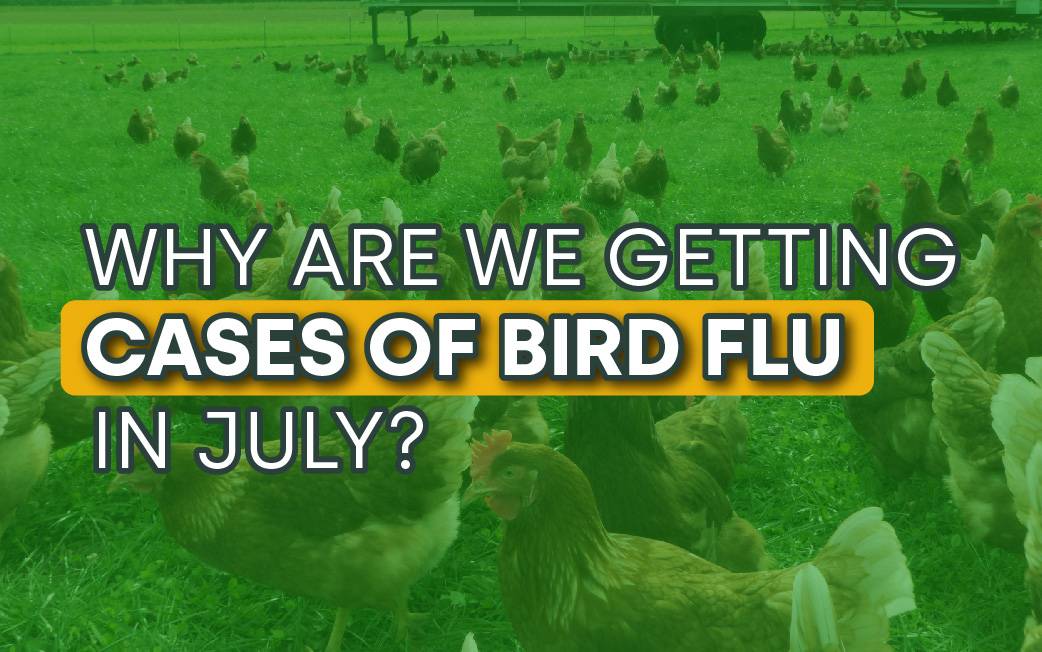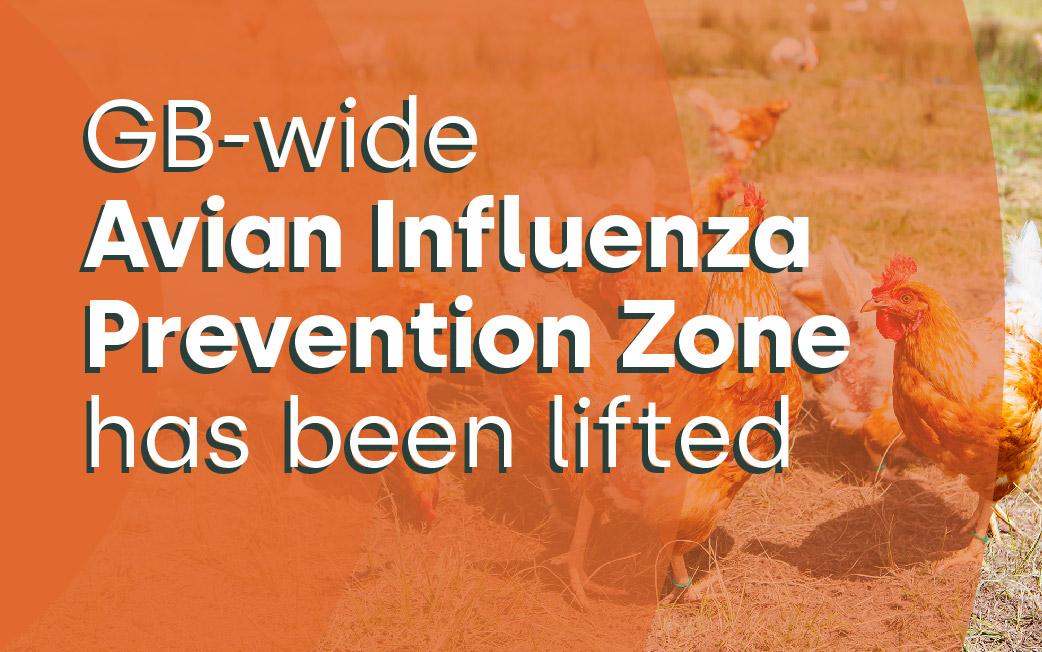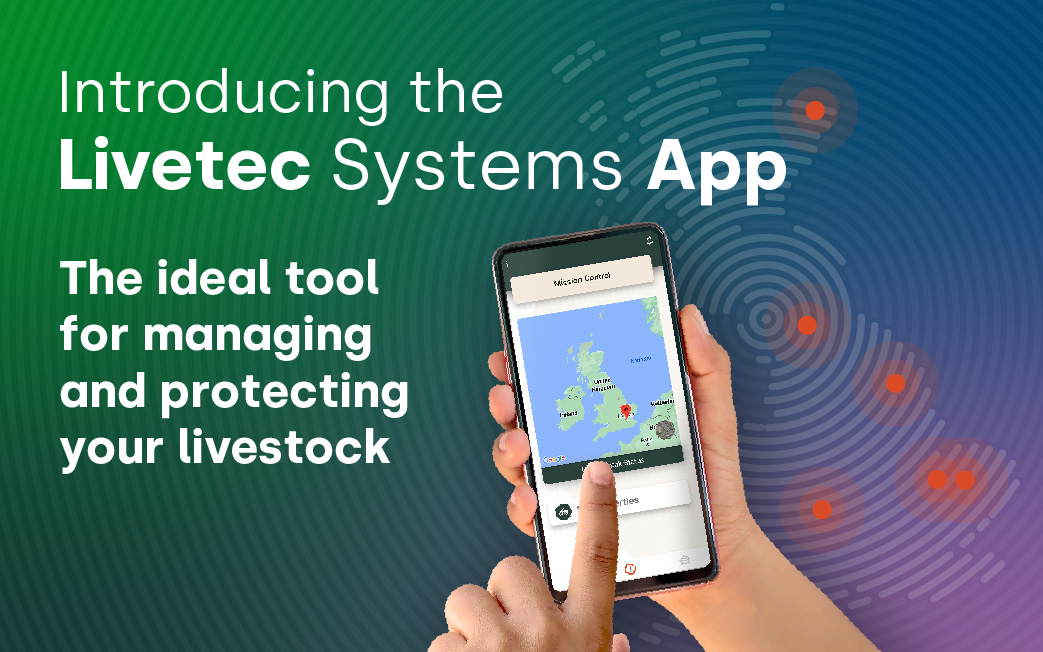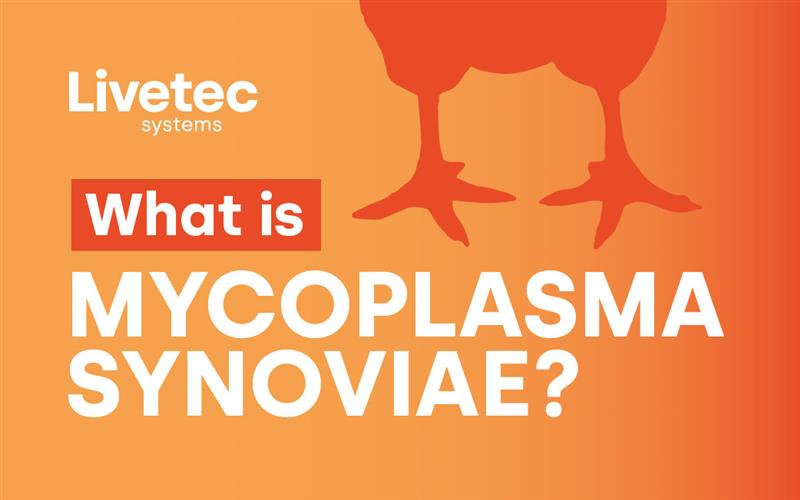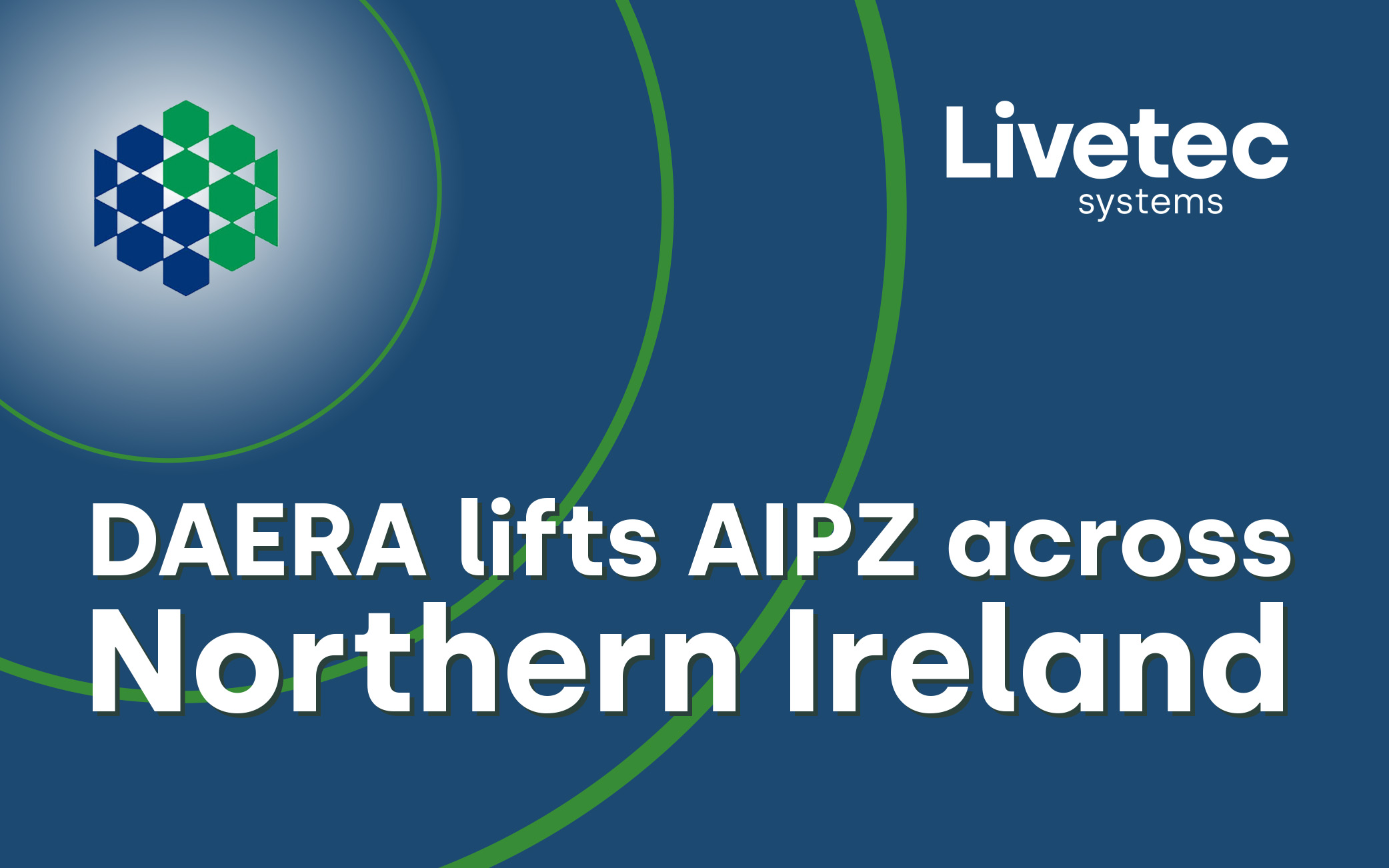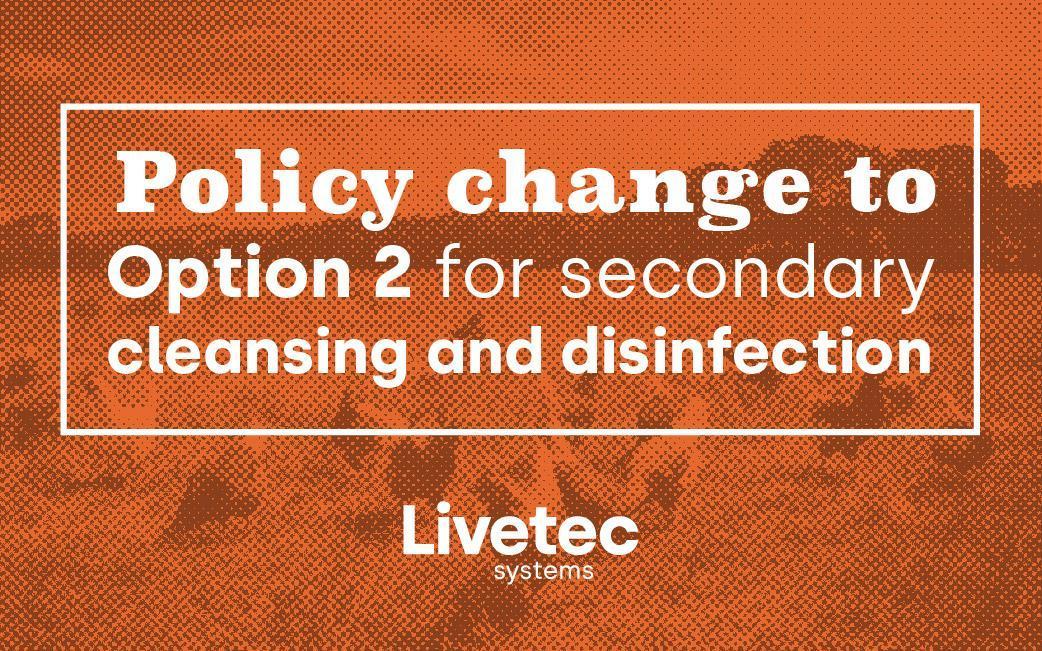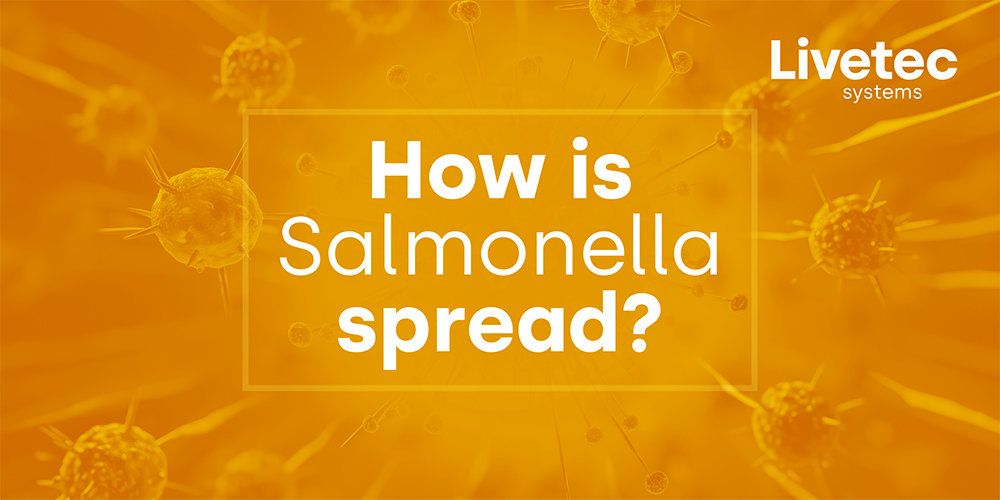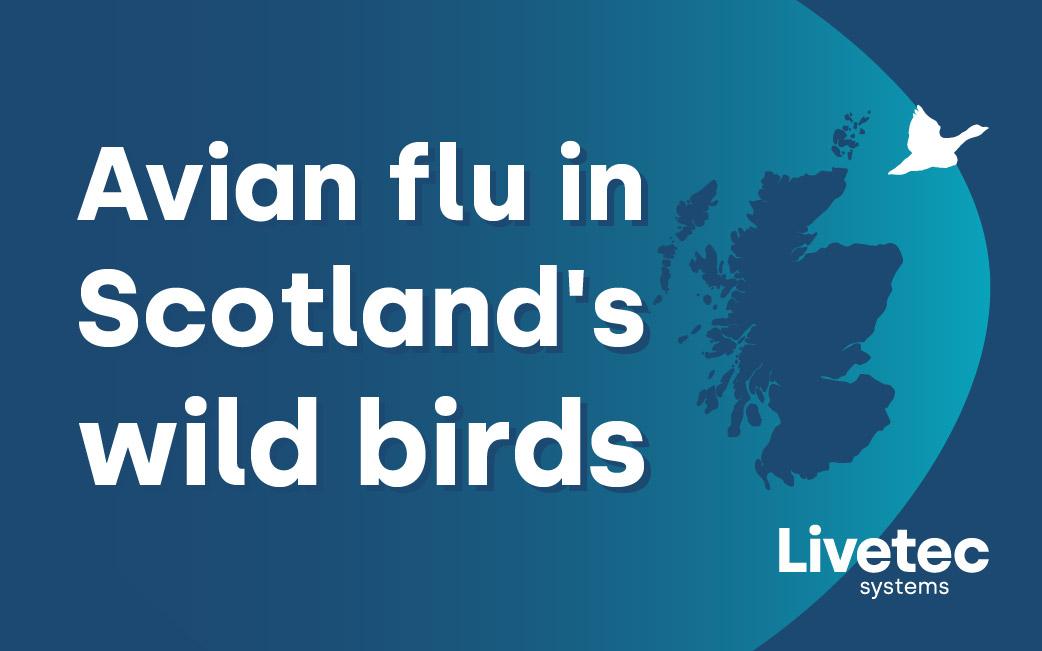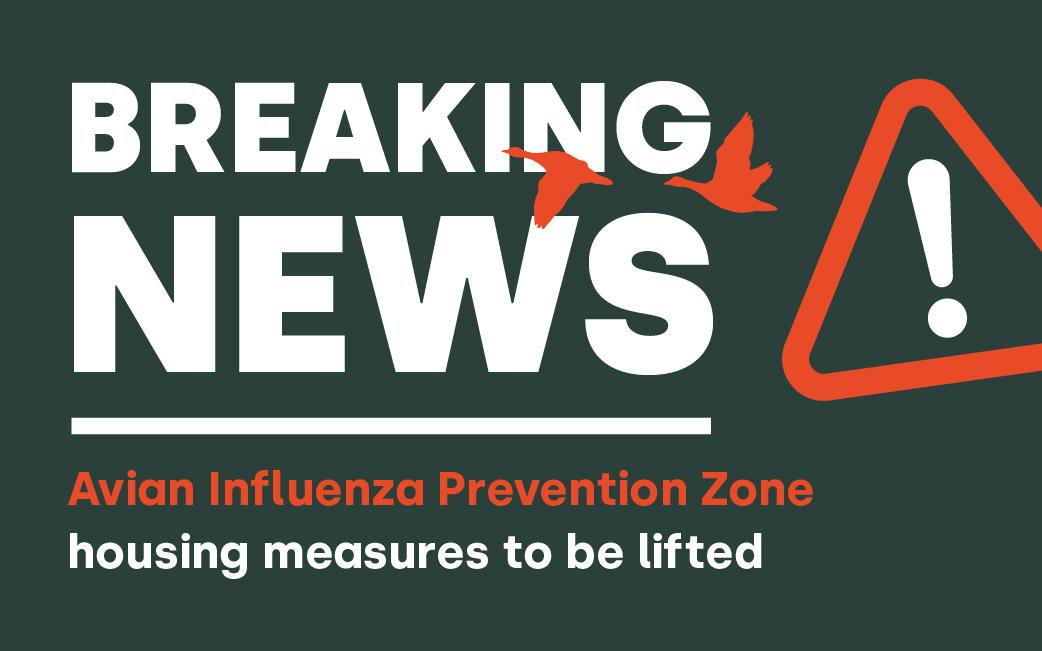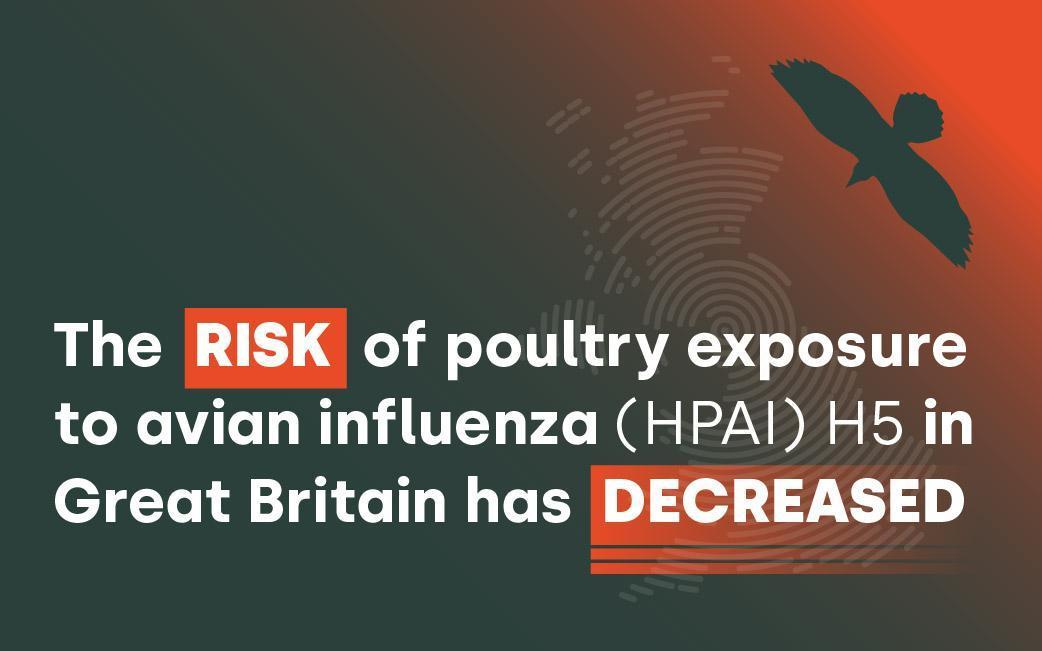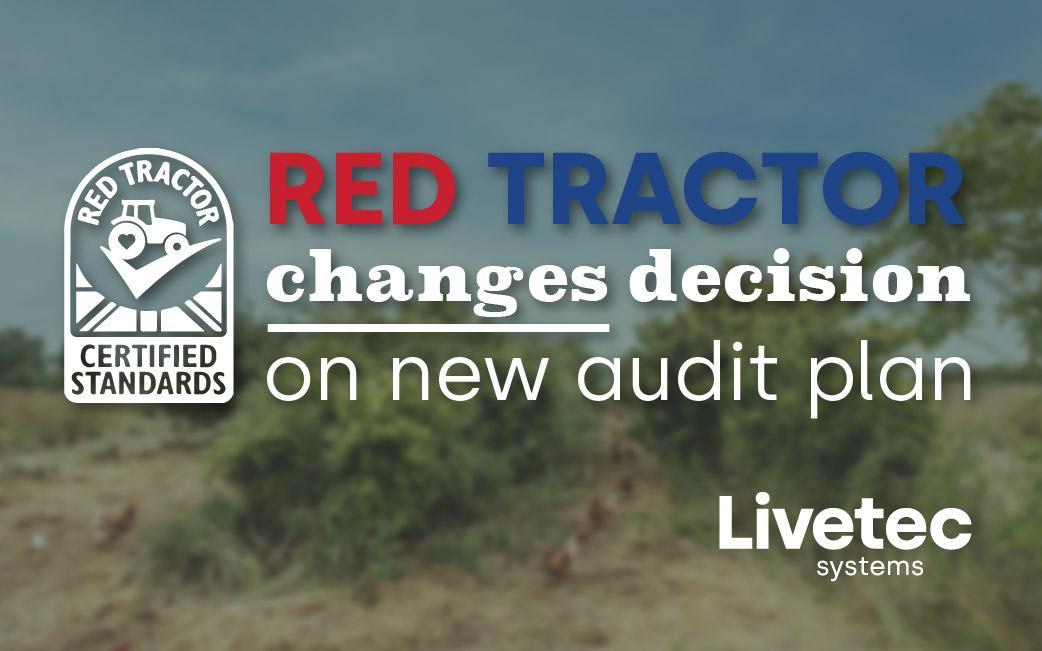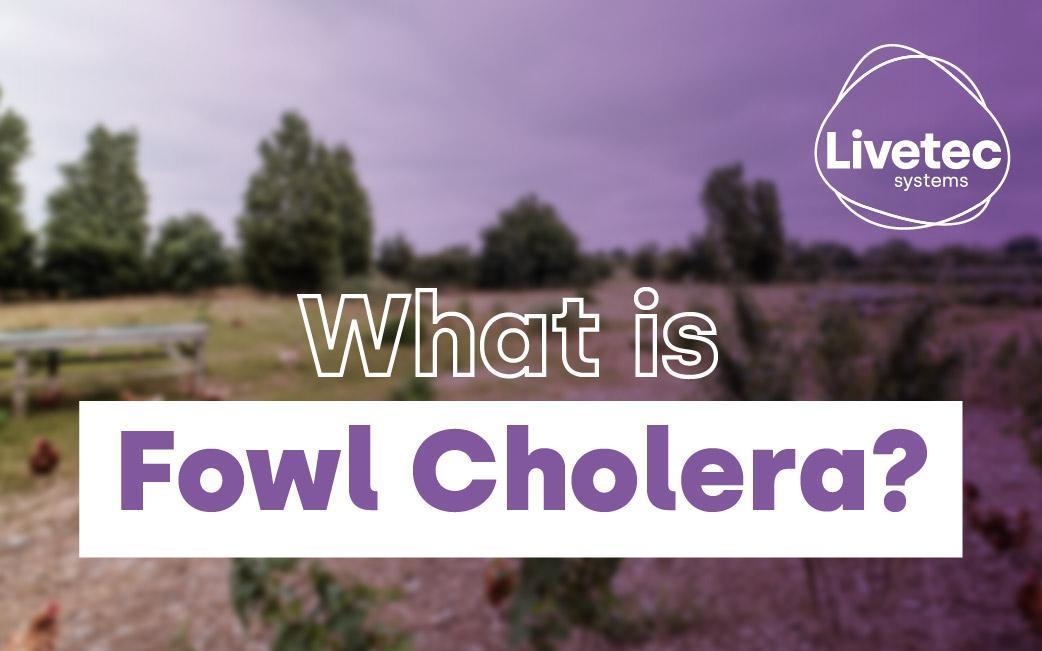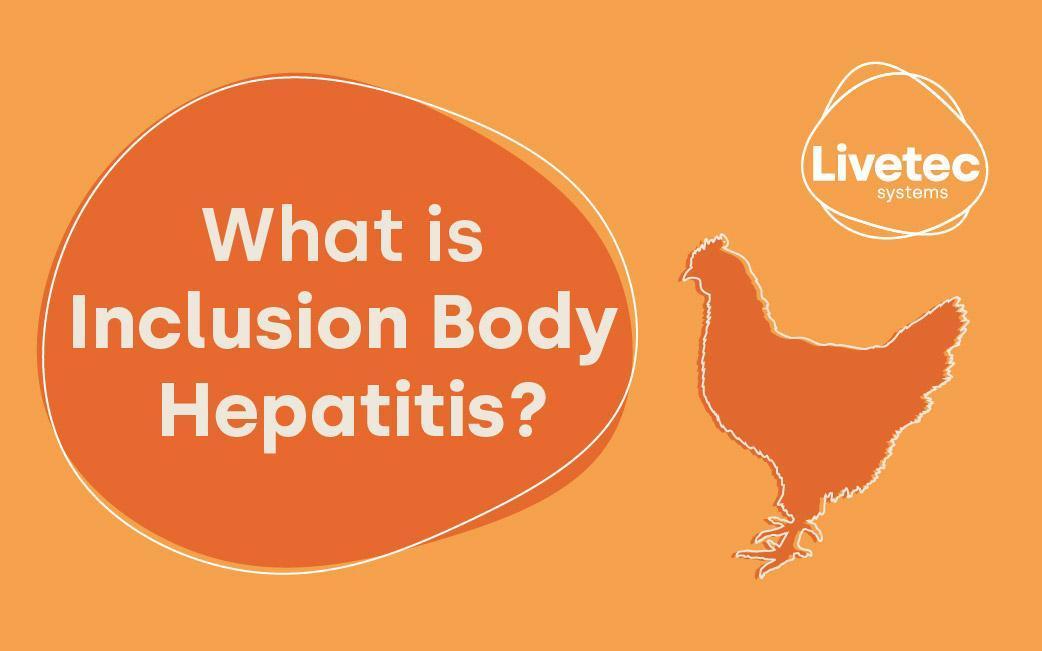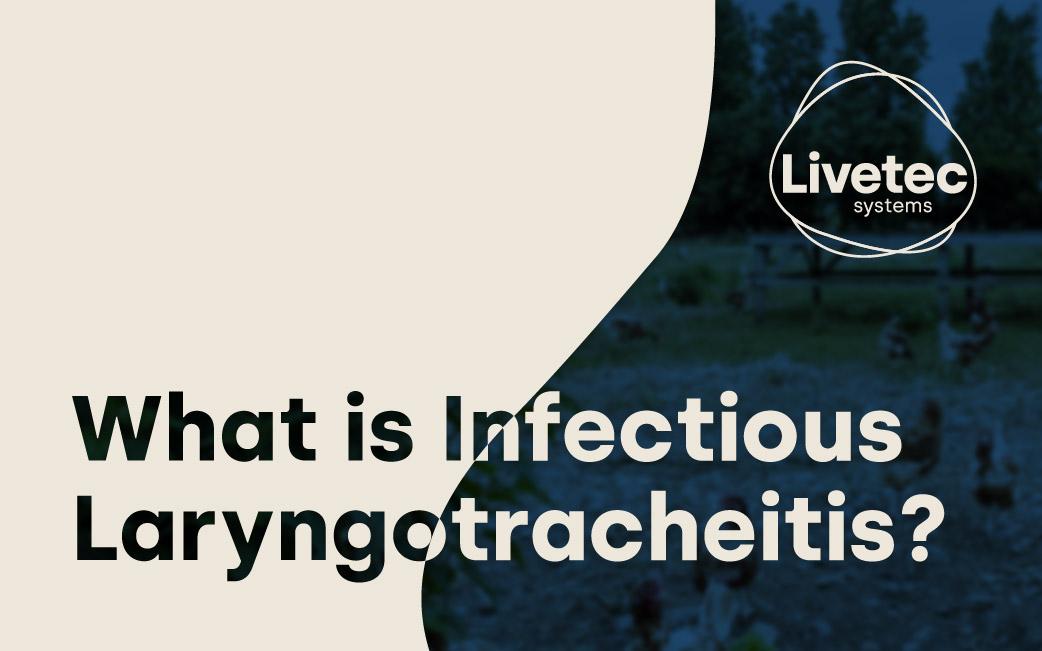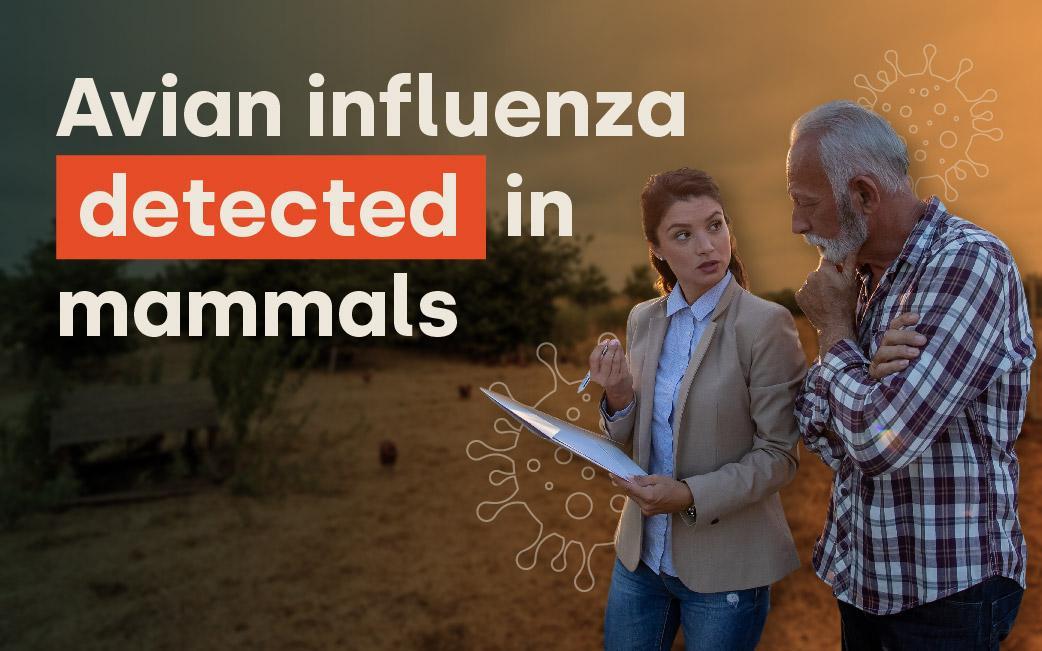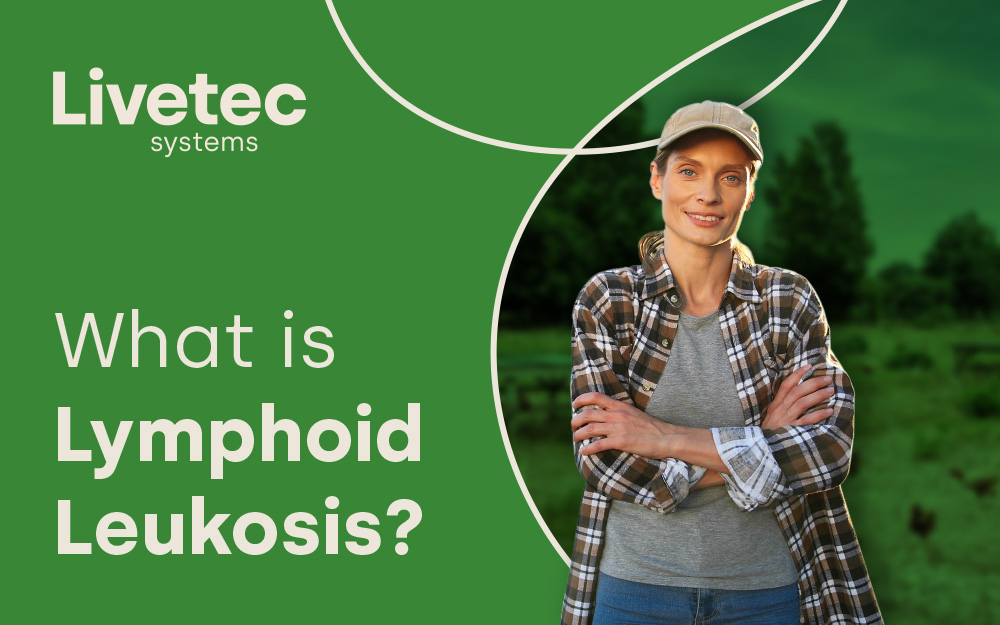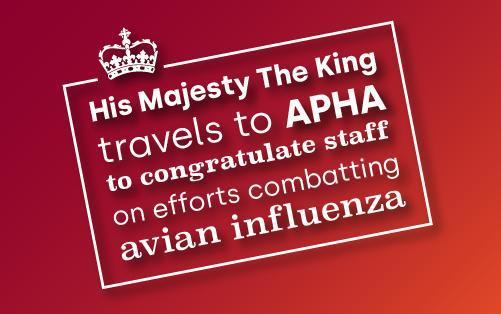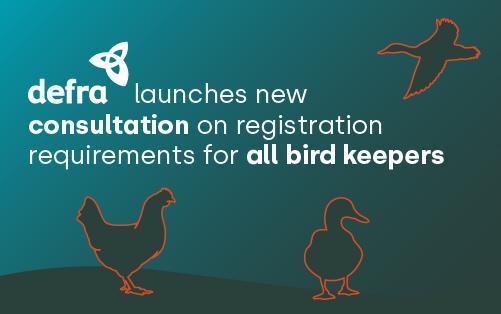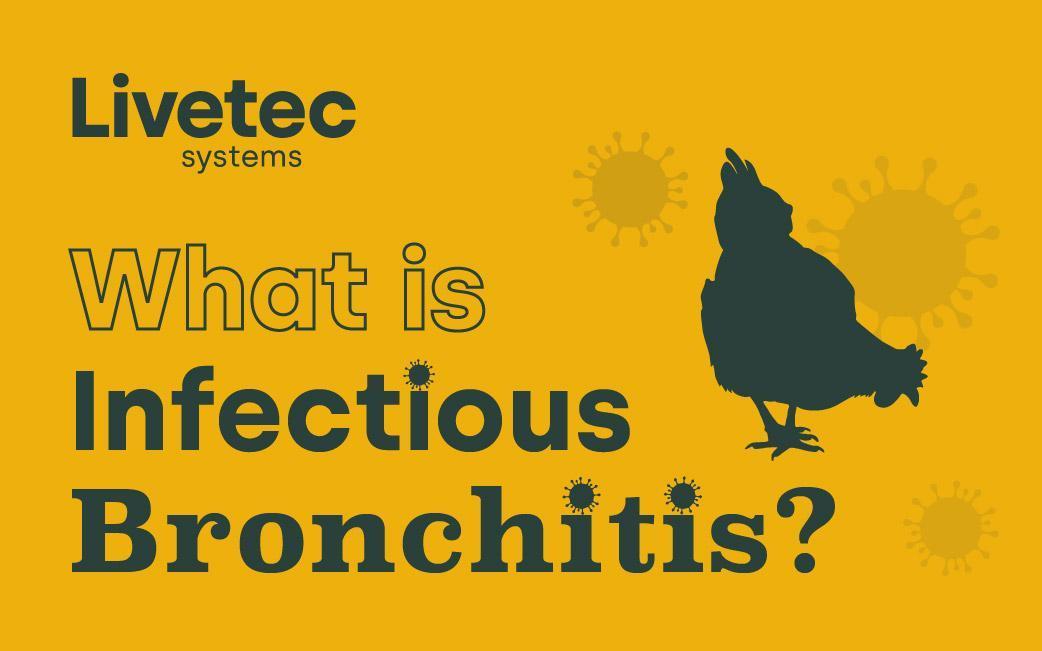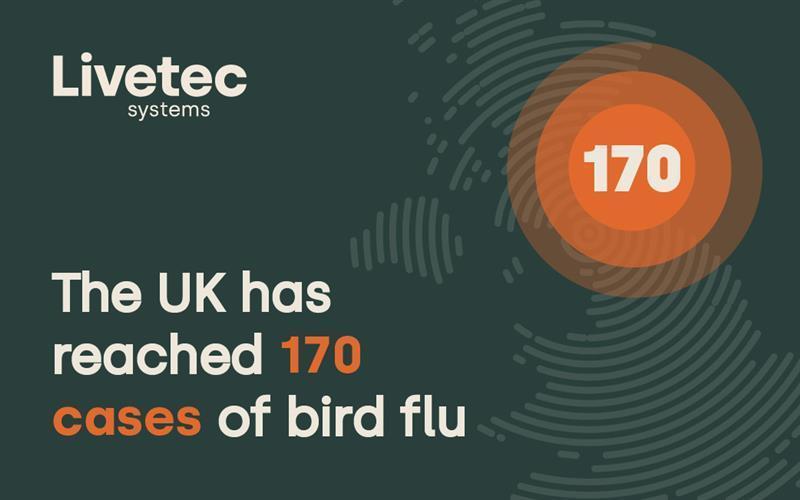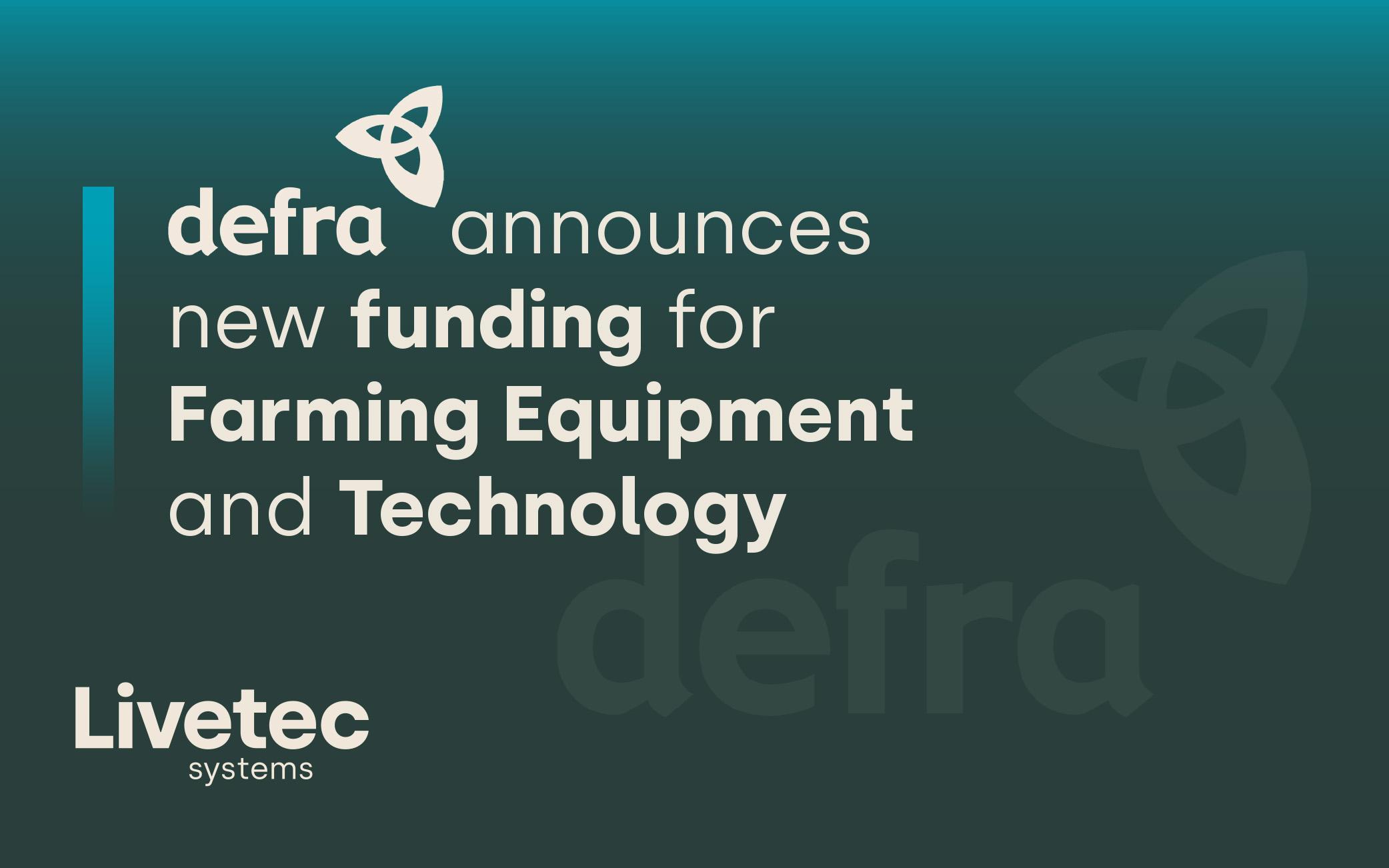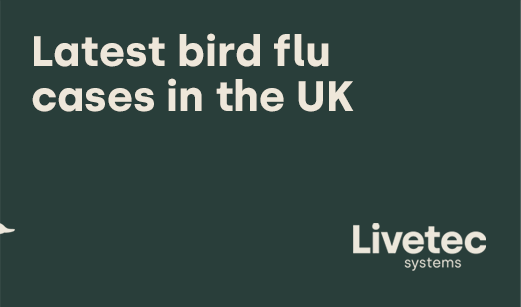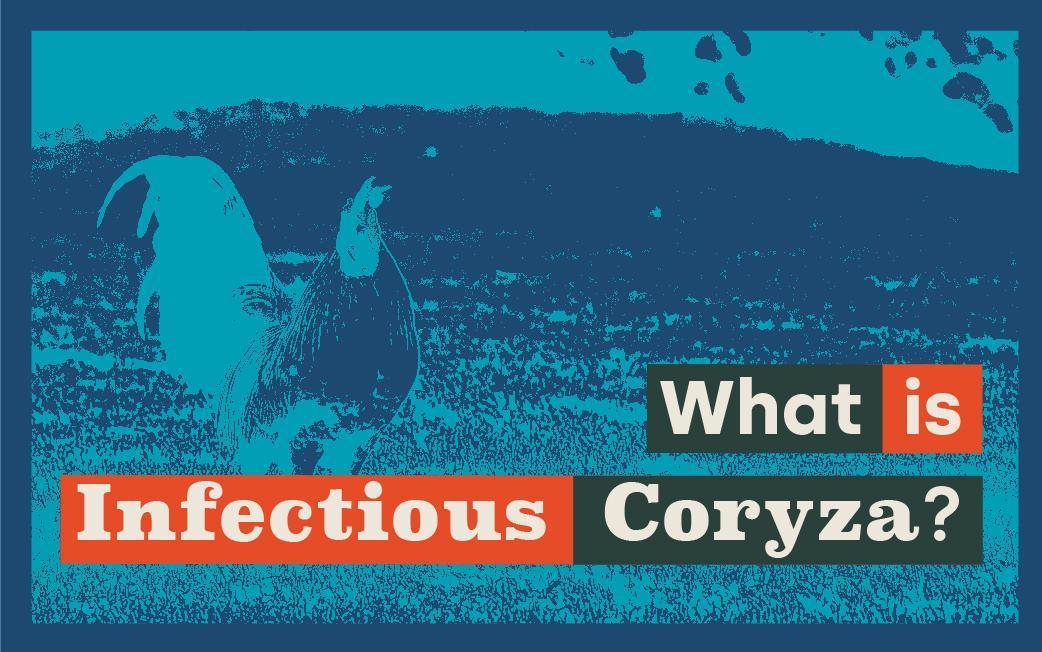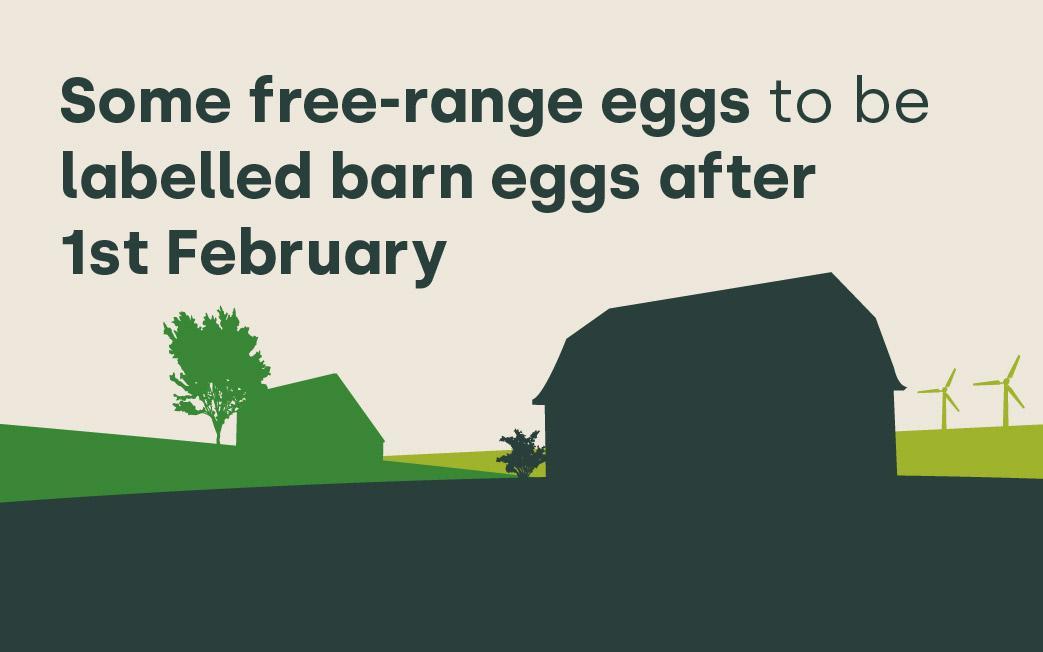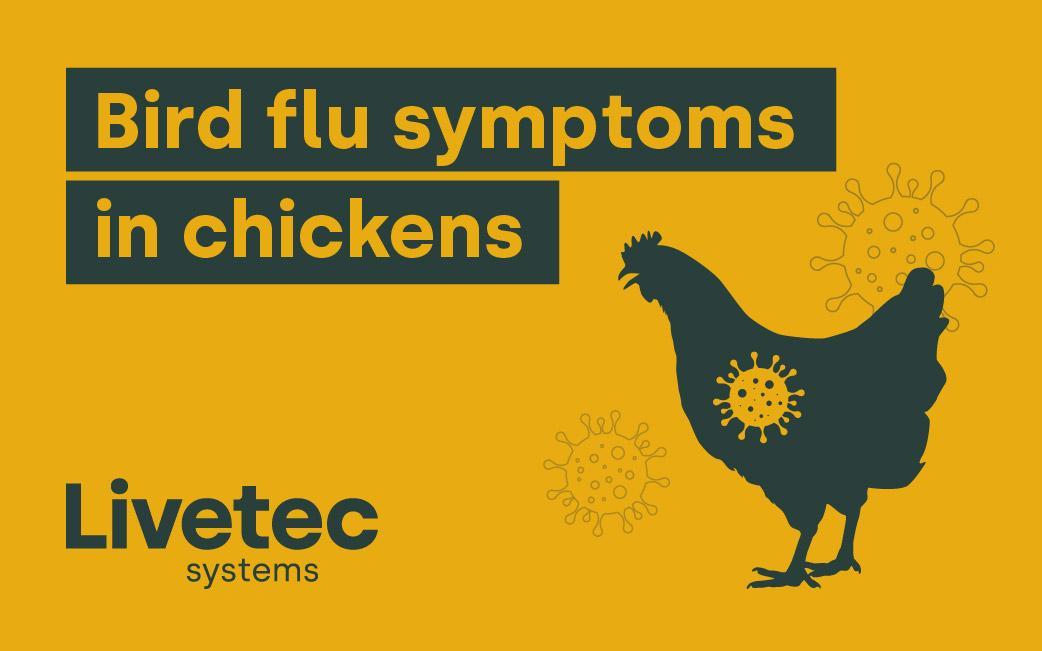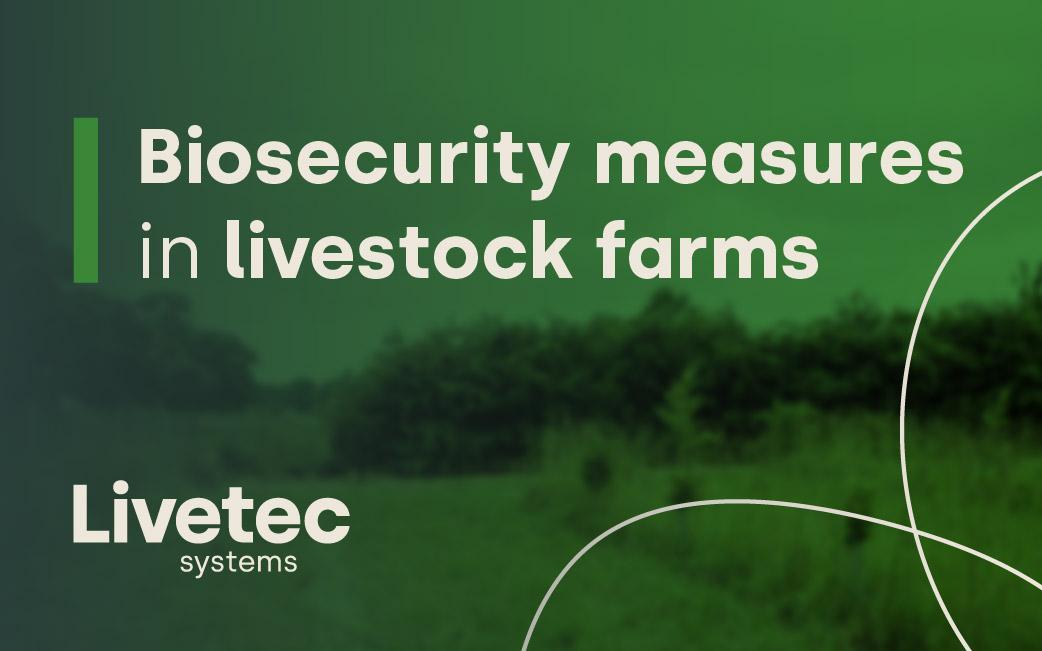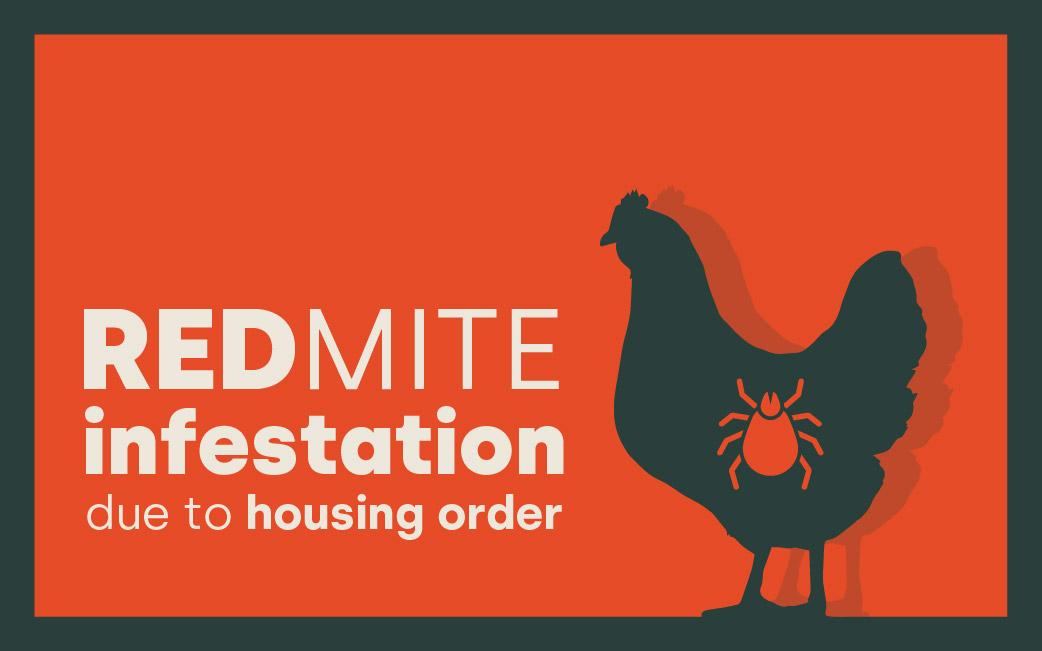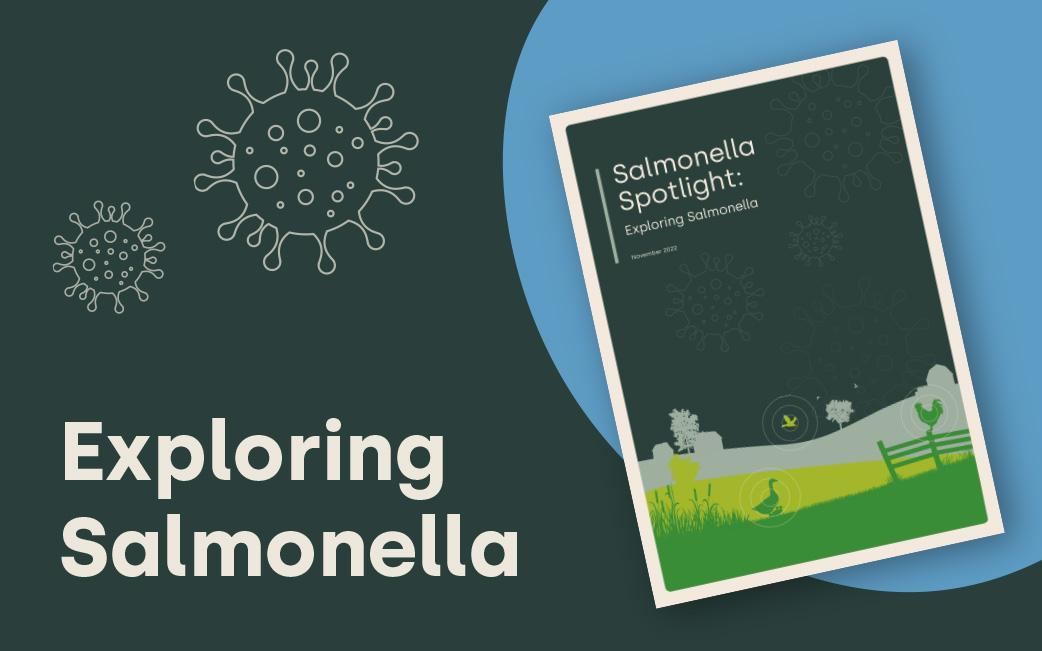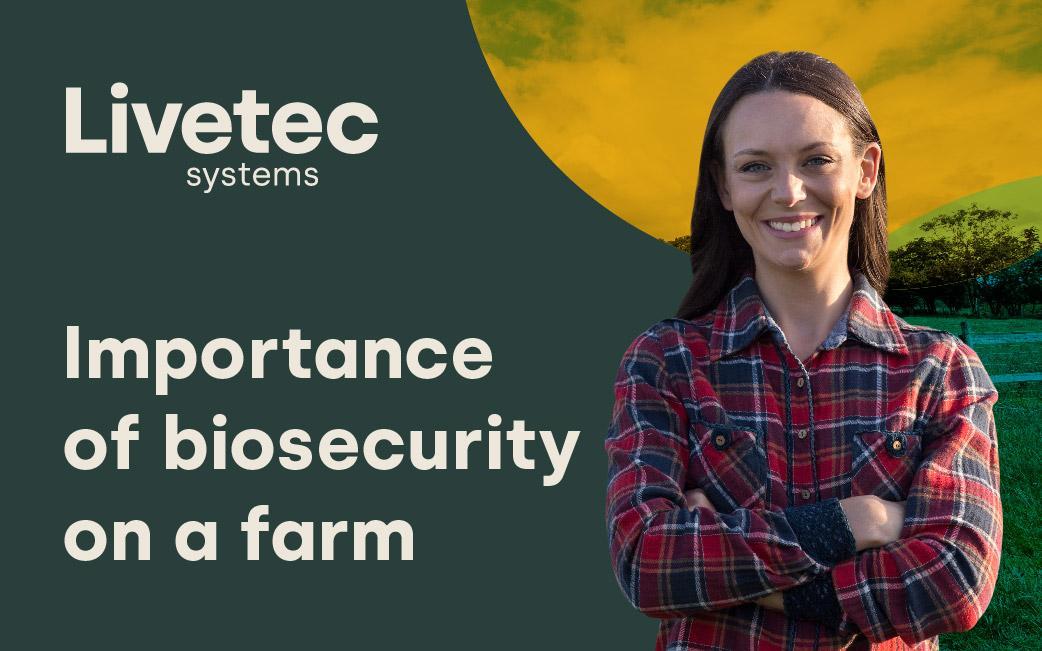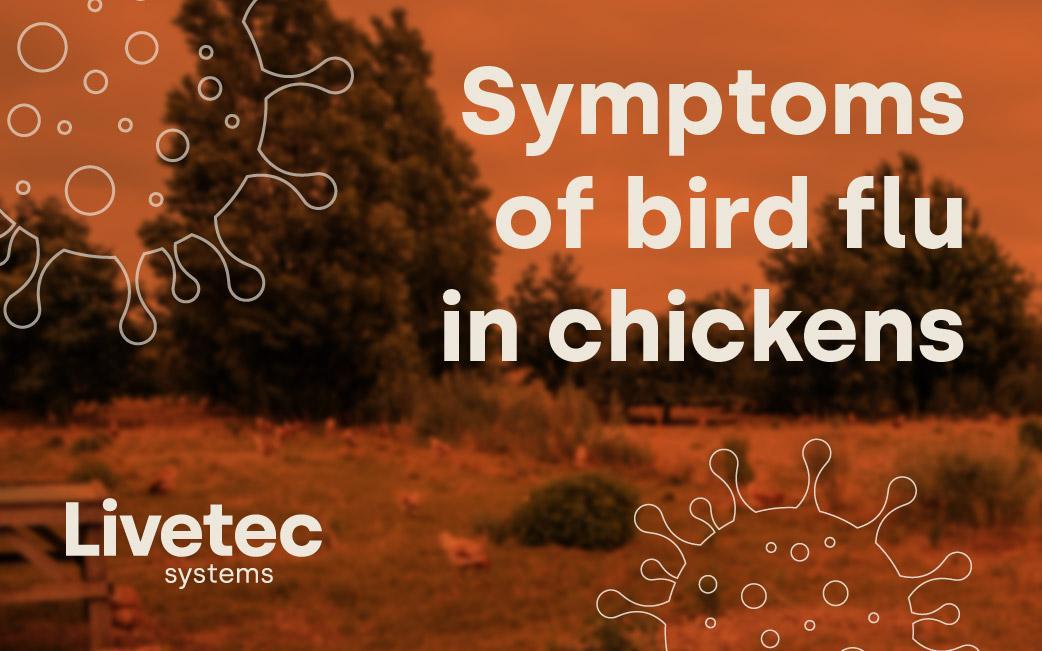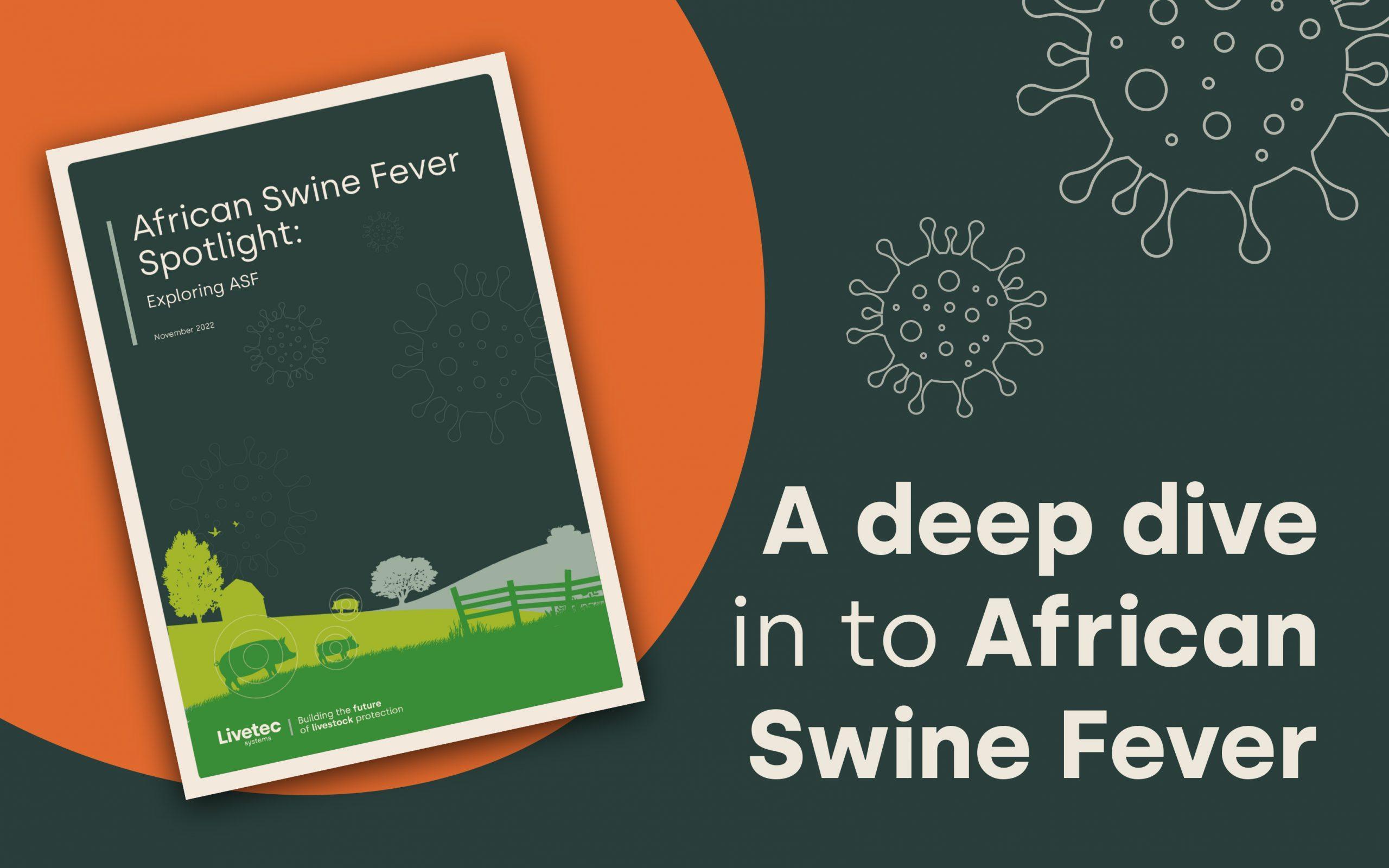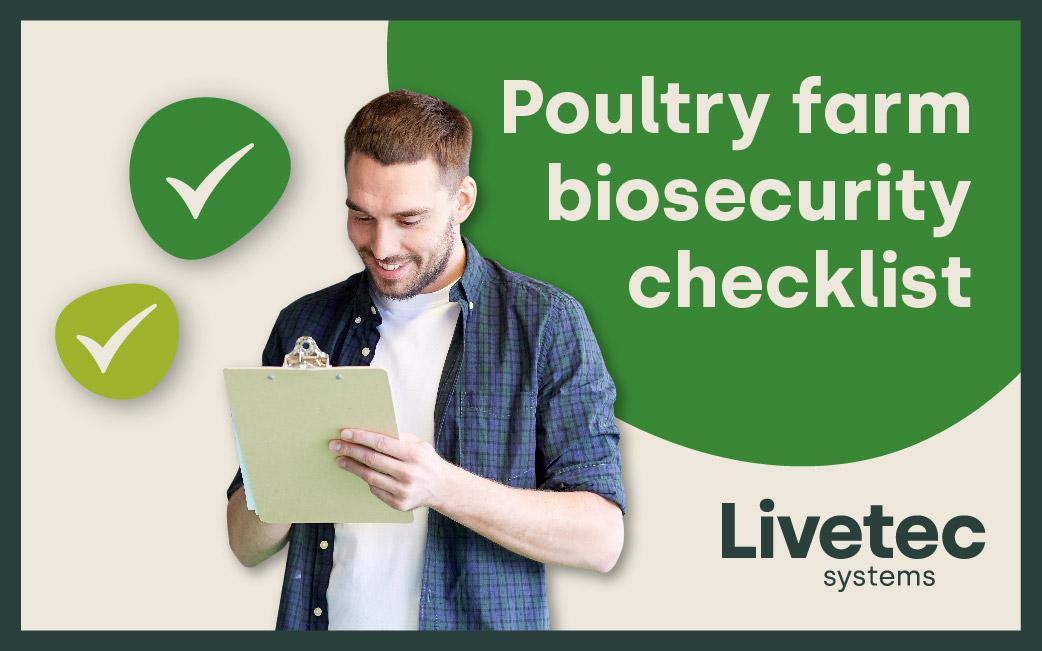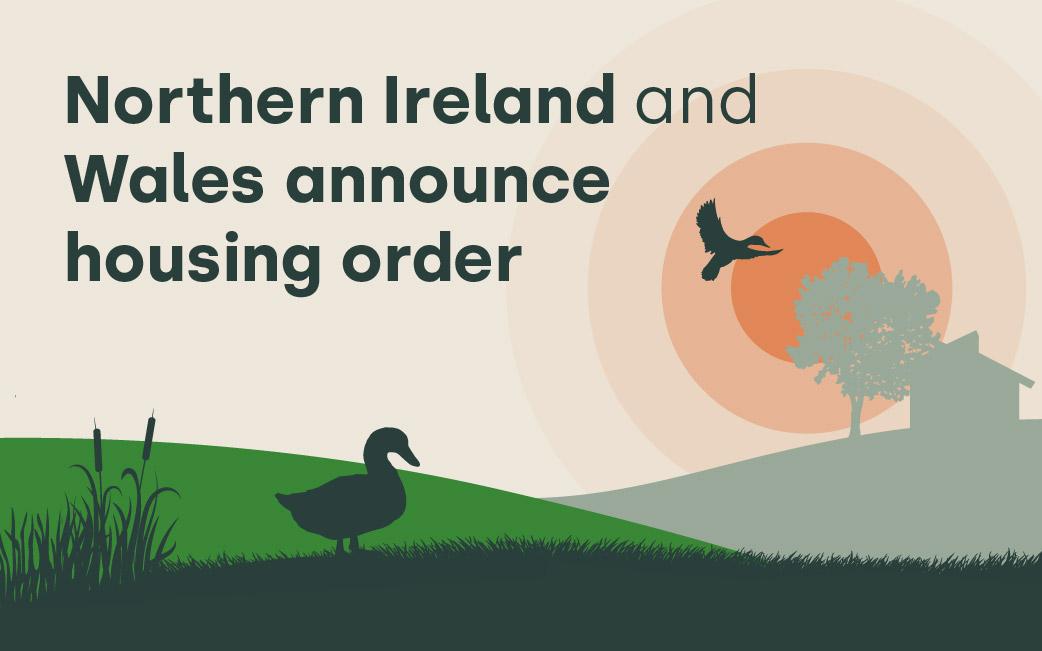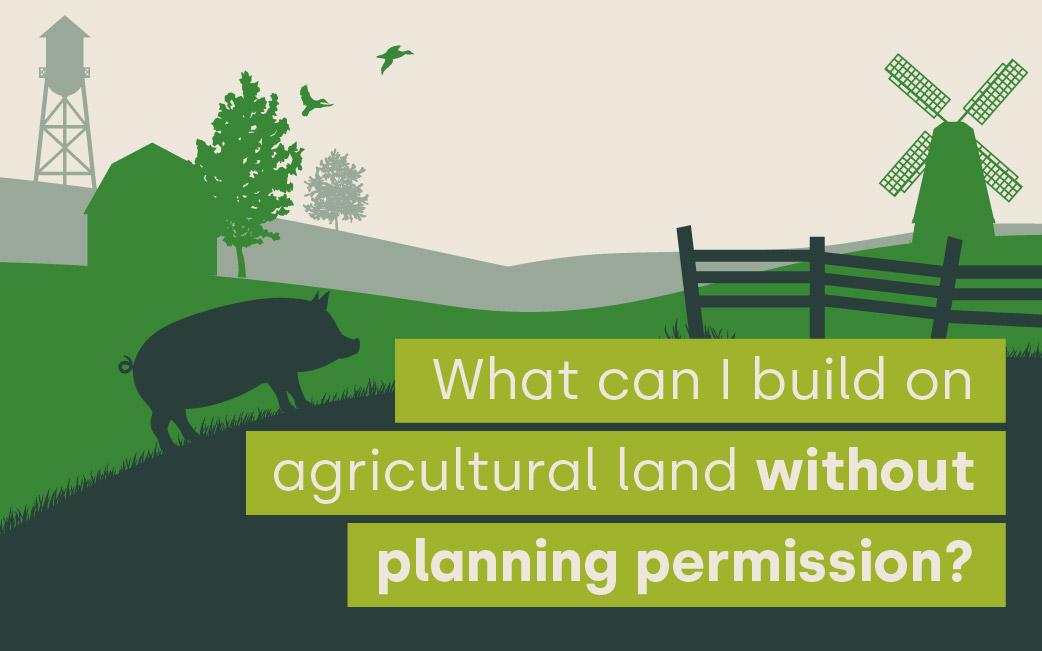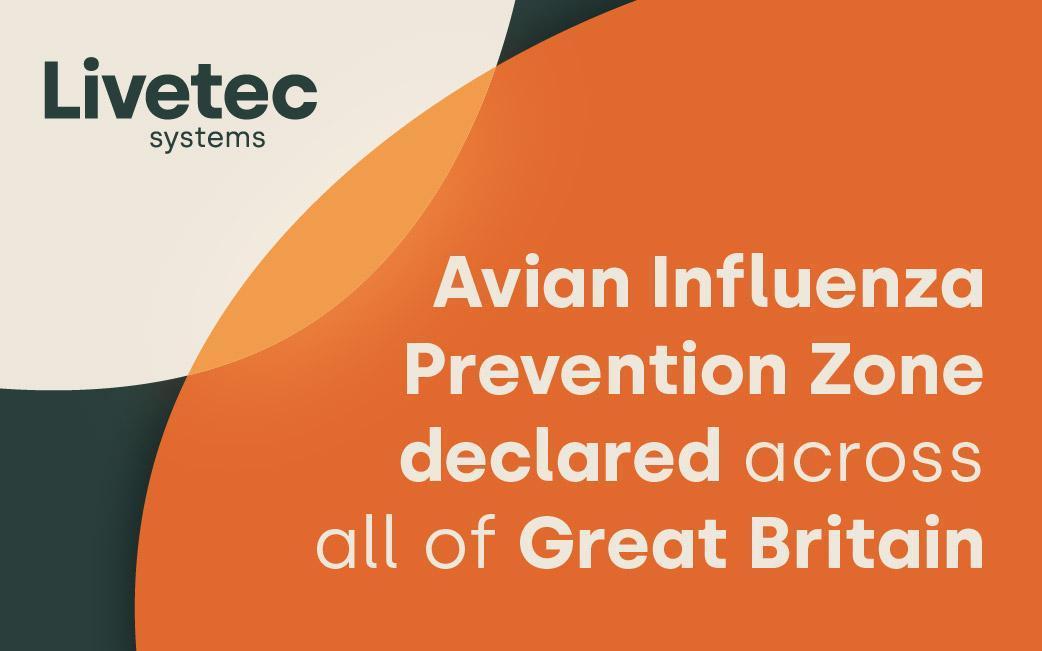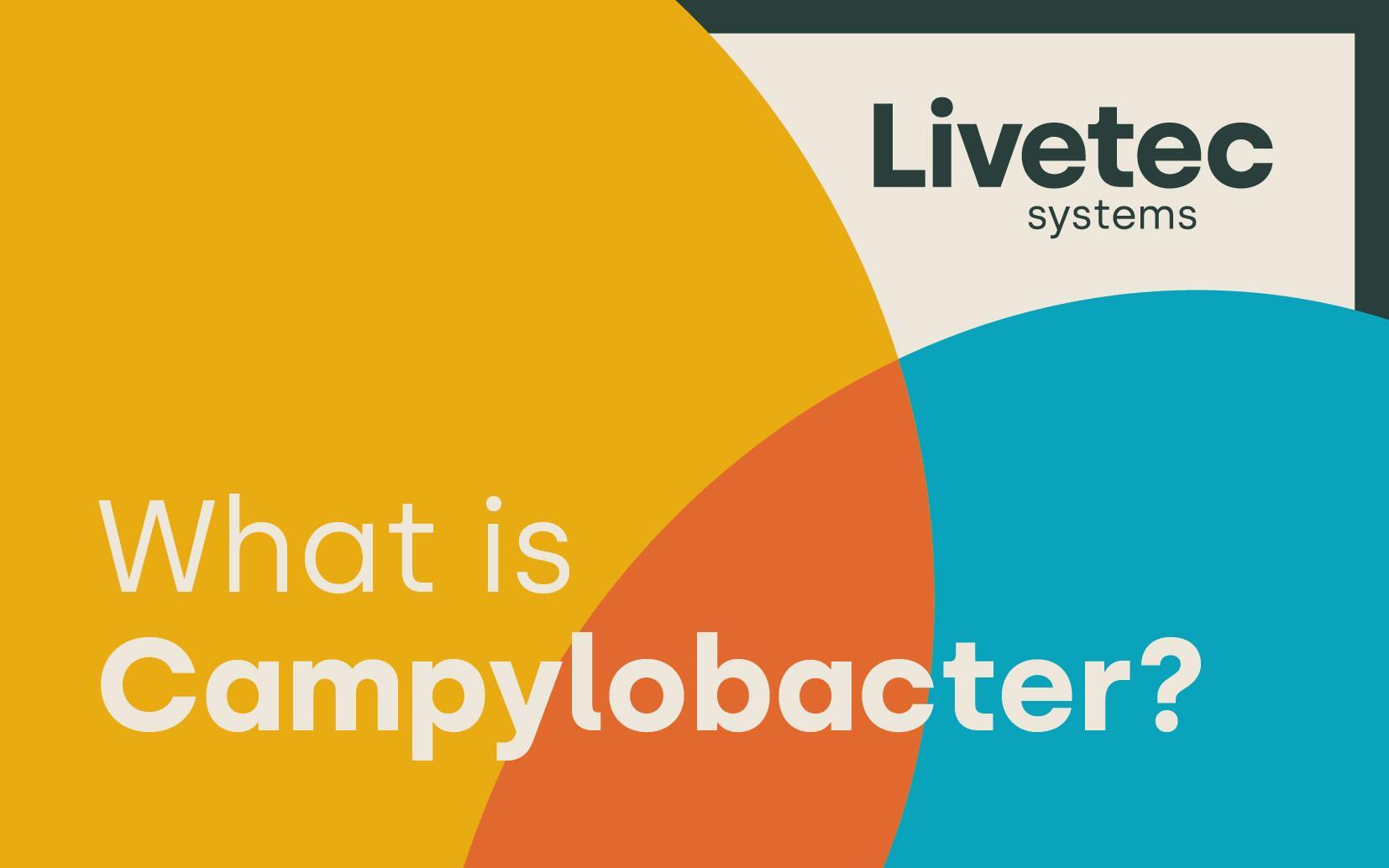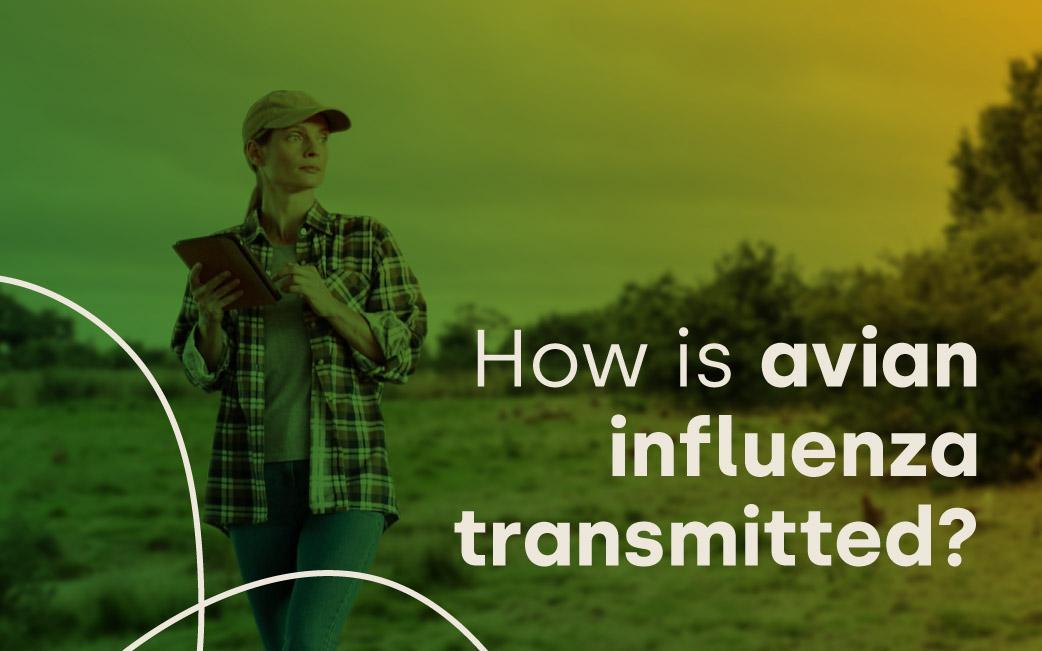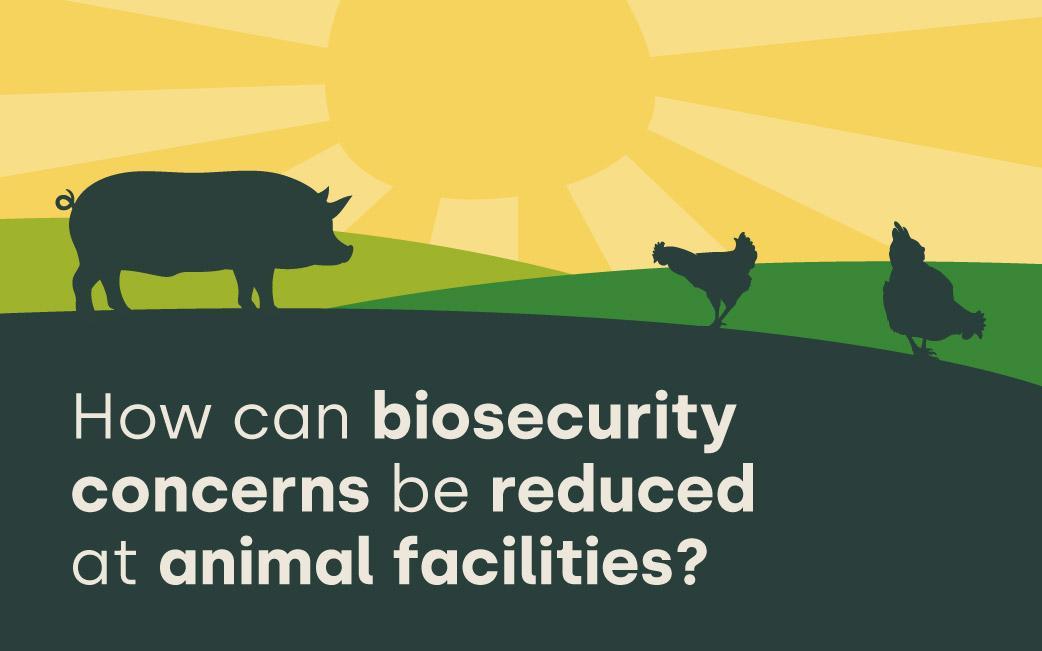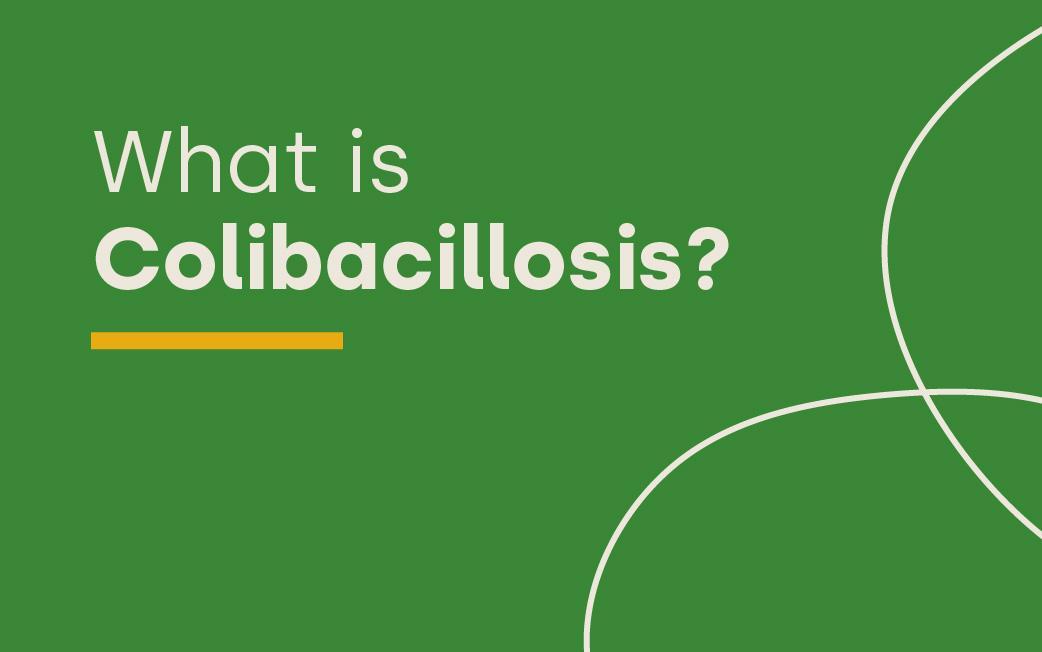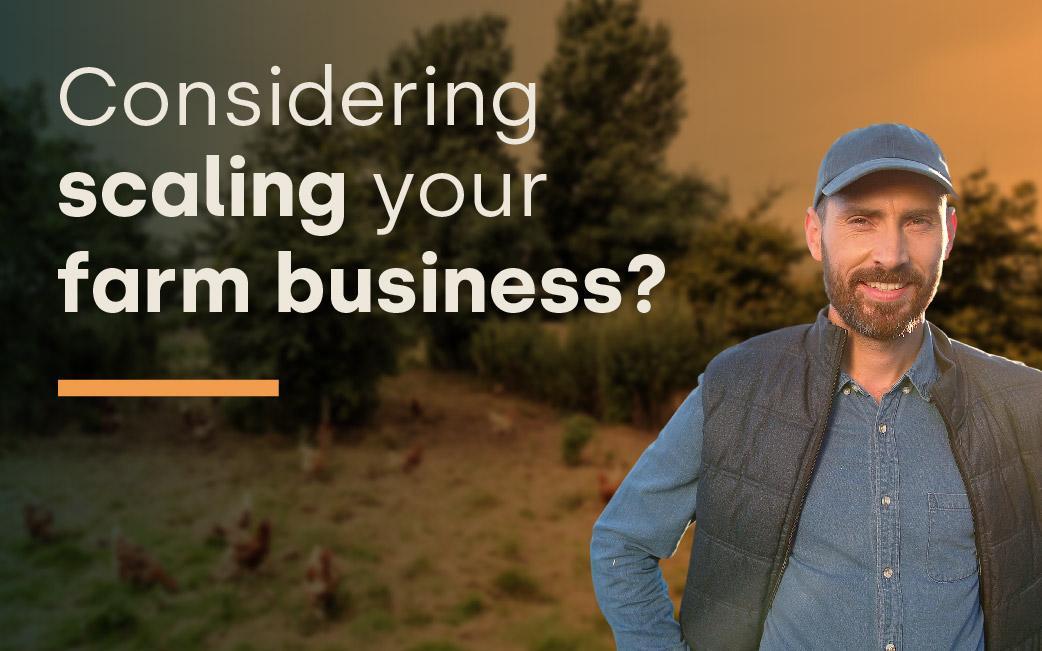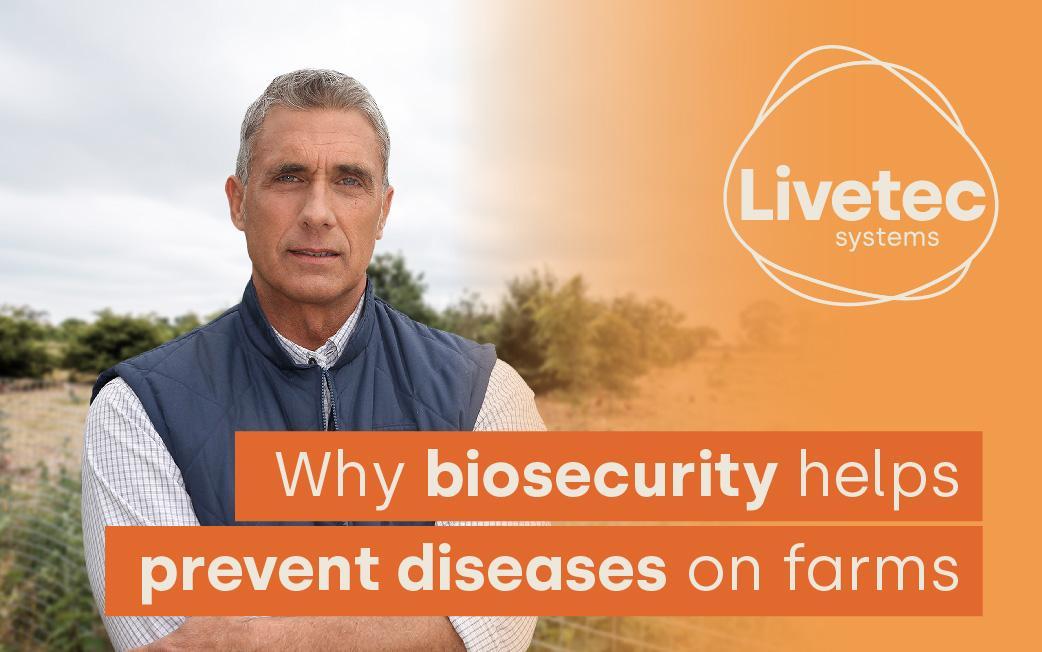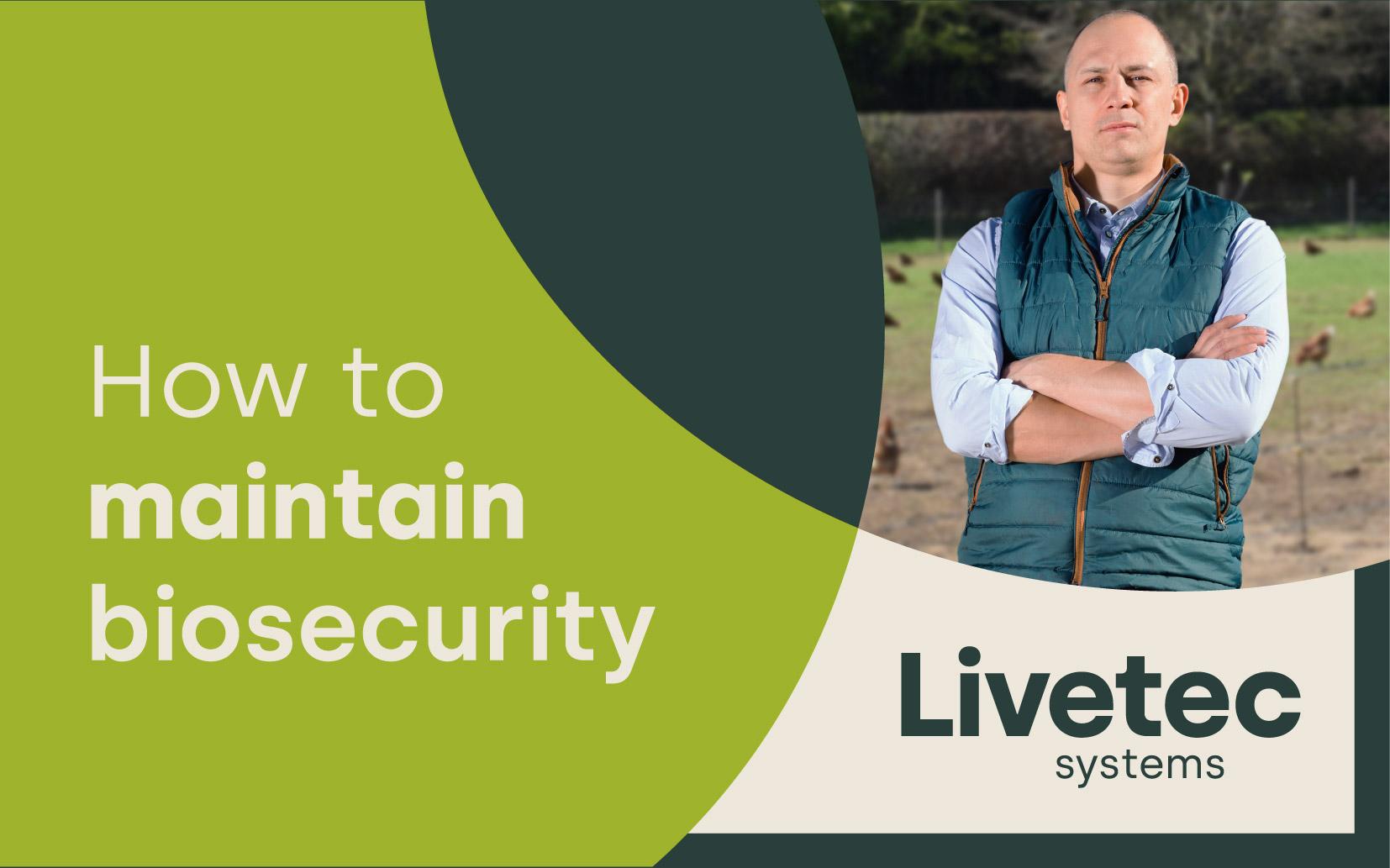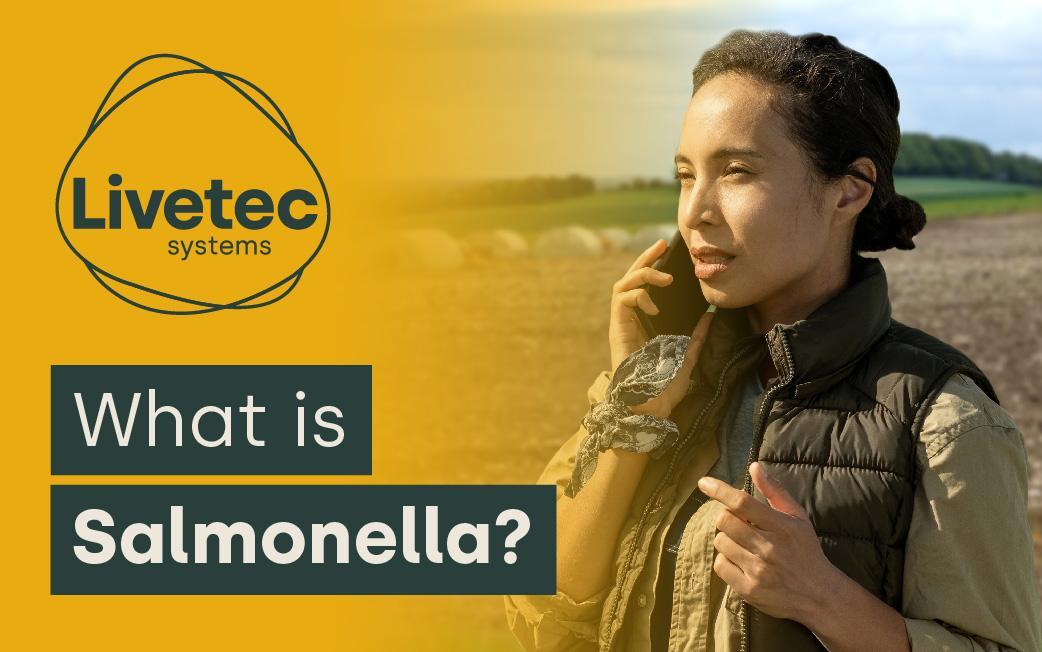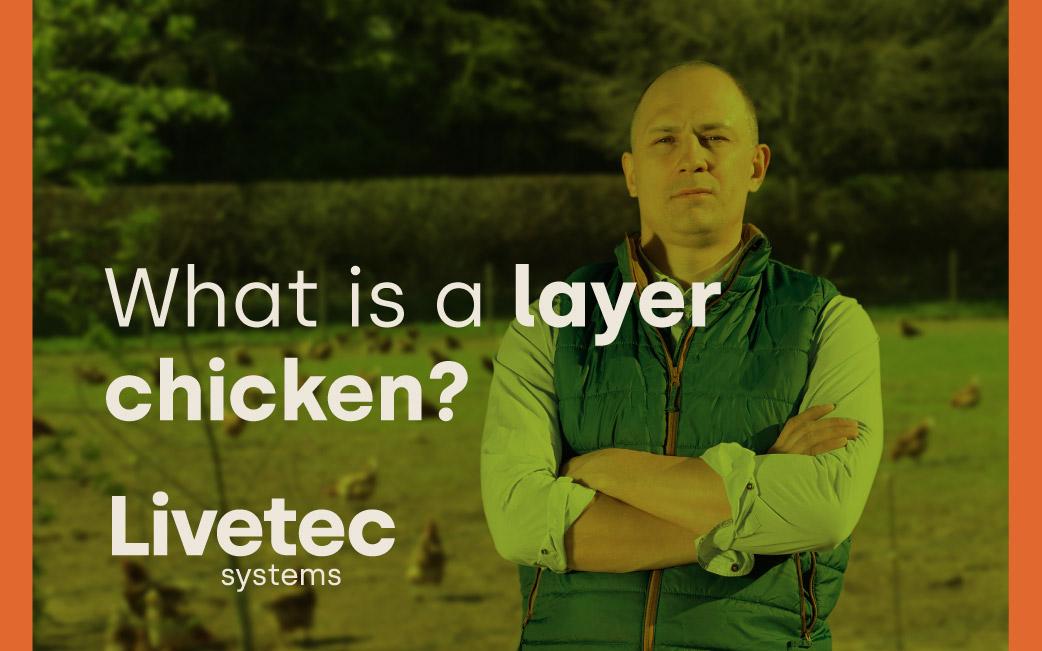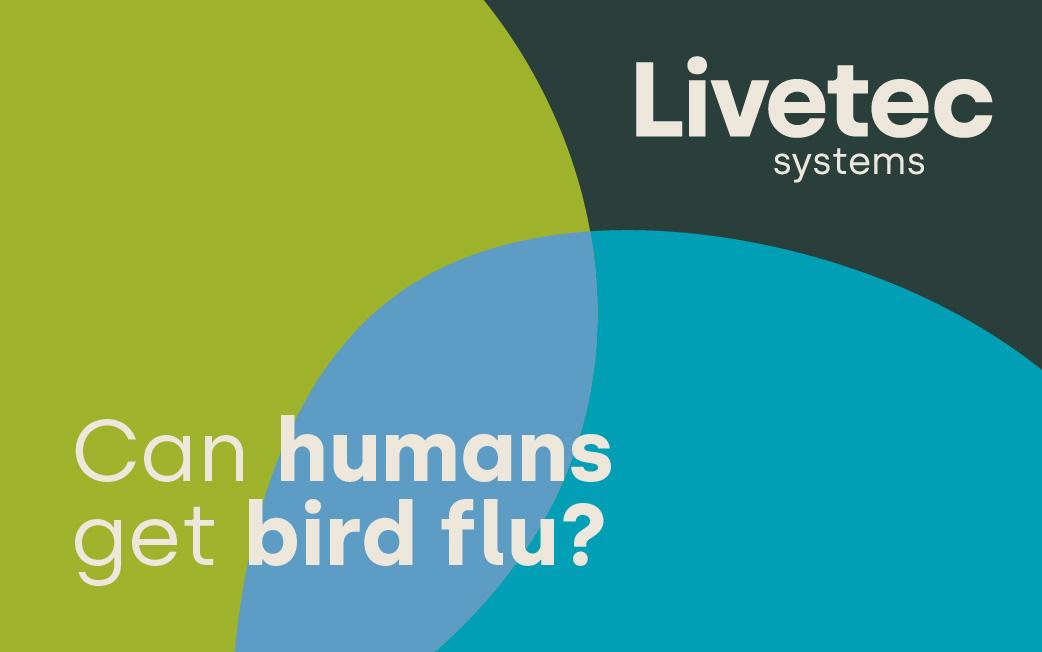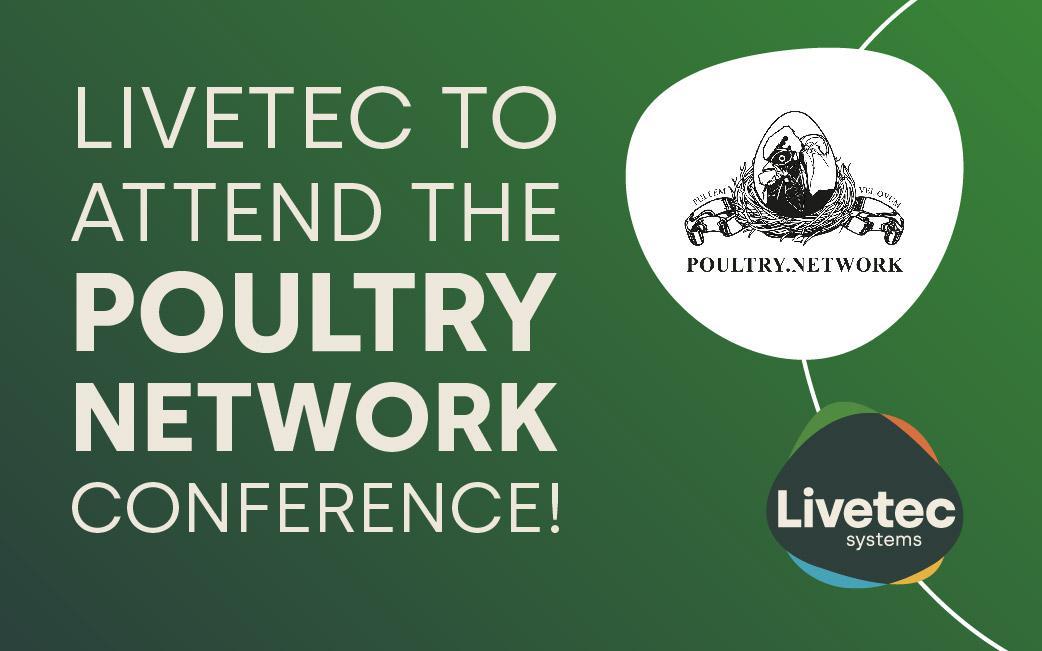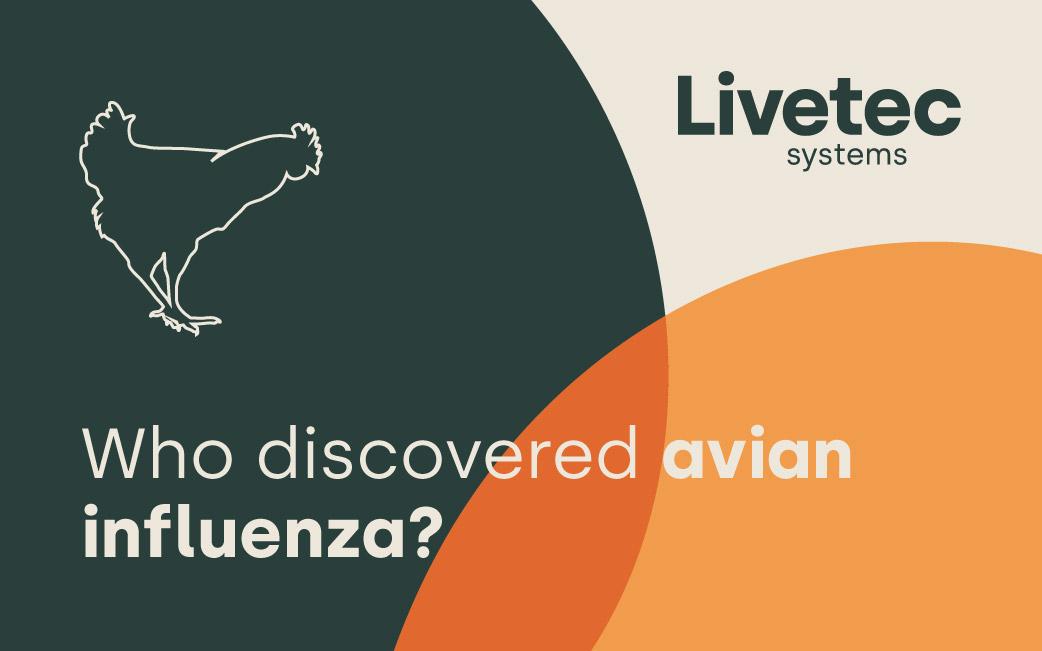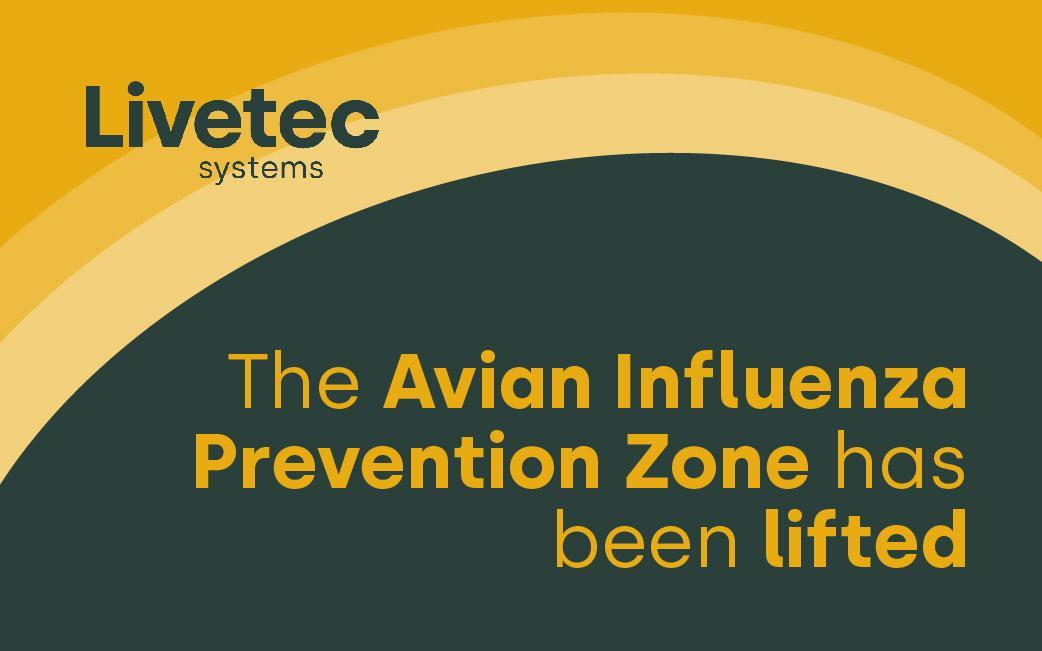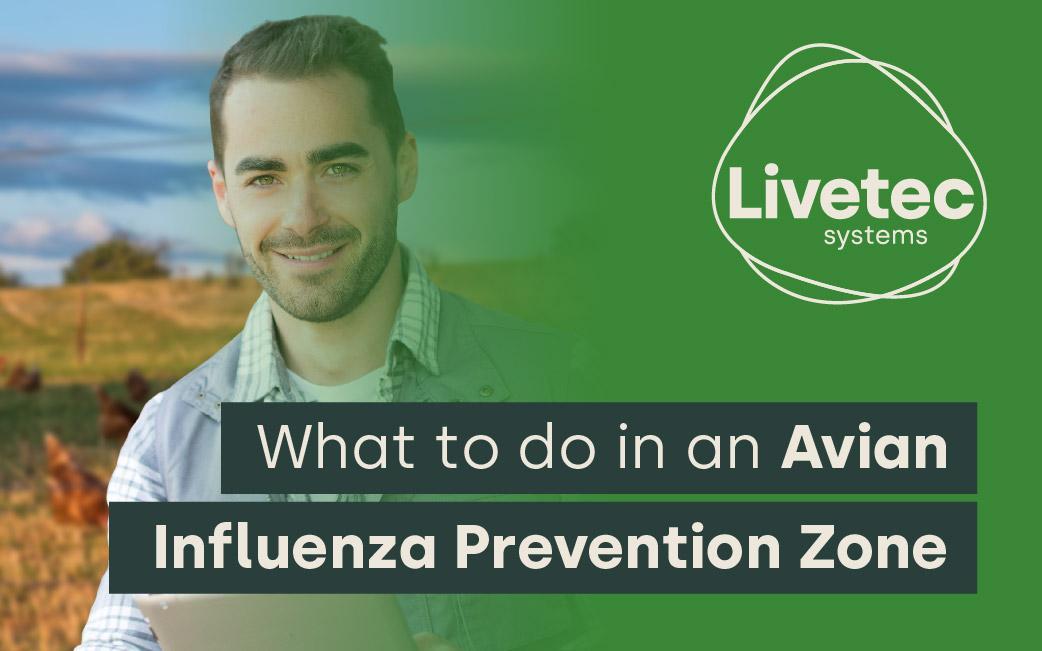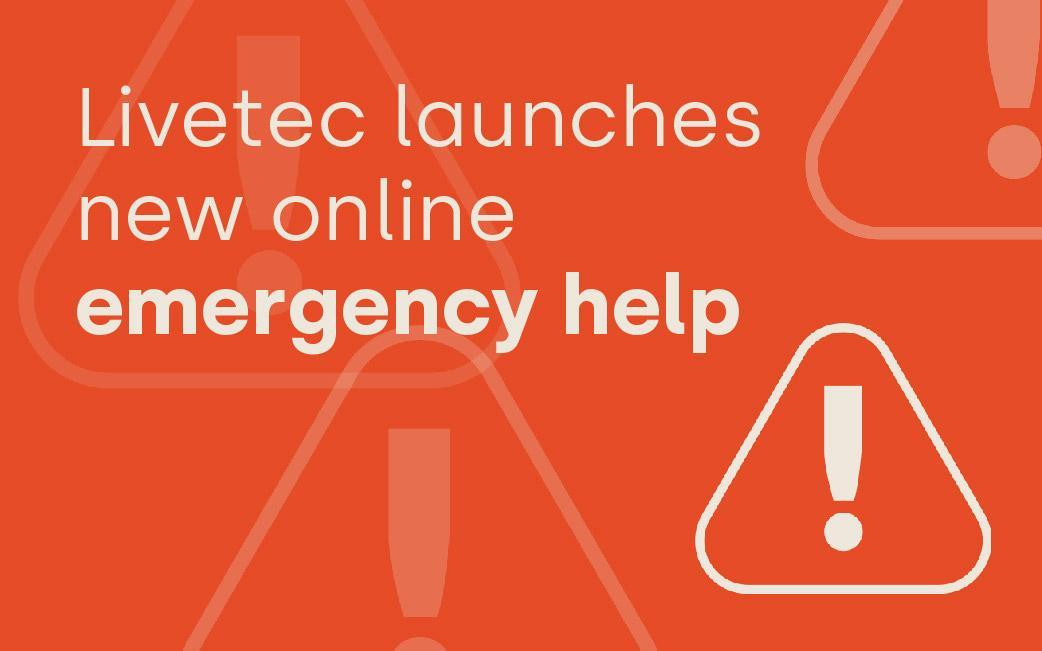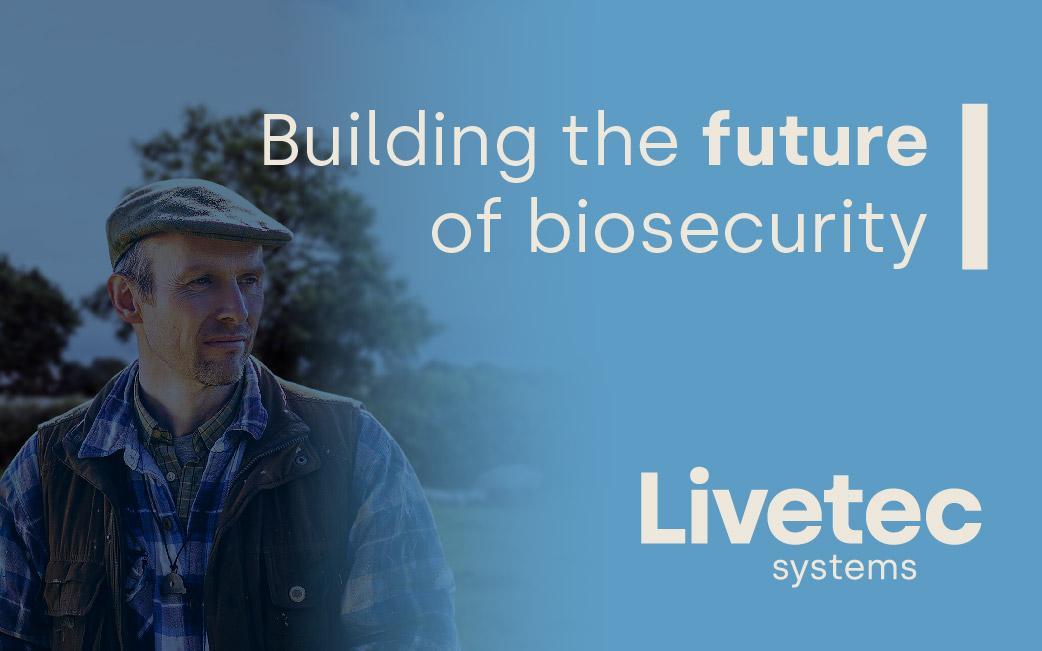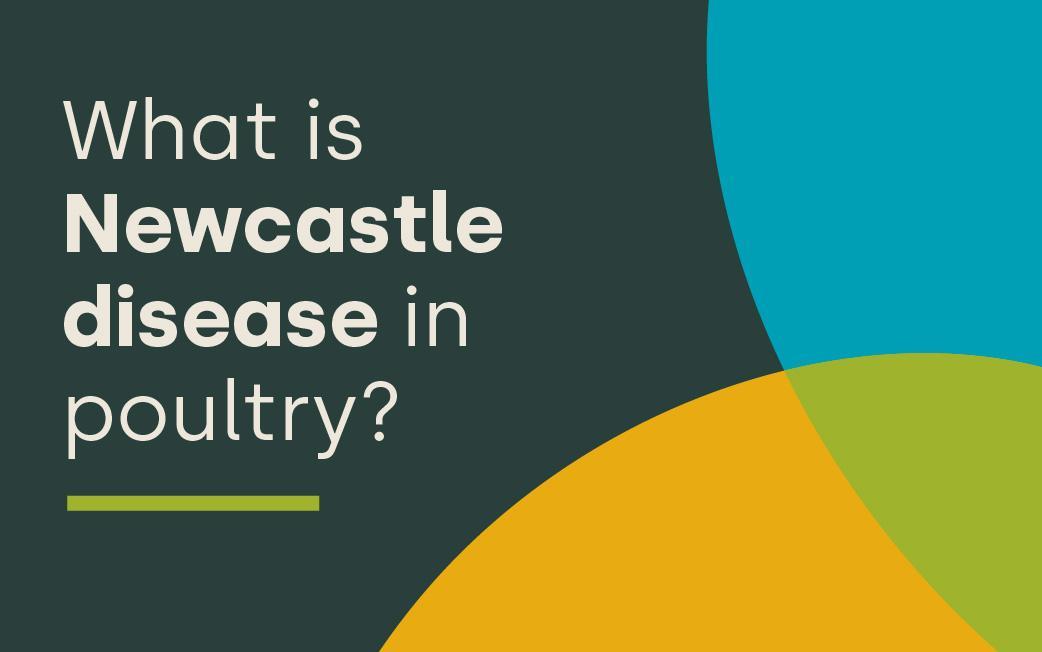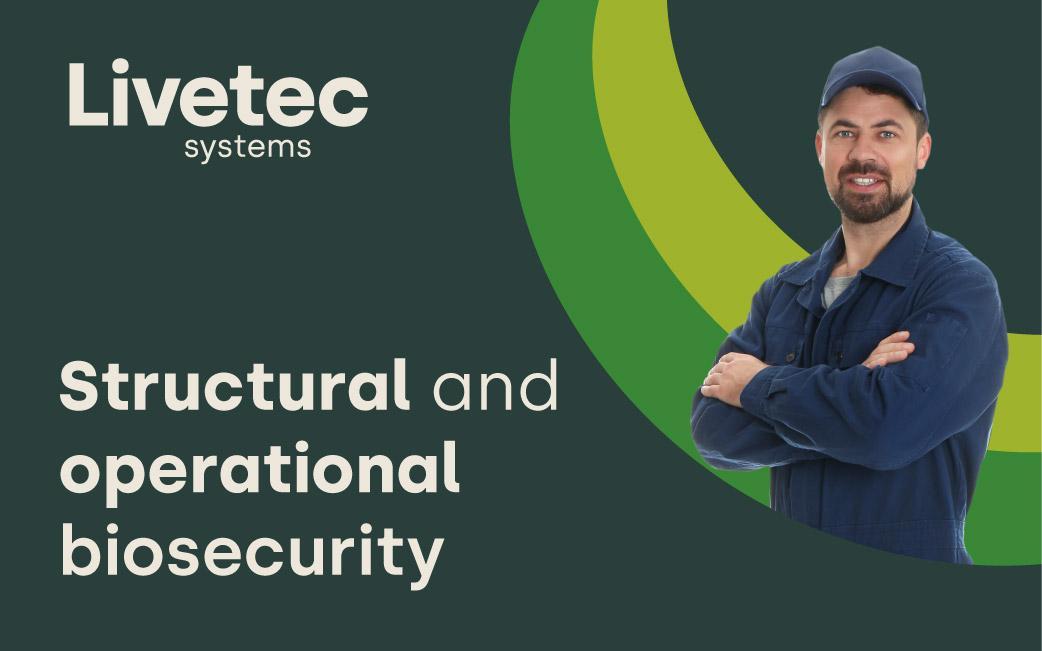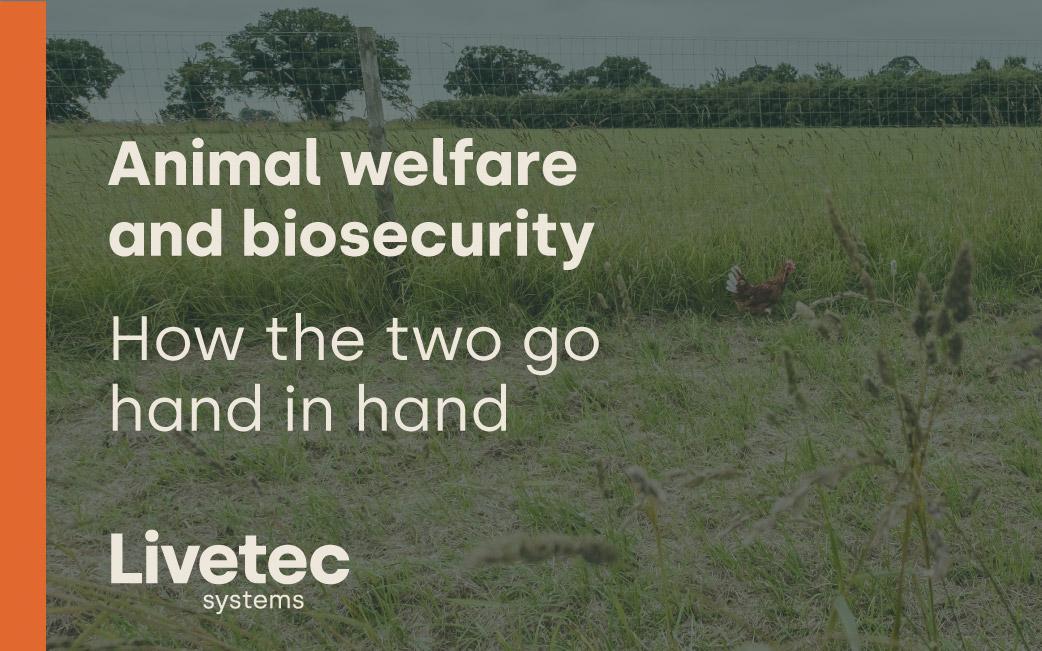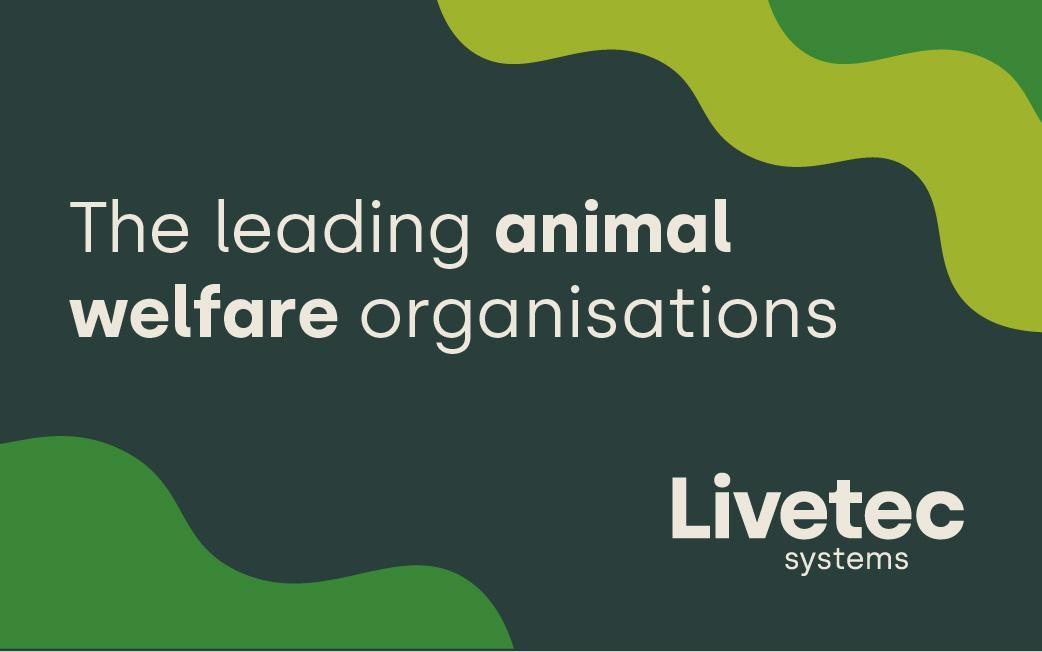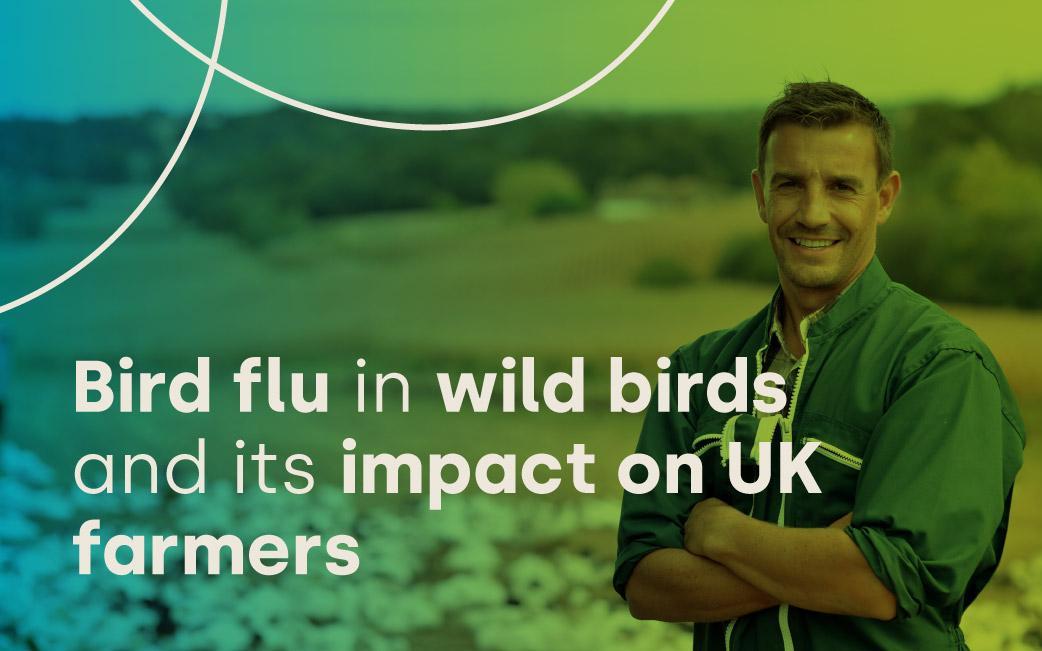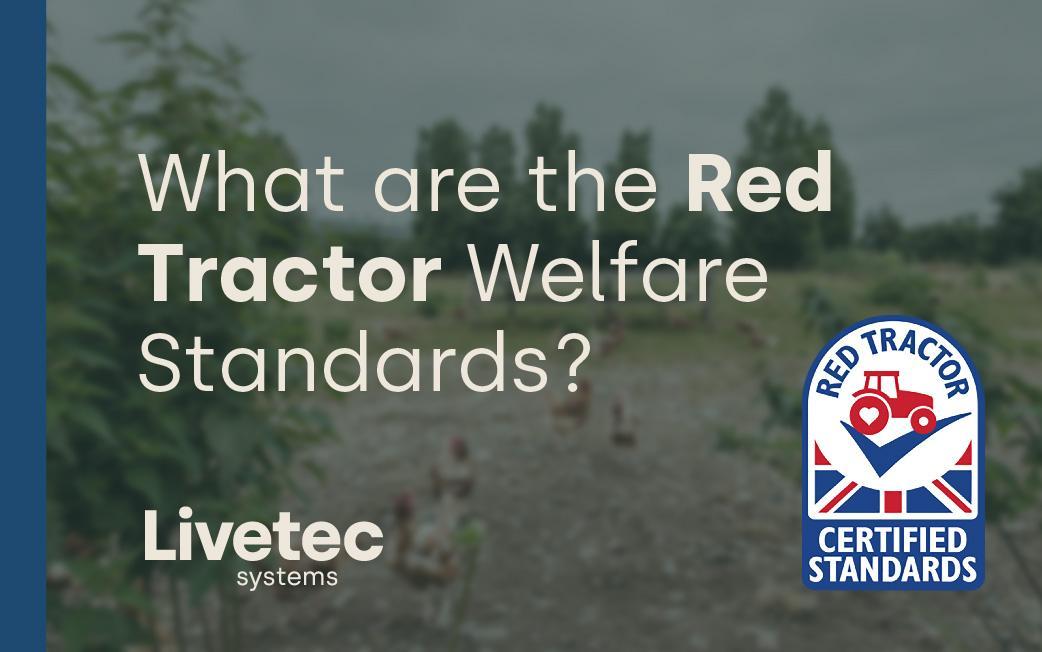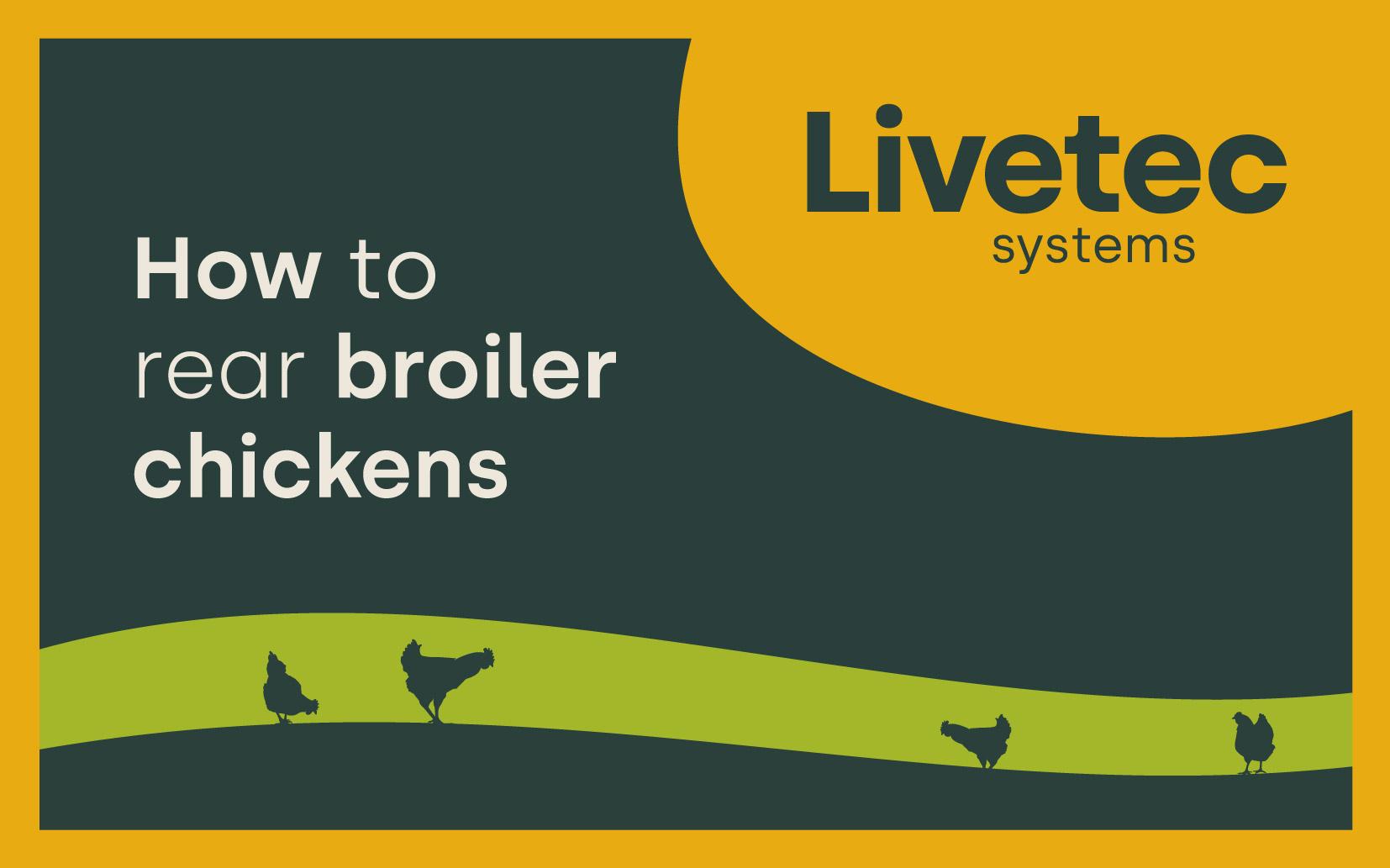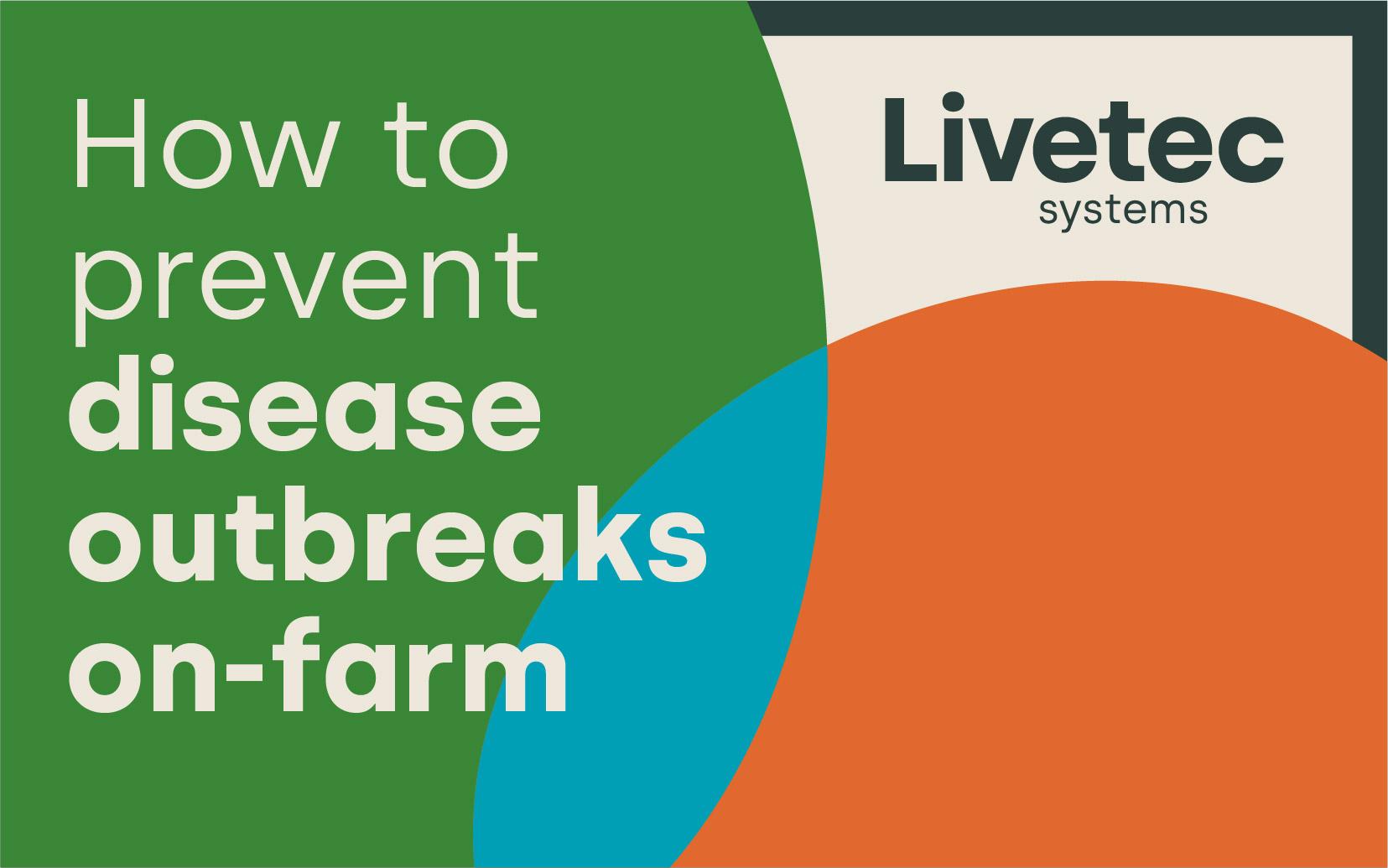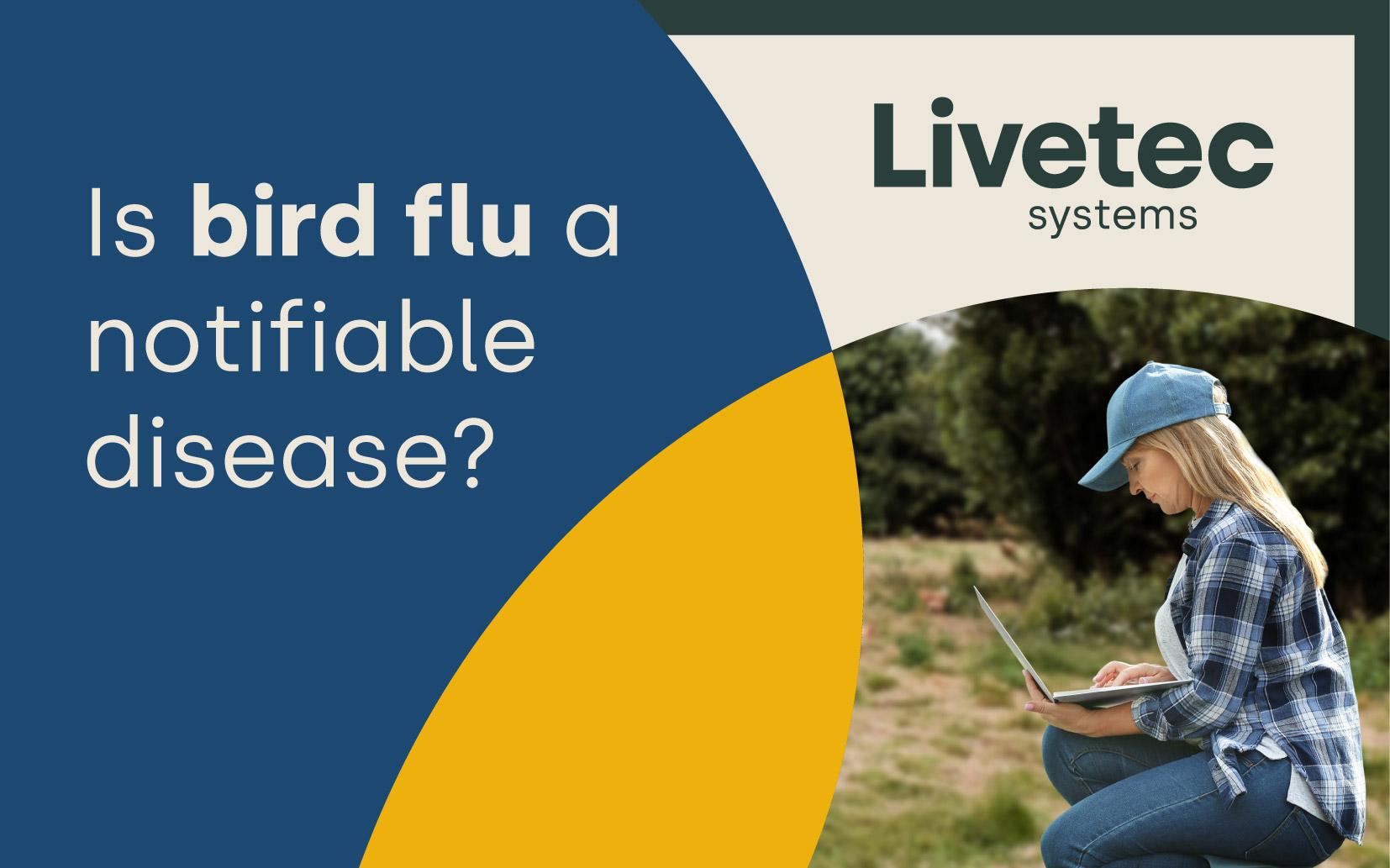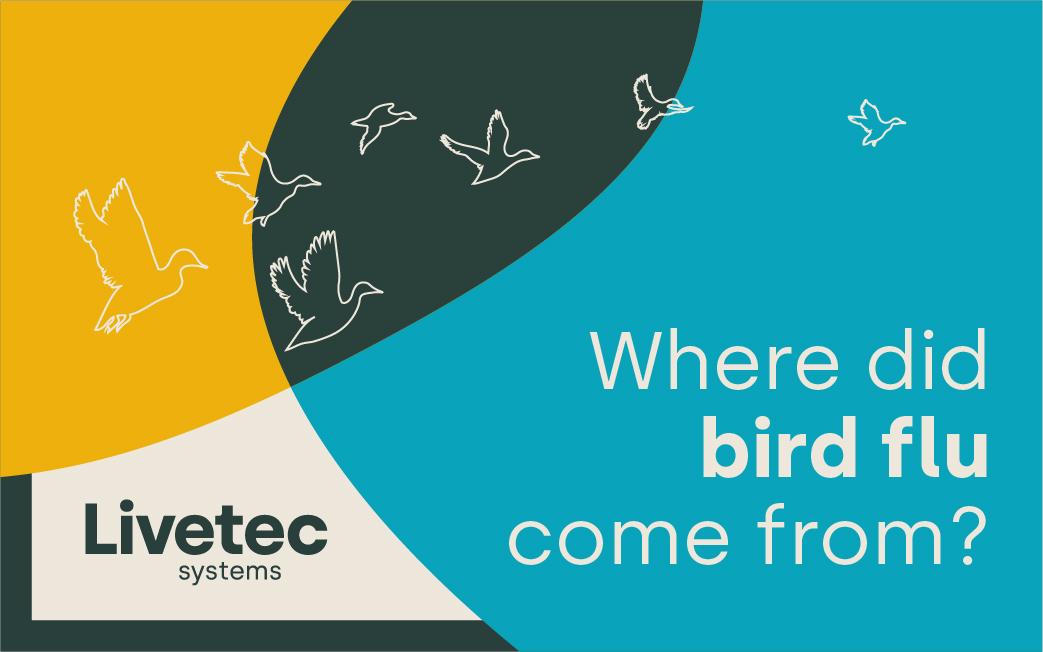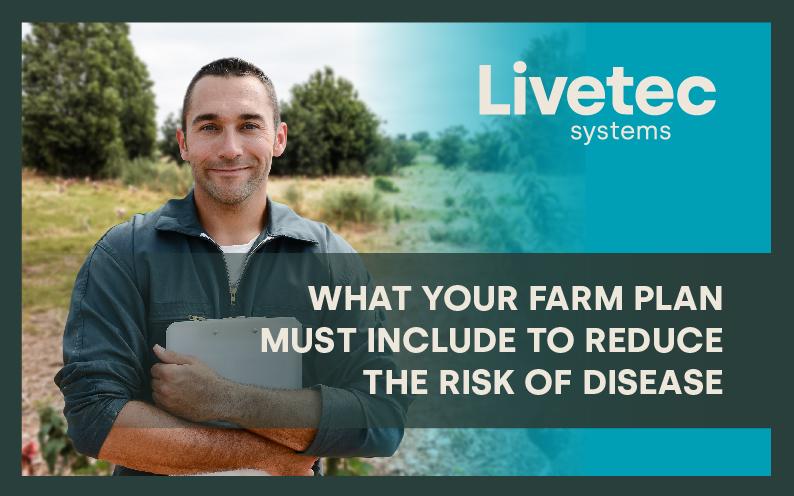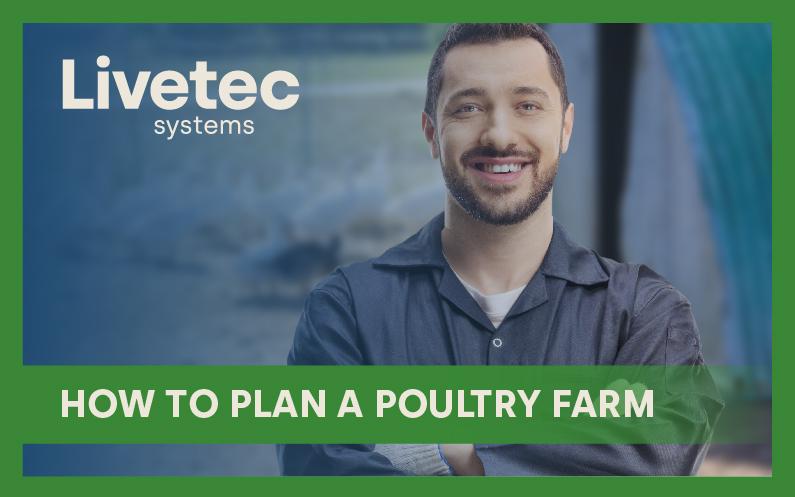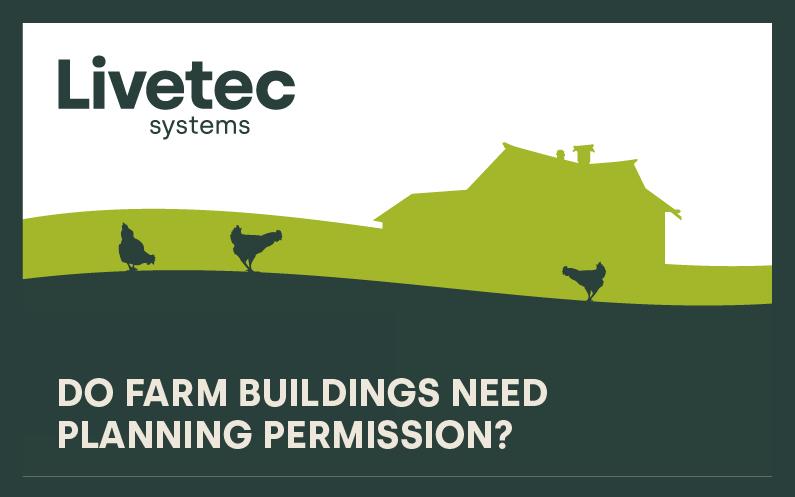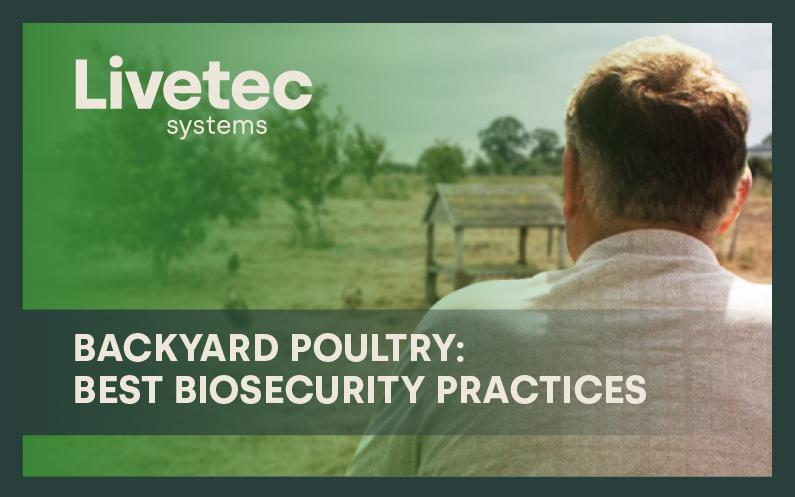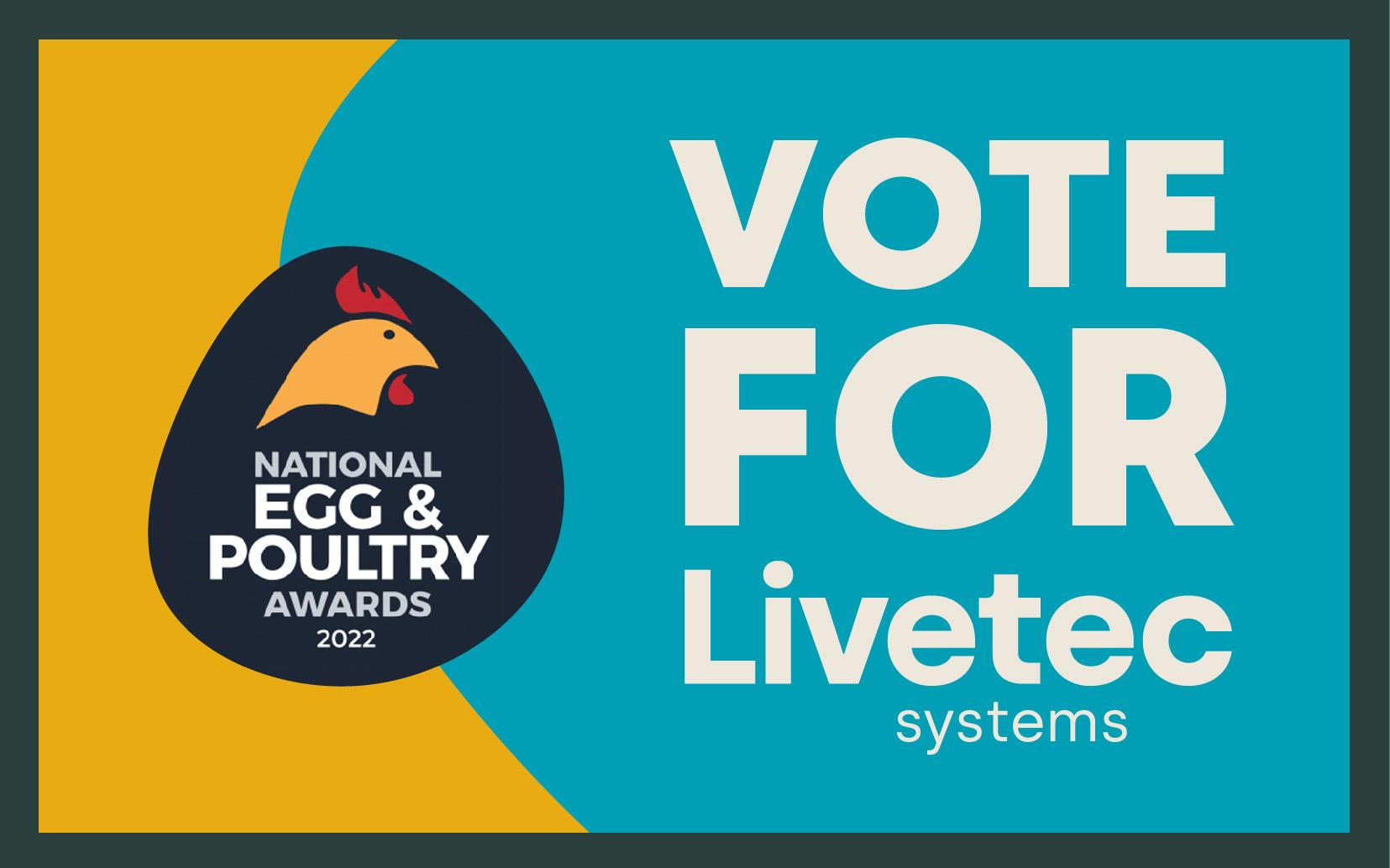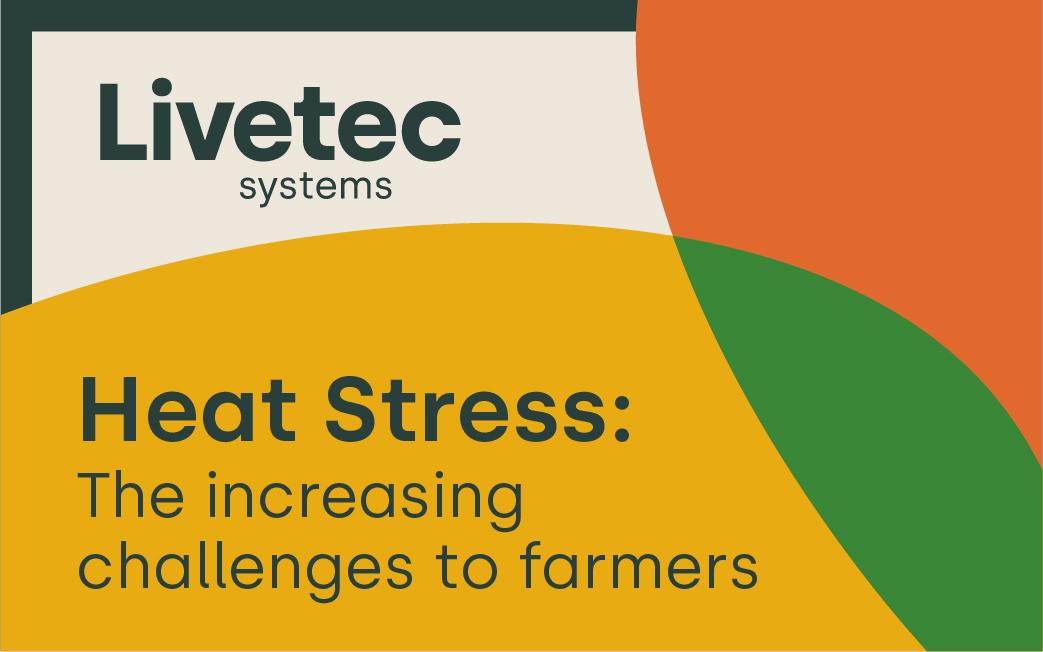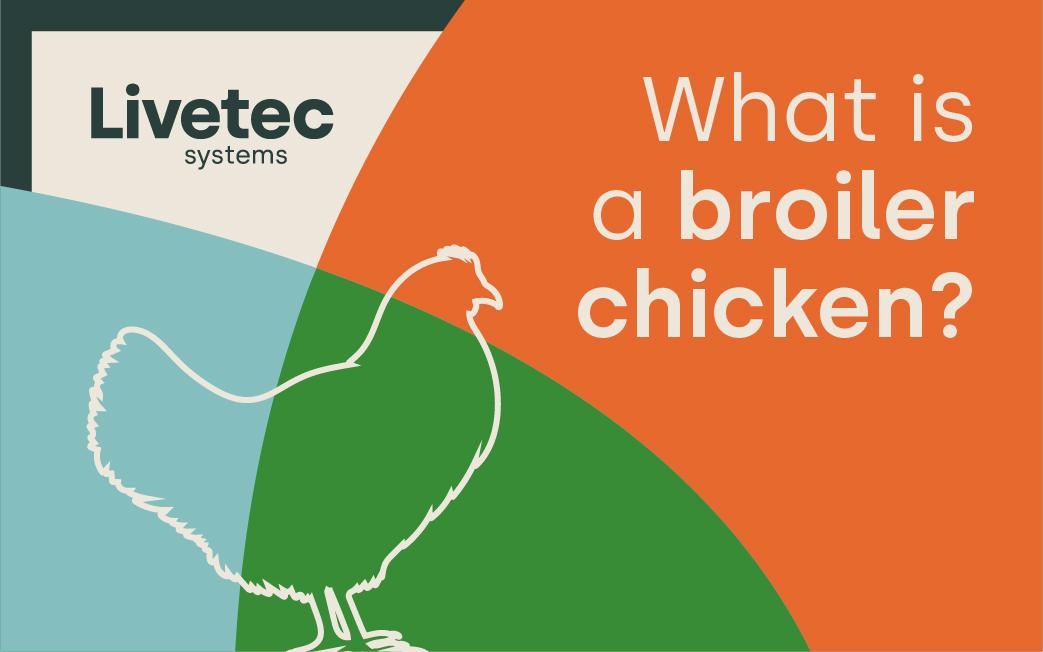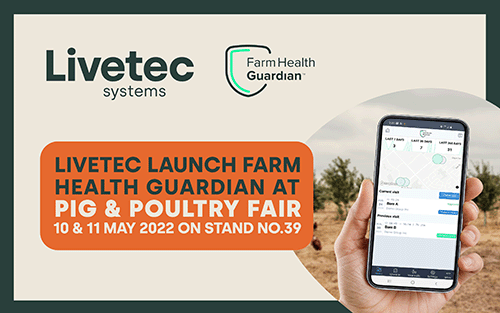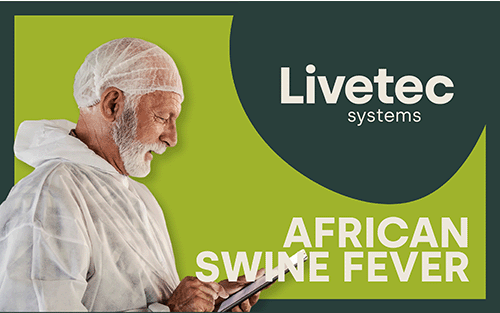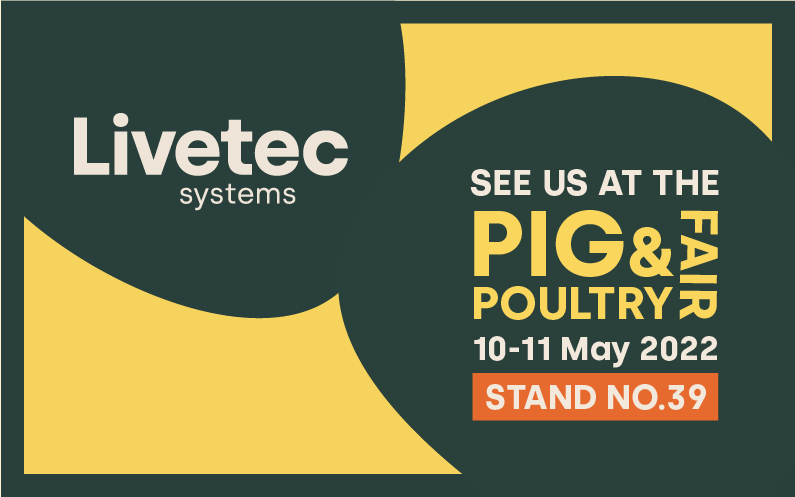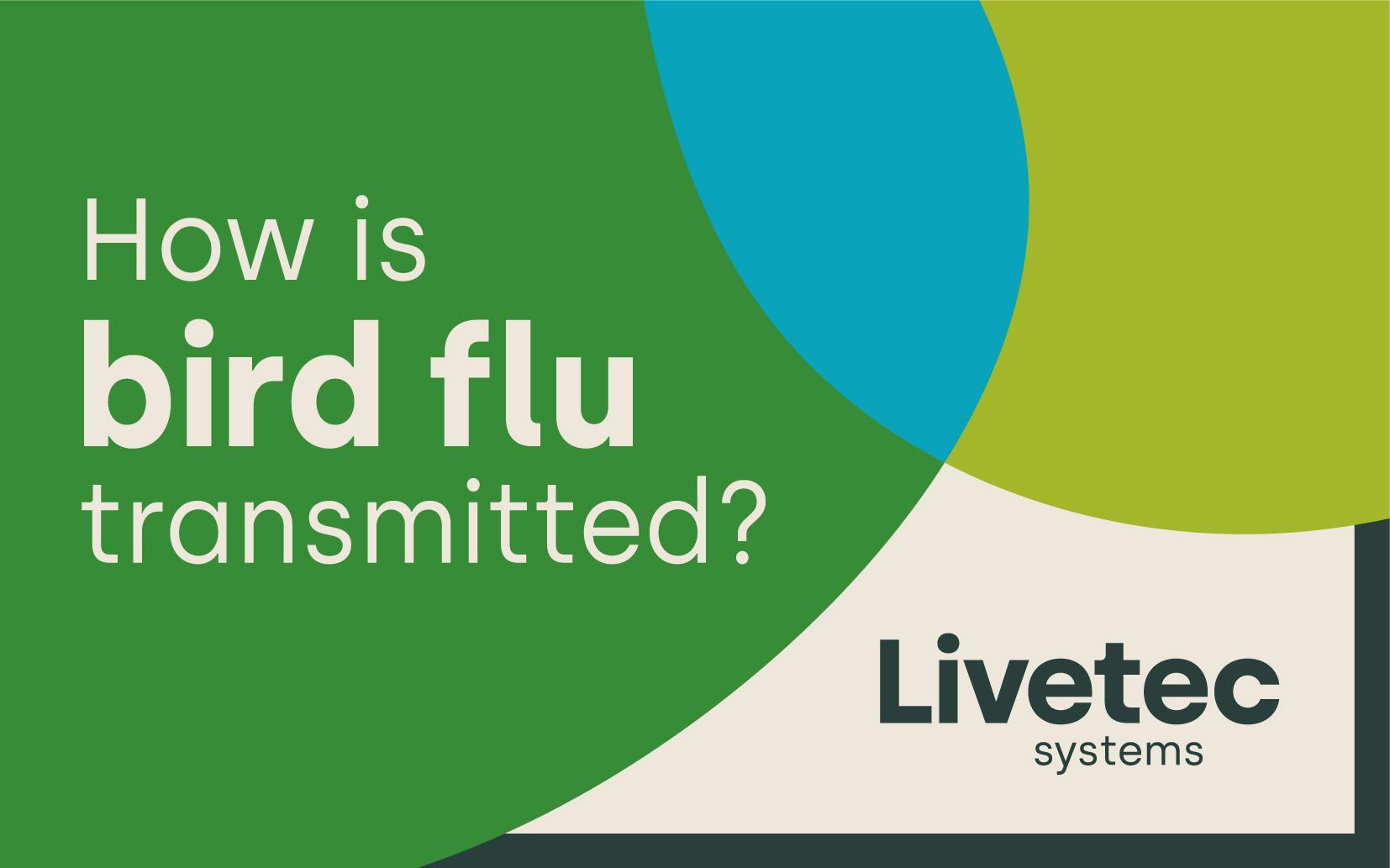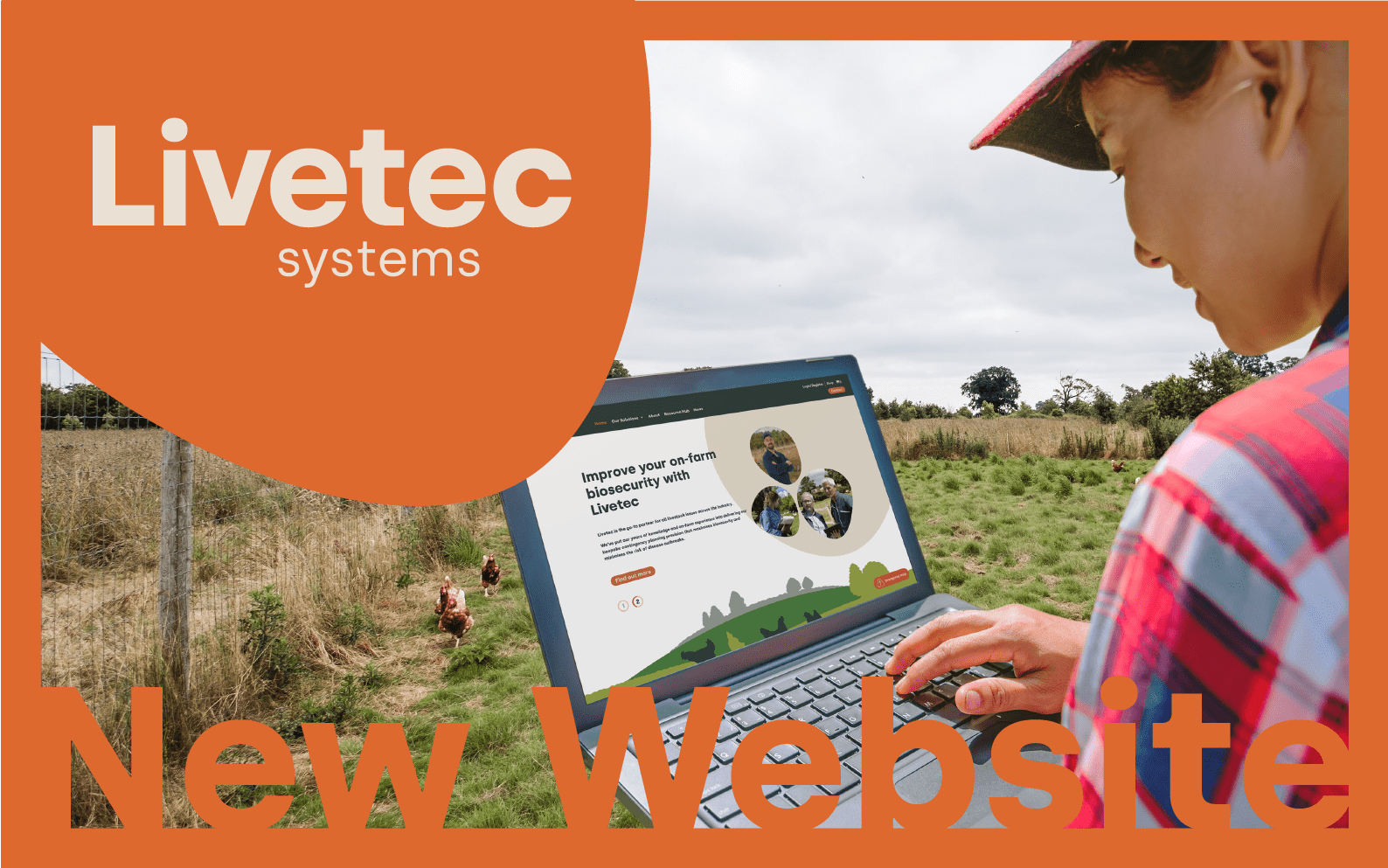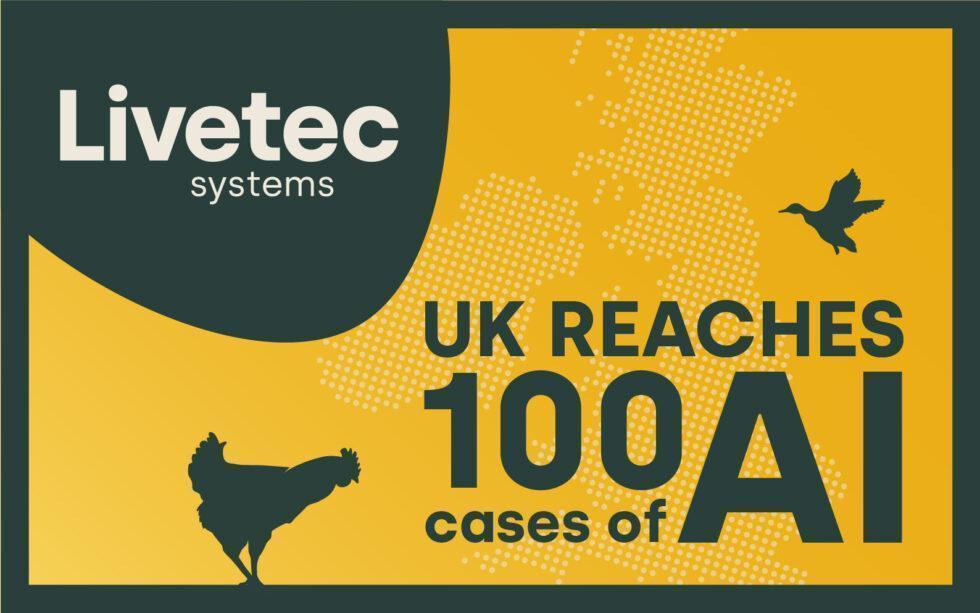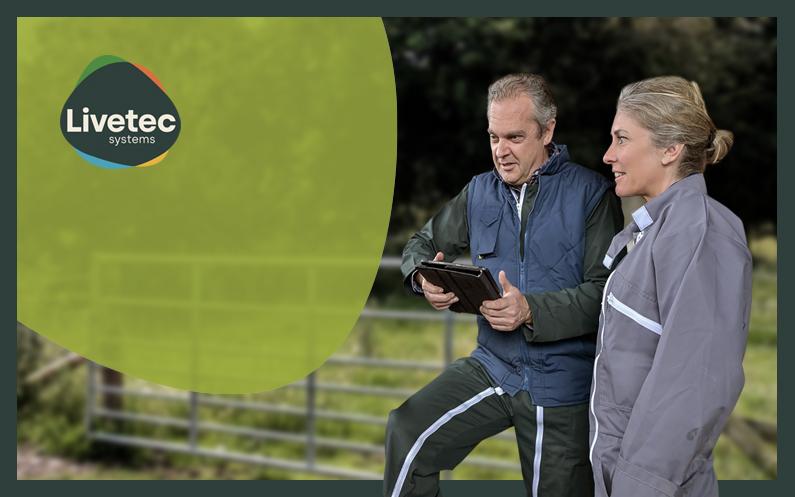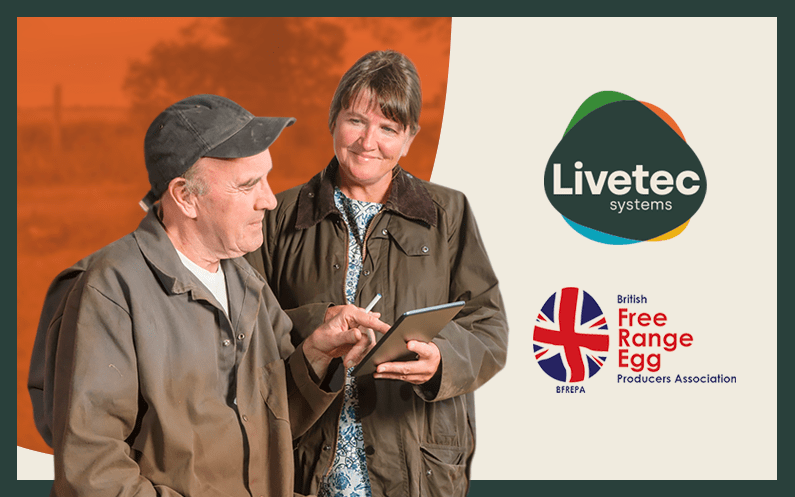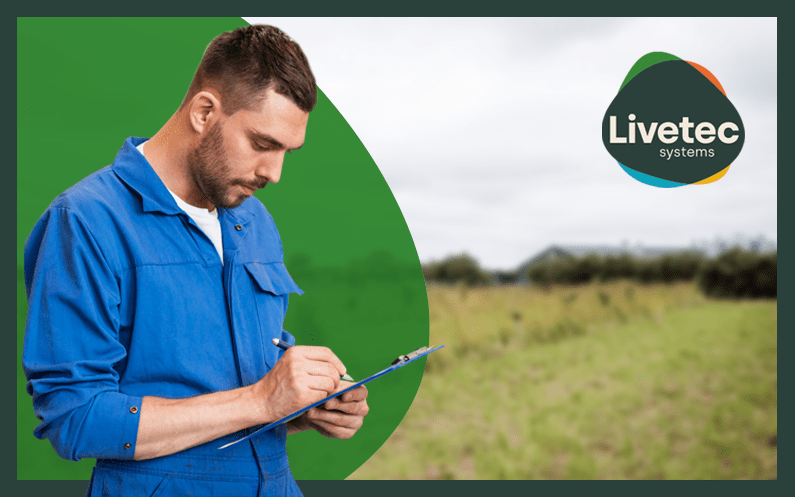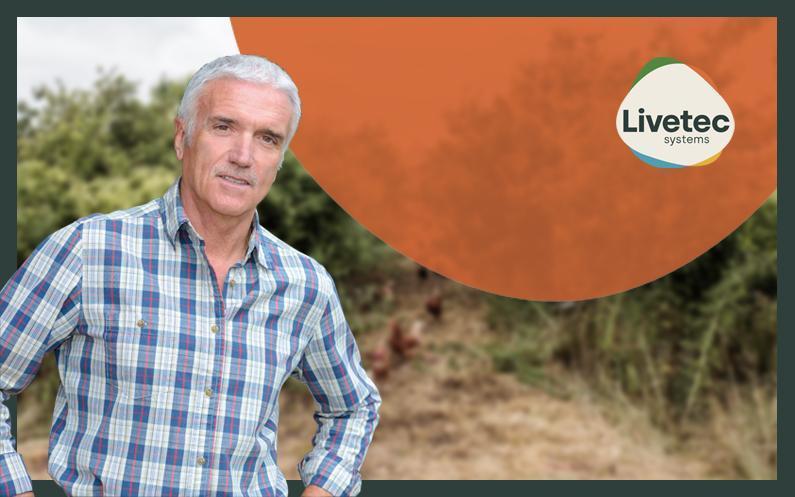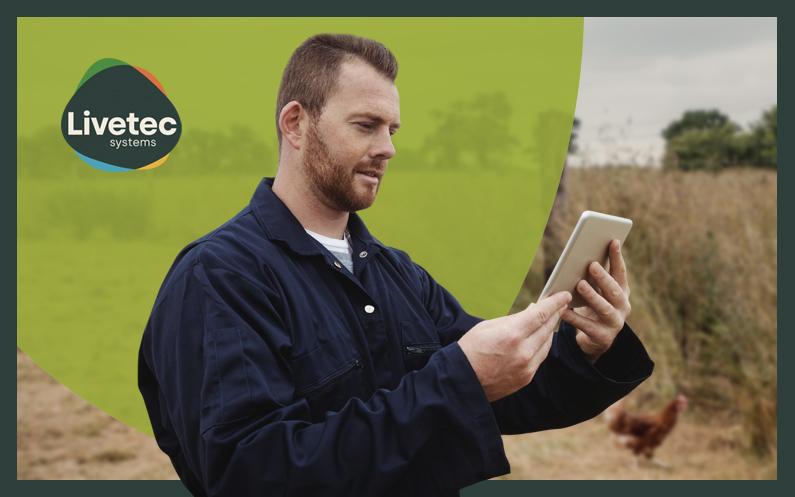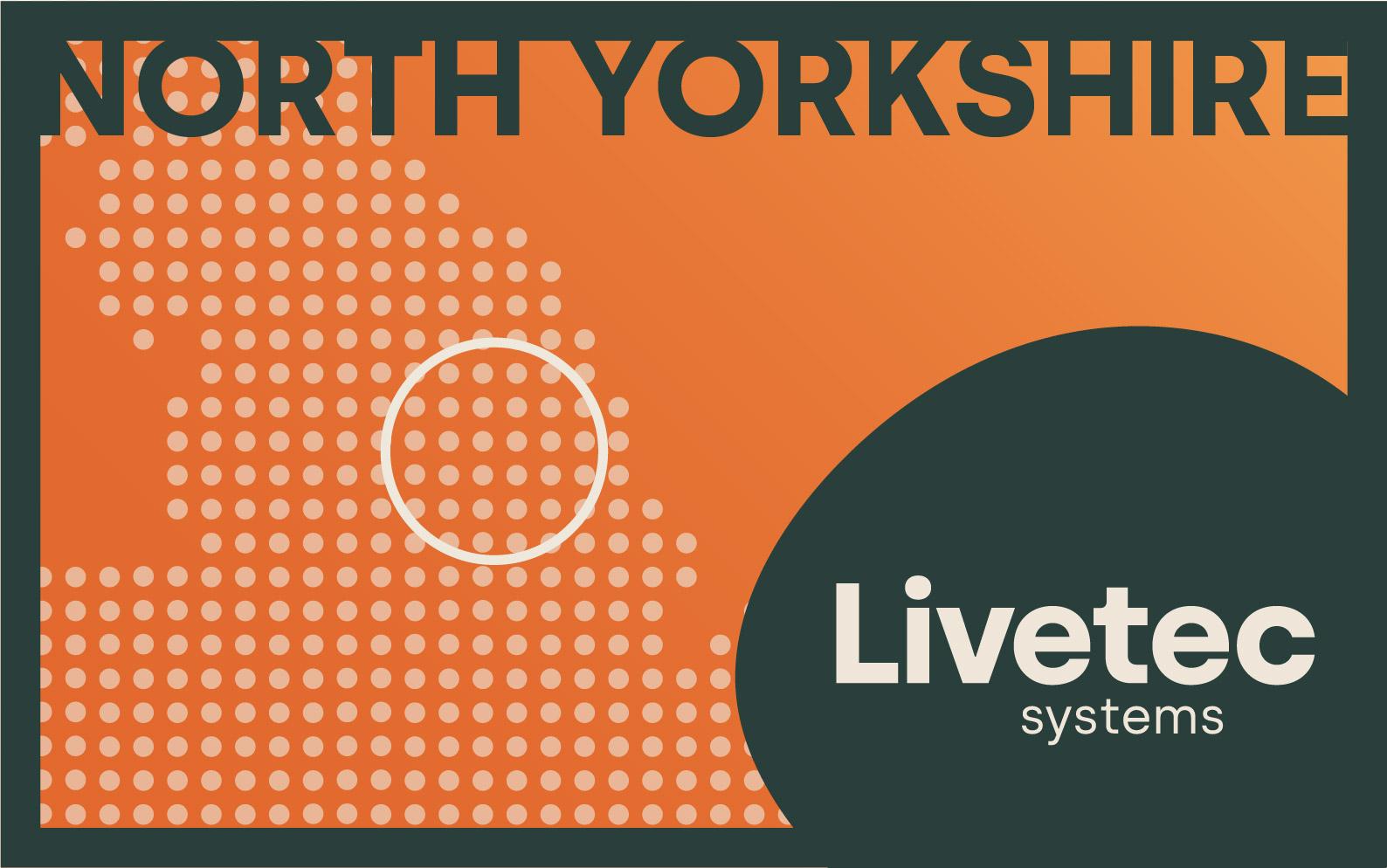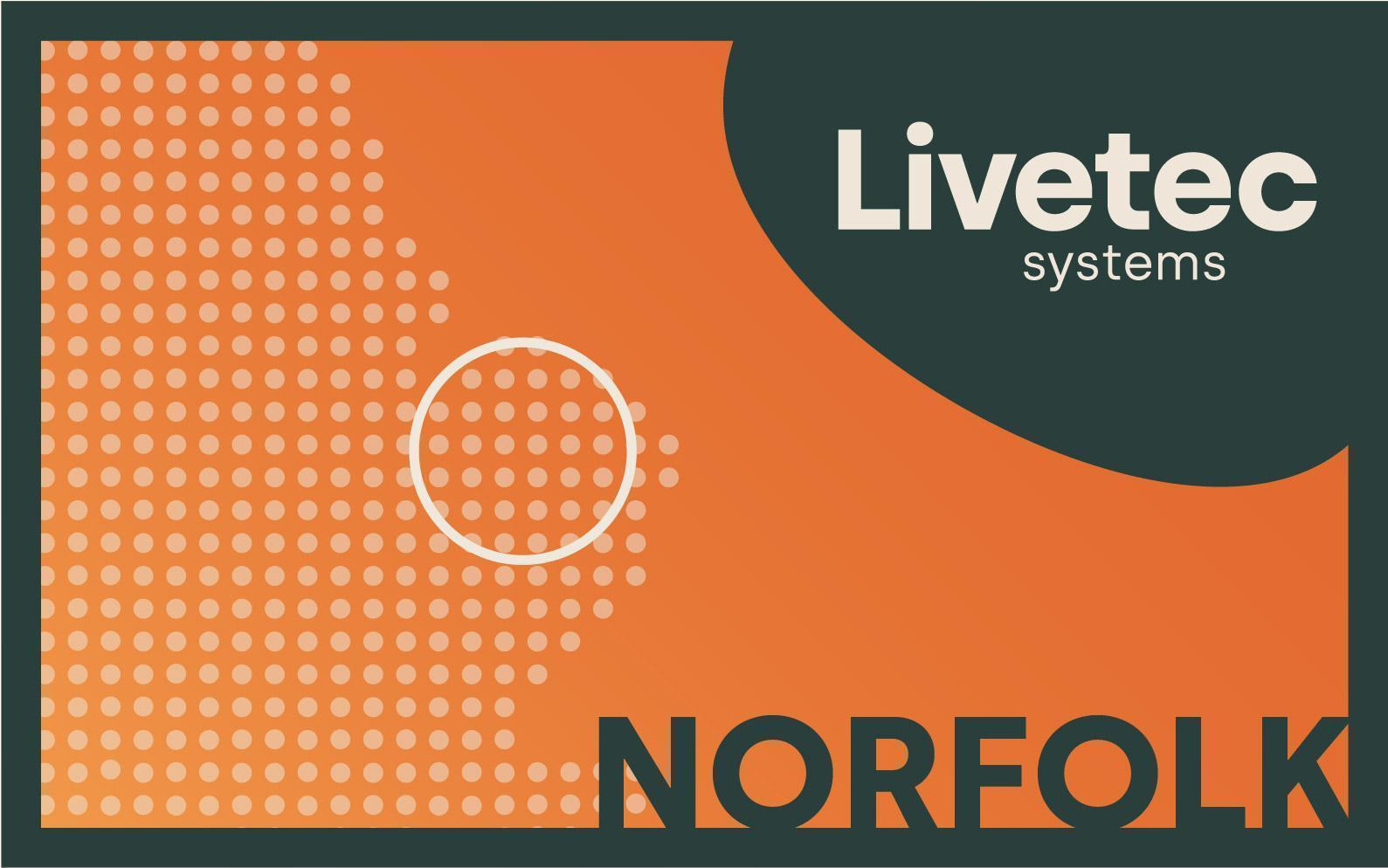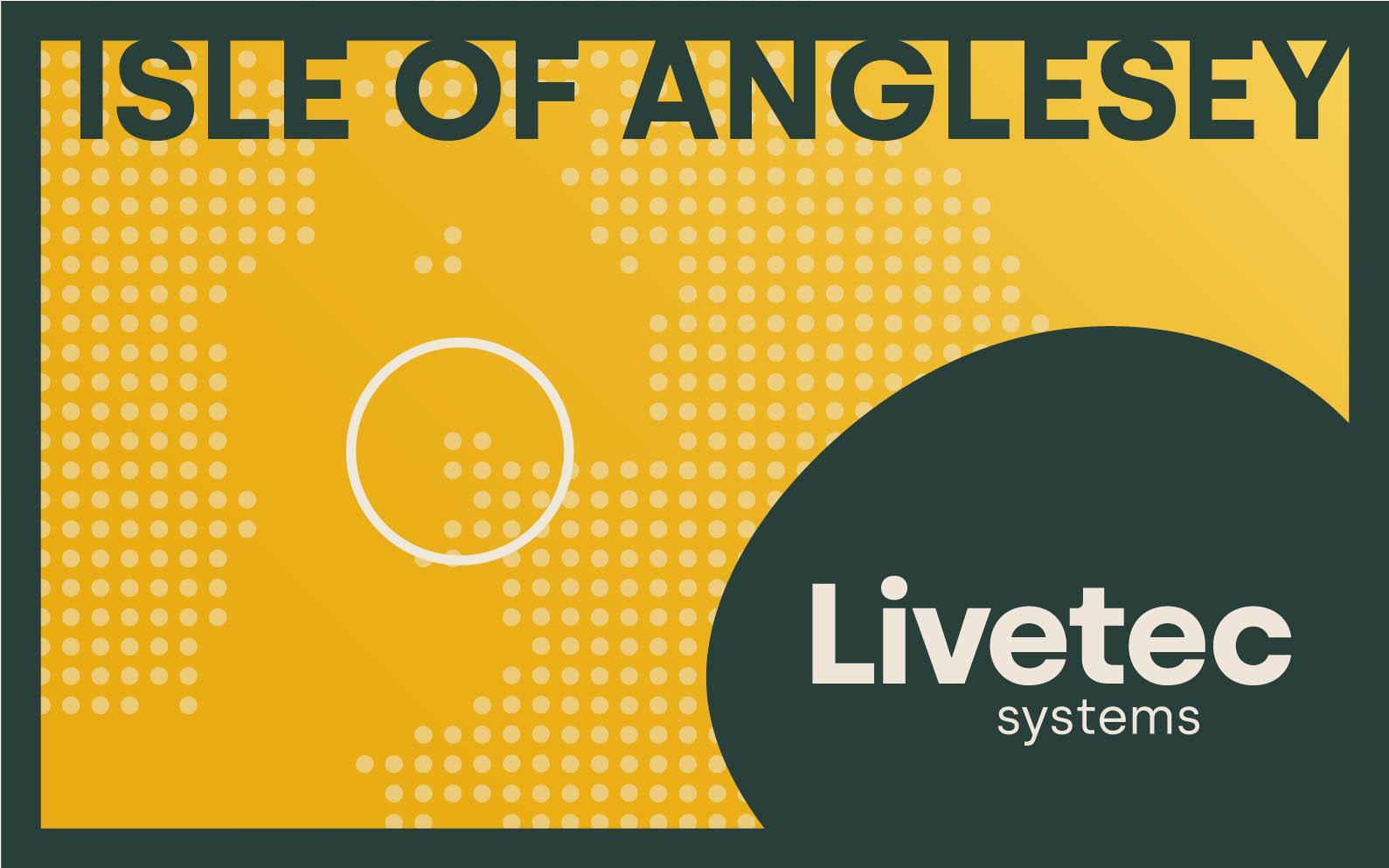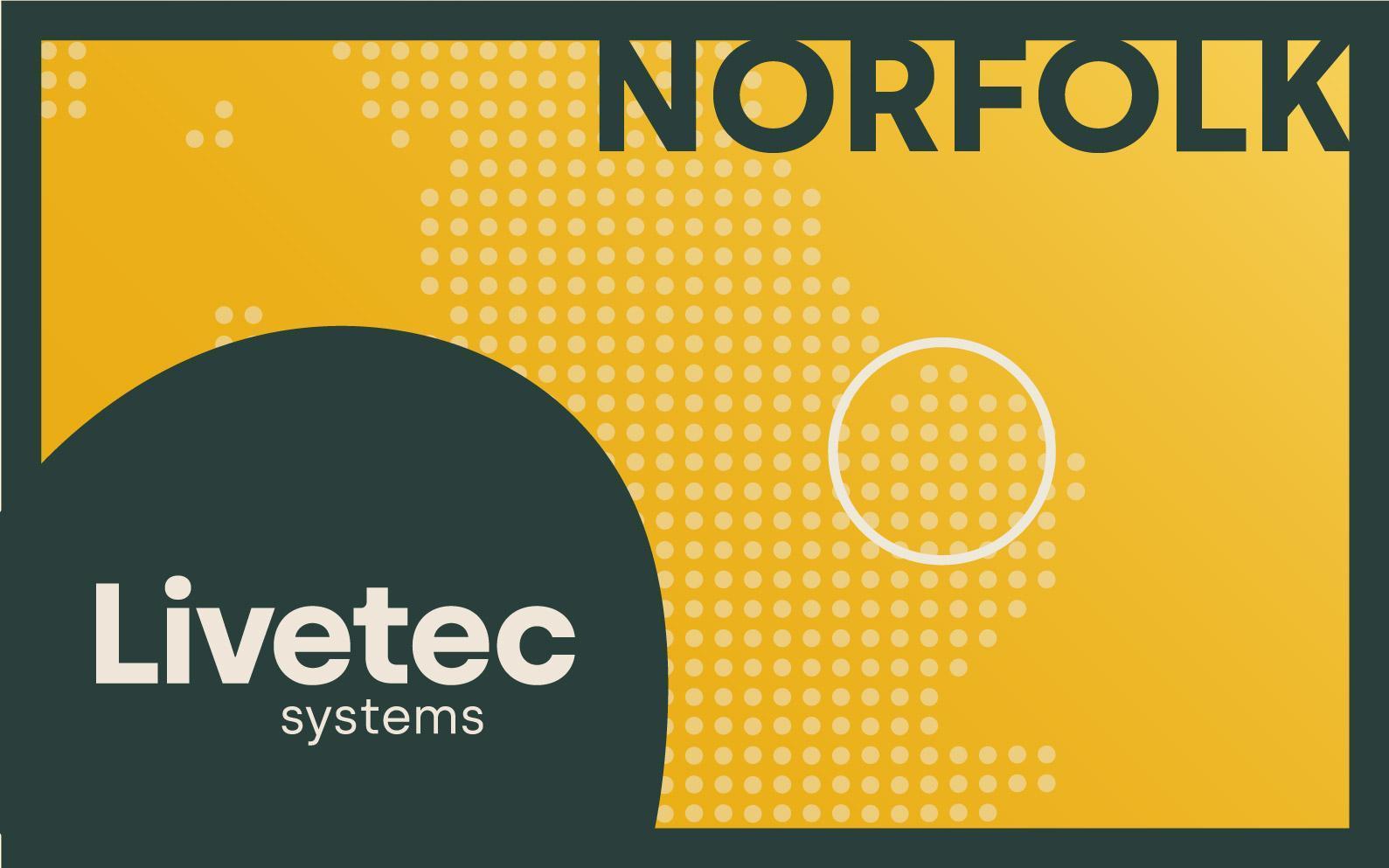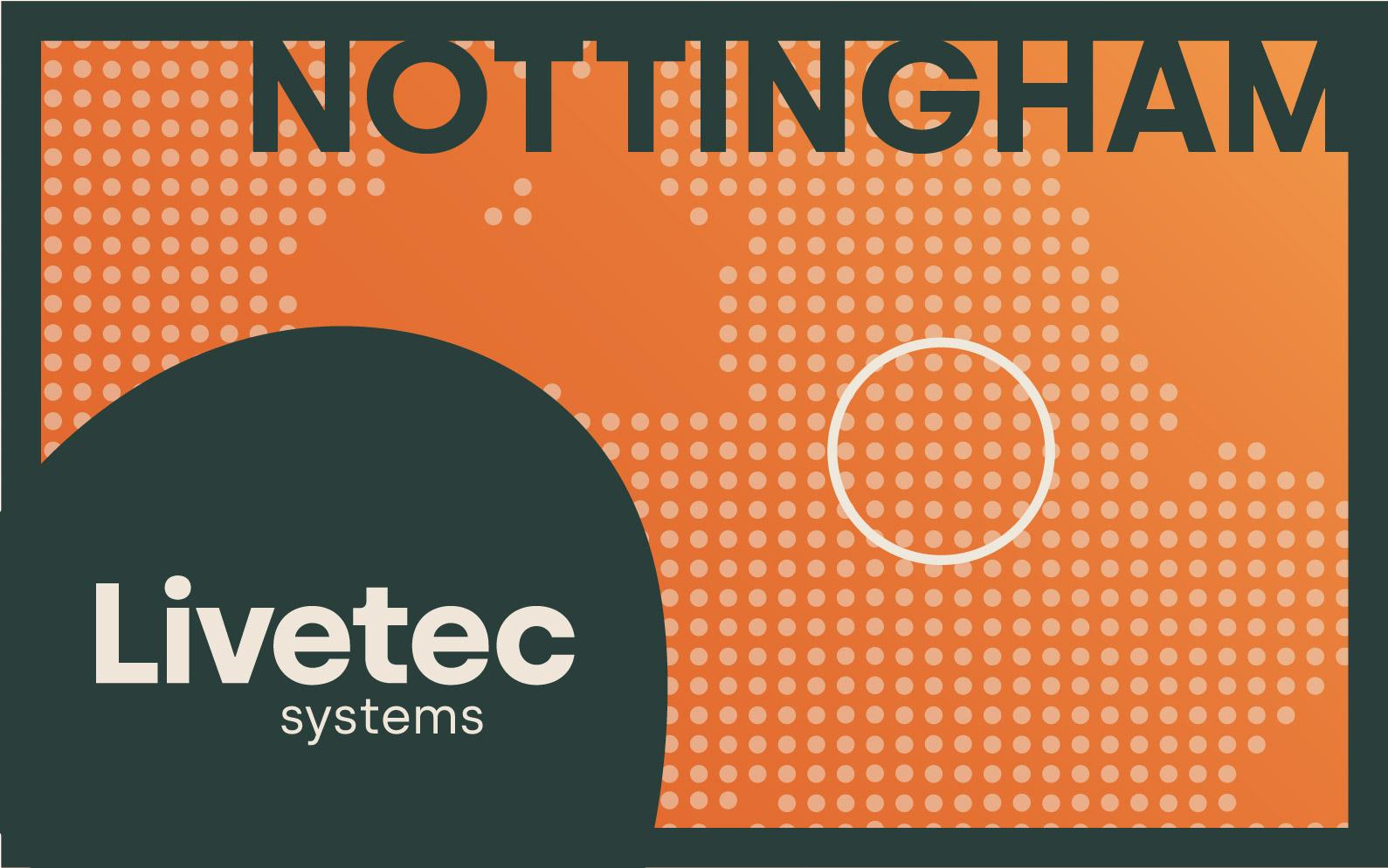Biosecurity is your single, strongest line of defence against the threat of disease. As the most critical factor protecting the health and wellbeing of your livestock, you can’t afford not to have the most robust, future-proofed strategy possible in place working around the clock to safeguard your animals and your business.
Truly effective biosecurity encompasses every building on your farm, every operation and every process carried out daily. It covers everything from where animal housing is located, how well it is maintained and how animals move around the farm, to where feed is stored, how machinery and vehicles are used as well as who has access to your land. There is no one single solution, given the sheer number of potential incursion points for disease, and no one solitary product that can provide complete protection.
While actions such as administering annual vaccinations, access to veterinary care and disinfection trays are essential components, they aren’t enough in isolation to protect against disease. A hen vaccinated against Marek’s disease as a one-day old chick, won’t be granted any protection from avian influenza due to contact with an infected wild bird through gaps in the poultry house roof or walls. Good shed maintenance which prevents that infected wild bird from entering the poultry housing, would.
Inadequate biosecurity is disastrous for livestock and livelihoods
As a longstanding Animal and Plant Health Agency trusted partner, Livetec has been on-farm for almost every notifiable disease outbreak in the UK for the last decade. We have seen first-hand the devastating and immediate impact that the presence of disease has on animal and farmer welfare, and the long lasting financial repercussions that follow.
In its reports from the last avian influenza season, government scientists and veterinarians attributed the presence of disease to poor or inadequate levels of biosecurity in a vast number of reported cases. Widespread depopulation and a handing over of operations to the APHA was the unfortunate reality for impacted poultry farmers.
Understanding the reality of poor biosecurity for farm businesses
Not prioritising high standards of biosecurity may appear to be a time and money saver in the short term. However, these false economies come with longer-term consequences serious enough to undermine the viability of the entire farm business.
Loss of livestock: If you do not have adequate disease prevention and control measures in place, your unpreparedness actively places your entire herd or flock at risk of depopulation. The emotional, animal, financial, and business impacts are enormous, with a loss of productivity, an inability to meet commercial agreements, the cost of making the premises safe to inhabit and the financial burden of restocking just some of the hardships that can be expected.
Operational downtime: If a notifiable disease is confirmed on-farm, your operations will be halted, with no movement of livestock on or off farm for a designated period of time. Your operation will effectively shut down, something no farm business can afford to happen.
If a disease outbreak is confirmed, APHA will take control of the farm, meaning you’ll no longer be able to go about your business as usual. This downtime will immediately hit productivity, may mean that you aren’t able to fulfil your commercial obligations and could mean that you’re not able to rotate in new stock as planned, throwing subsequent production cycles off course.
A lack of operations has clear financial consequences and could leave you substantially out of pocket.
The length of time that your operations are halted will depend on the nature of the disease. In the case of avian influenza, you won’t be permitted to restock until 21 days after the disinfection process (which follows depopulation) has been completed, which can take up to the same amount of time to even get approved.
Very few businesses can absorb the cost of such a prolonged period of restrictions. It makes much clearer business sense to mitigate against the risk of disease to avoid this scenario, than to deal with a preventable outbreak and its lengthy impact on operations.
A high financial cost: One of the most pressing problems for farmers feeling the impact of poor biosecurity is the high financial cost they pay. Financial repercussions are immediate and longer term, tangible, and intangible. They place enormous pressure on the farm business and its ability to operate in the black.
Some of the costs associated with a disease outbreak include:
- The lost ROI from animal welfare (such as feed and veterinary bills) to maintain the livestock up until the point of disease outbreak
- The cost of depopulation procedures
- Lost income from having no product to sell
- The cost of disinfecting and cleaning following a breakout
- The cost of restocking
- The cost of time lost between production cycles
- The longer term cost of damage to your reputation
Loss of reputation: Any outbreak of disease can leave your business facing reputational damages which can be extremely challenging to overcome.
News of a disease outbreak can raise questions about the welfare standards in place on-farm, can result in negative media coverage and may see your membership to assurance schemes such as Red Tractor placed in jeopardy.
Question marks around biosecurity practices can also make it more difficult to win new commercial contracts and hit productivity levels after the outbreak has been brought under control.
Any outbreak of disease on your premises can also impact on neighbouring farms and see their farm businesses forced to operate under tighter restrictions. This has a knock-on effect with those businesses then facing reputational, operational, and financial consequences.
The problem of worker wellbeing: An often overlooked consequence of leaving biosecurity as an afterthought is the impact that any outbreak can have on the wellbeing of yourself and your team.
Great Britain has a proud tradition of agriculture and high standards of animal welfare, with most farm workers and farmers caring deeply about the livestock under their care. Seeing preventable disease causing illness, pain, or suffering can be difficult to deal with, while depopulation can be devastating to those involved in the day-to-day care of the animals impacted.
As in any other industry, workplace wellbeing is vitally important, with poor well being recognised as being a source of stress, depression, irritability and declining mental health. Recruitment may also prove challenging if concerns around wellbeing are known to be an issue, leaving you without the expertise and manpower needed to run your farm business.
Can you really afford not to be proactive about biosecurity?
Disease incursion is a present and growing threat for all farmers. Leaving biosecurity to an afterthought isn’t sustainable – with disease incursion and its myriad financial, operational and welfare consequences inevitable for those who don’t take a proactive, forward-thinking stance.
There is no excuse for a lack of biosecurity in any modern farm business.
If you’re a broiler farmer, research shows you need to dedicate just 8% of your total work time to achieve a good standard of biosecurity. On an egg laying farm, good biosecurity requires just 5% of your time.
For all types of farm businesses, the cost of good biosecurity is around 1.2% of total business costs. This amount is dwarfed by the expenses incurred by a disease outbreak.
Partner with Livetec to protect your farm with the future of biosecurity
Livetec is the trusted name in biosecurity. We have operated at the forefront of the industry for more than a decade, and our science-backed biosecurity solutions, strategies and bespoke plans are now deployed in every corner of the country.
We routinely meet farmers on their worst days on the job and are uniquely positioned to understand the real world consequences of poor biosecurity measures.
Our world class technical solutions cover every aspect of biosecurity, giving you tailored, bespoke products to protect your farm, its livestock and your livelihood. We work in collaboration with farmers to generate stronger biosecure businesses, where animal welfare is prioritised and operations optimised.
Speak to us today about our biosecurity planning, mapping, auditing, guidance, and contingency planning. To find out more, contact Livetec.






